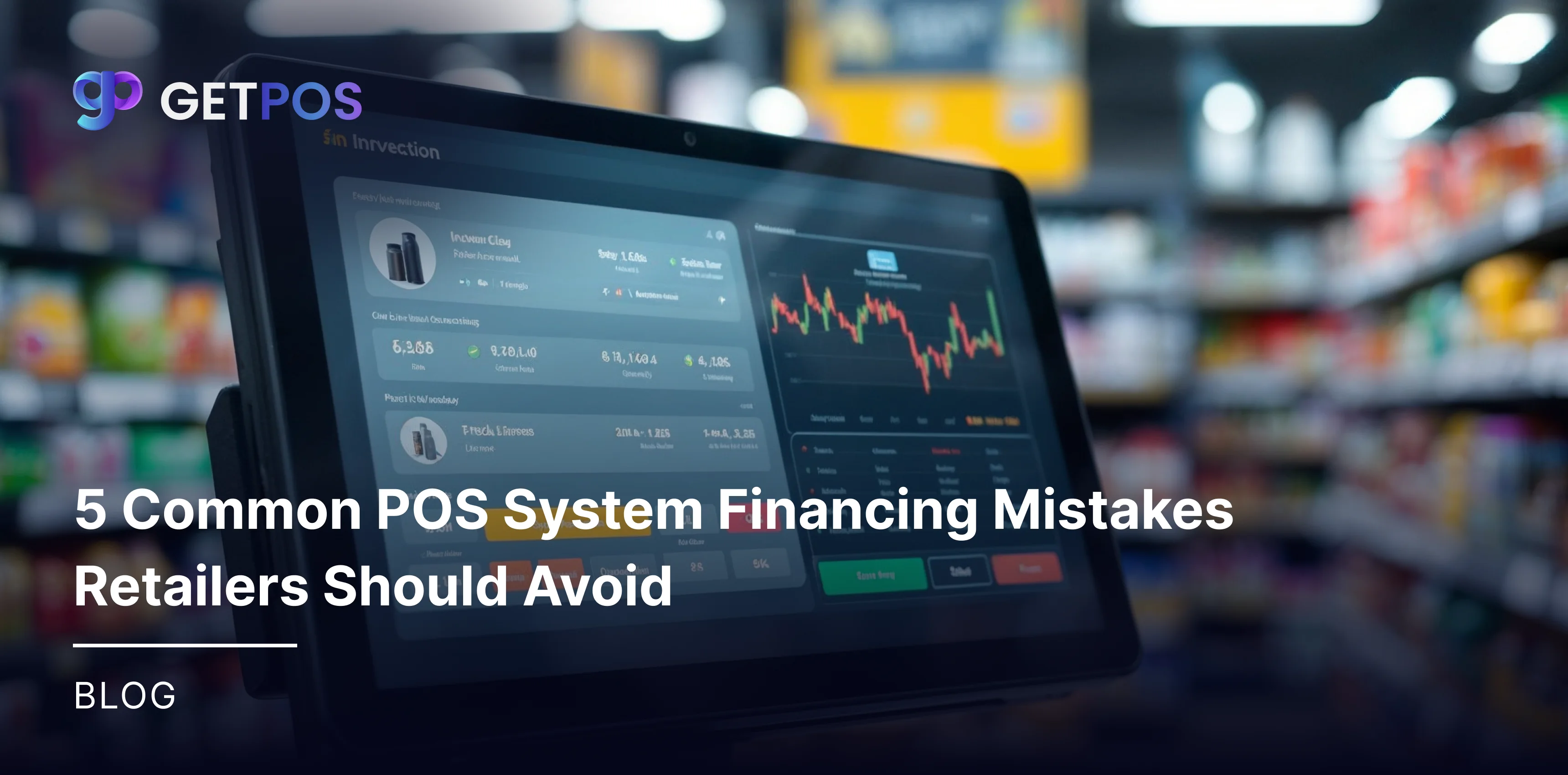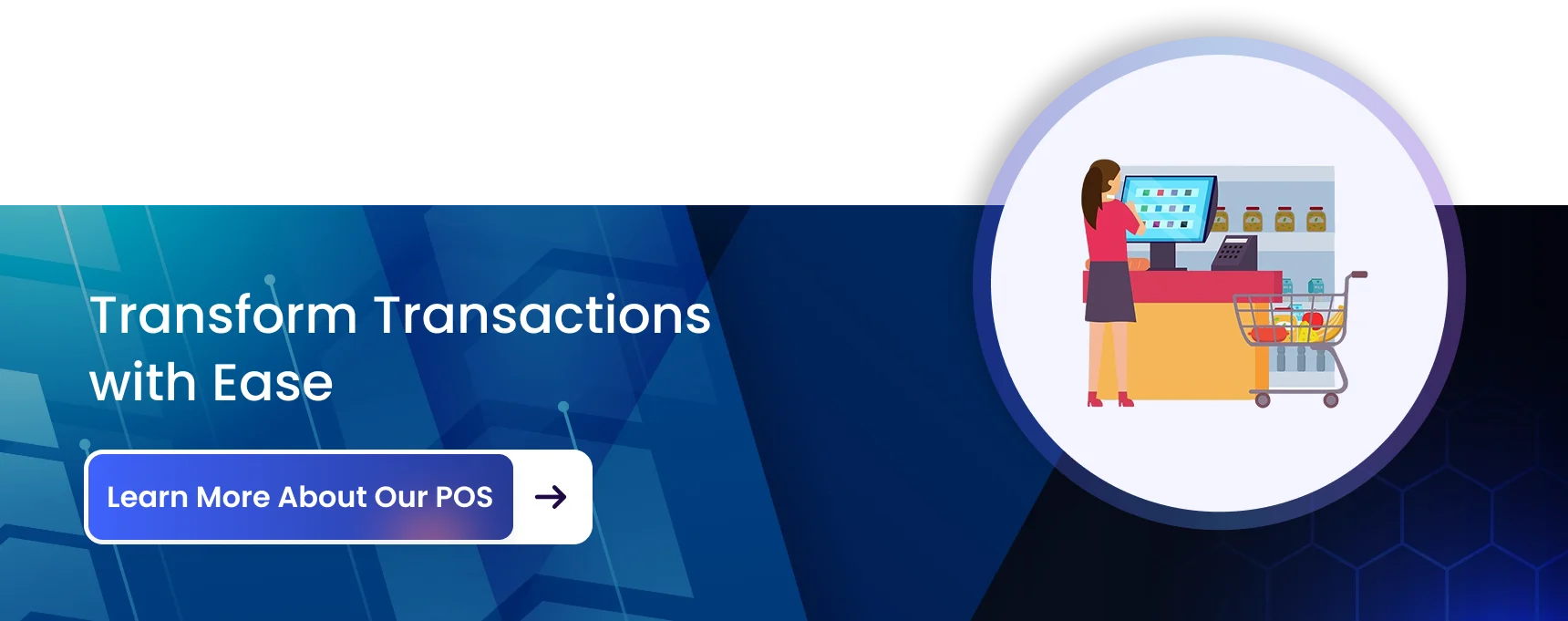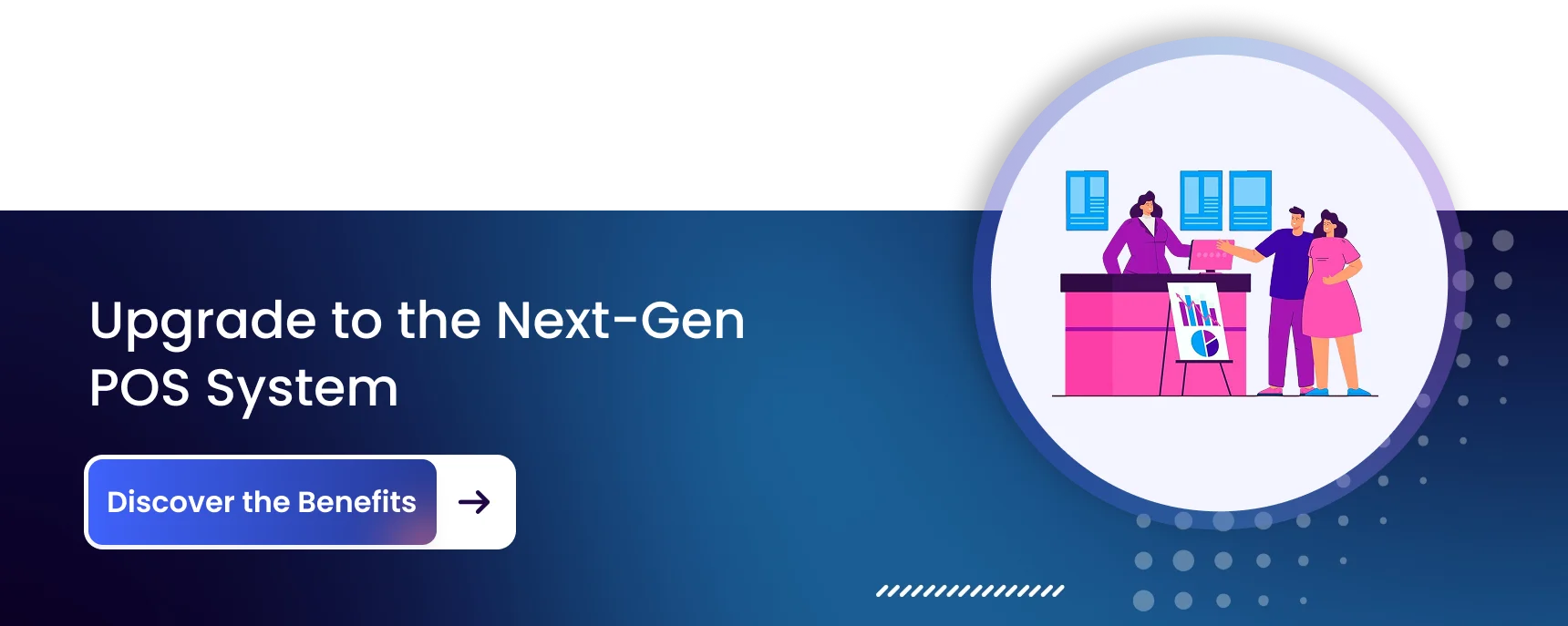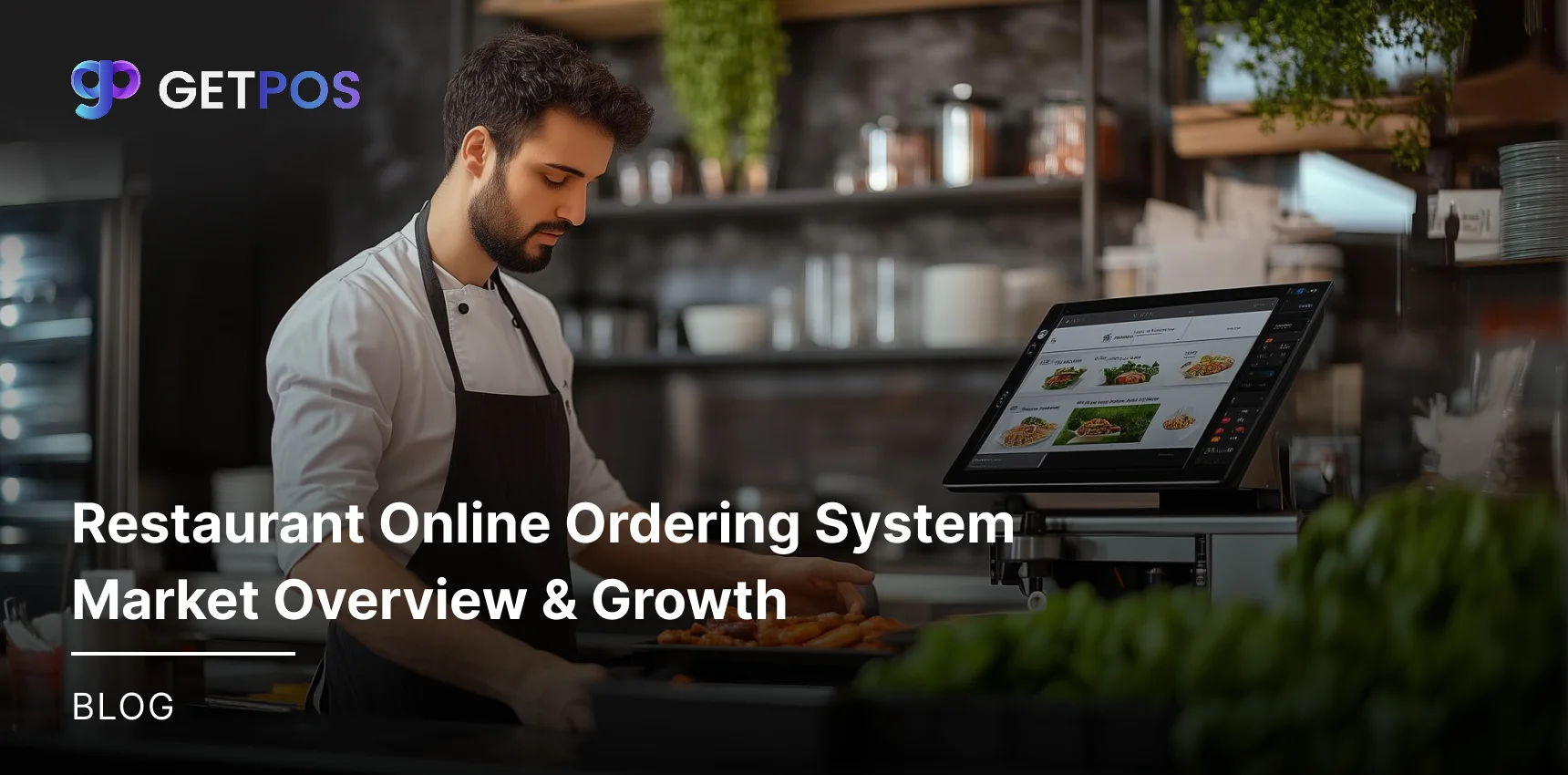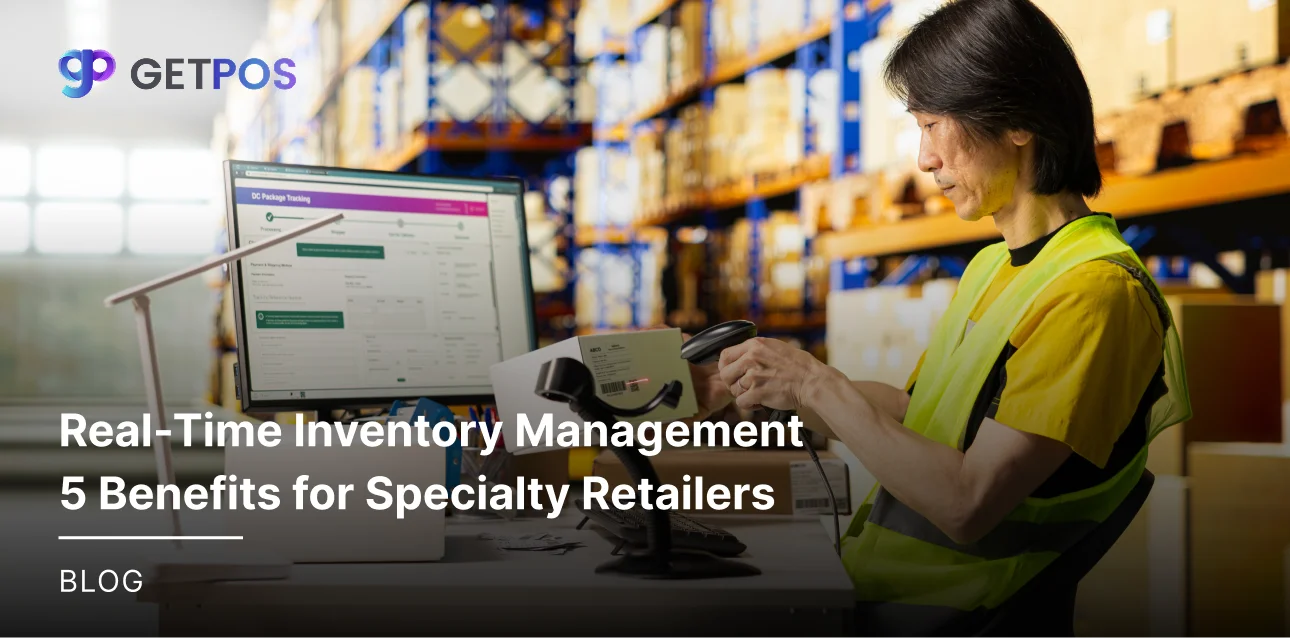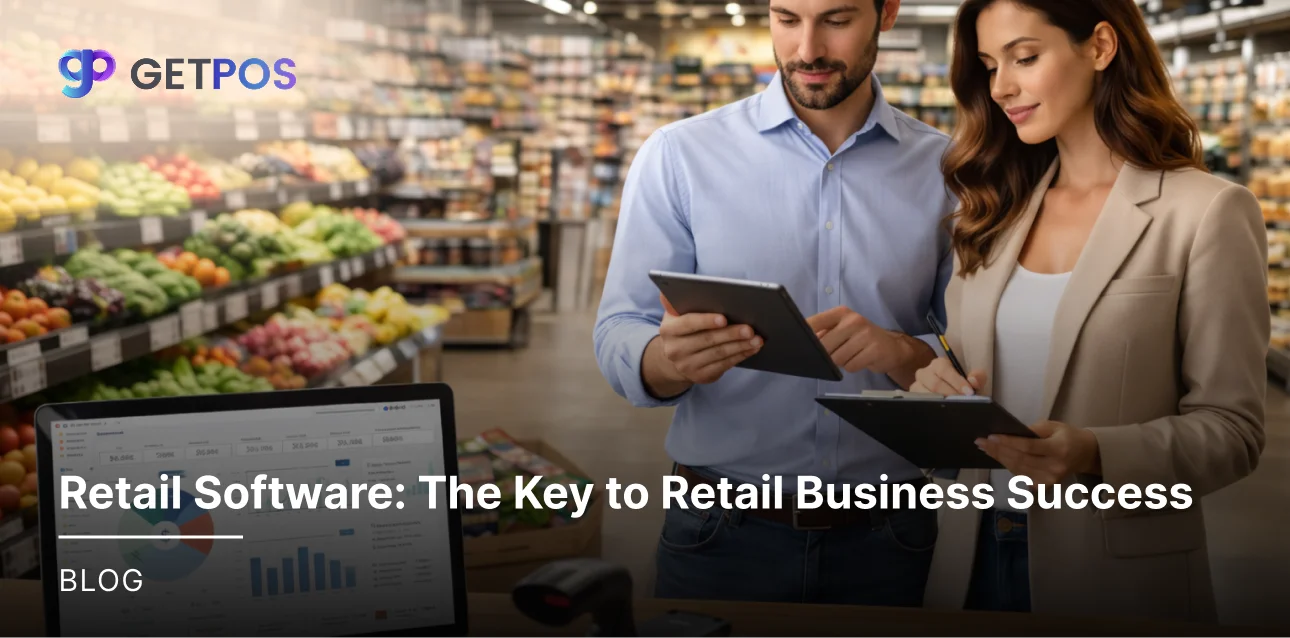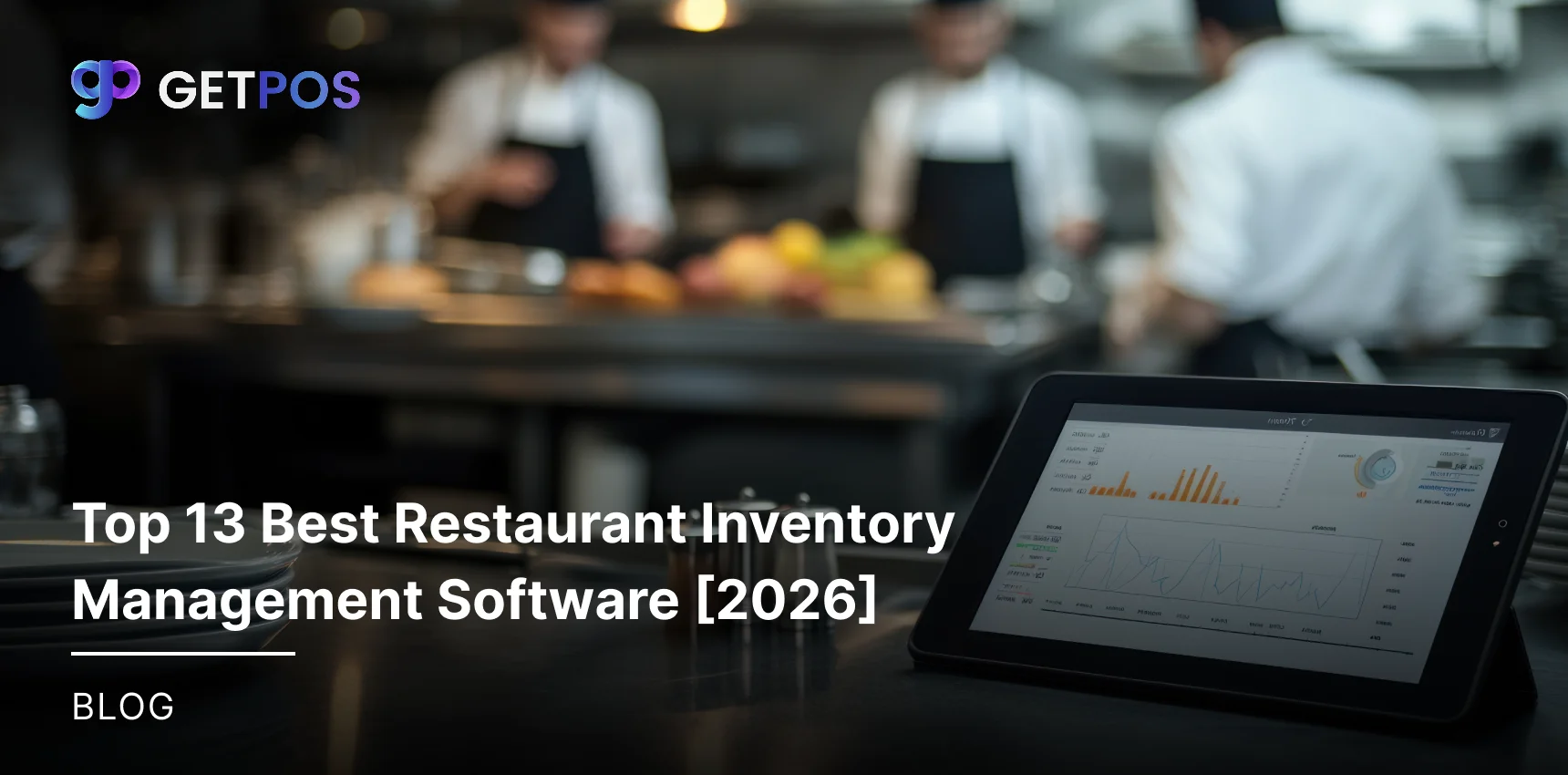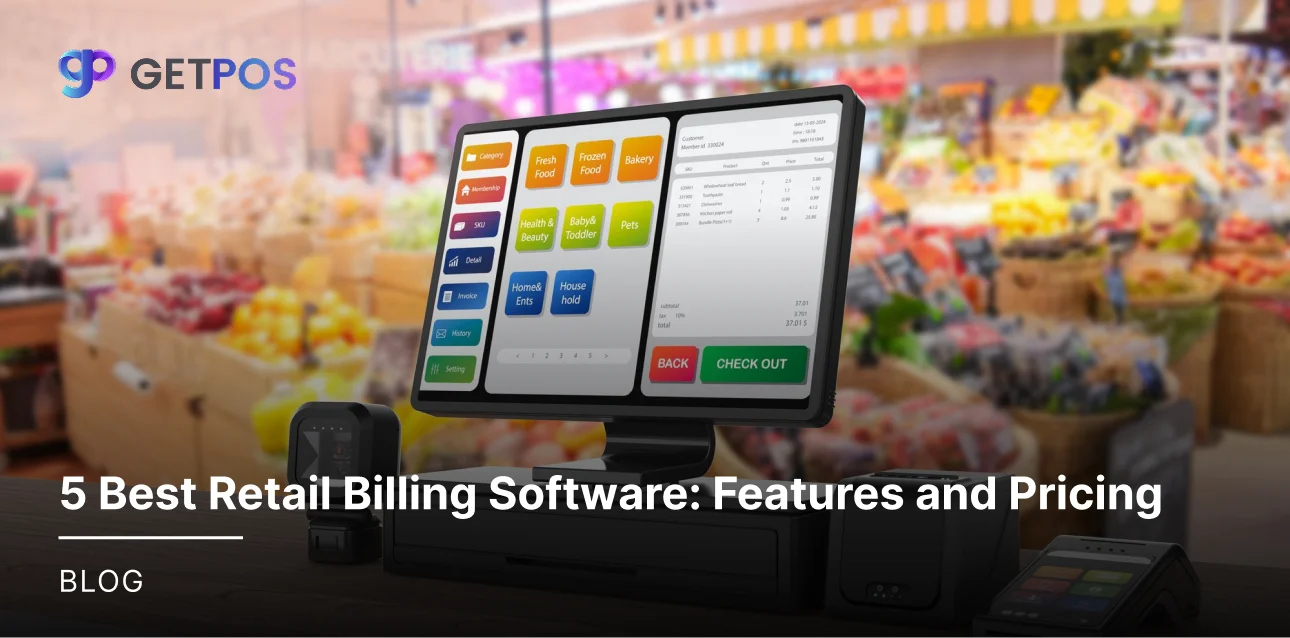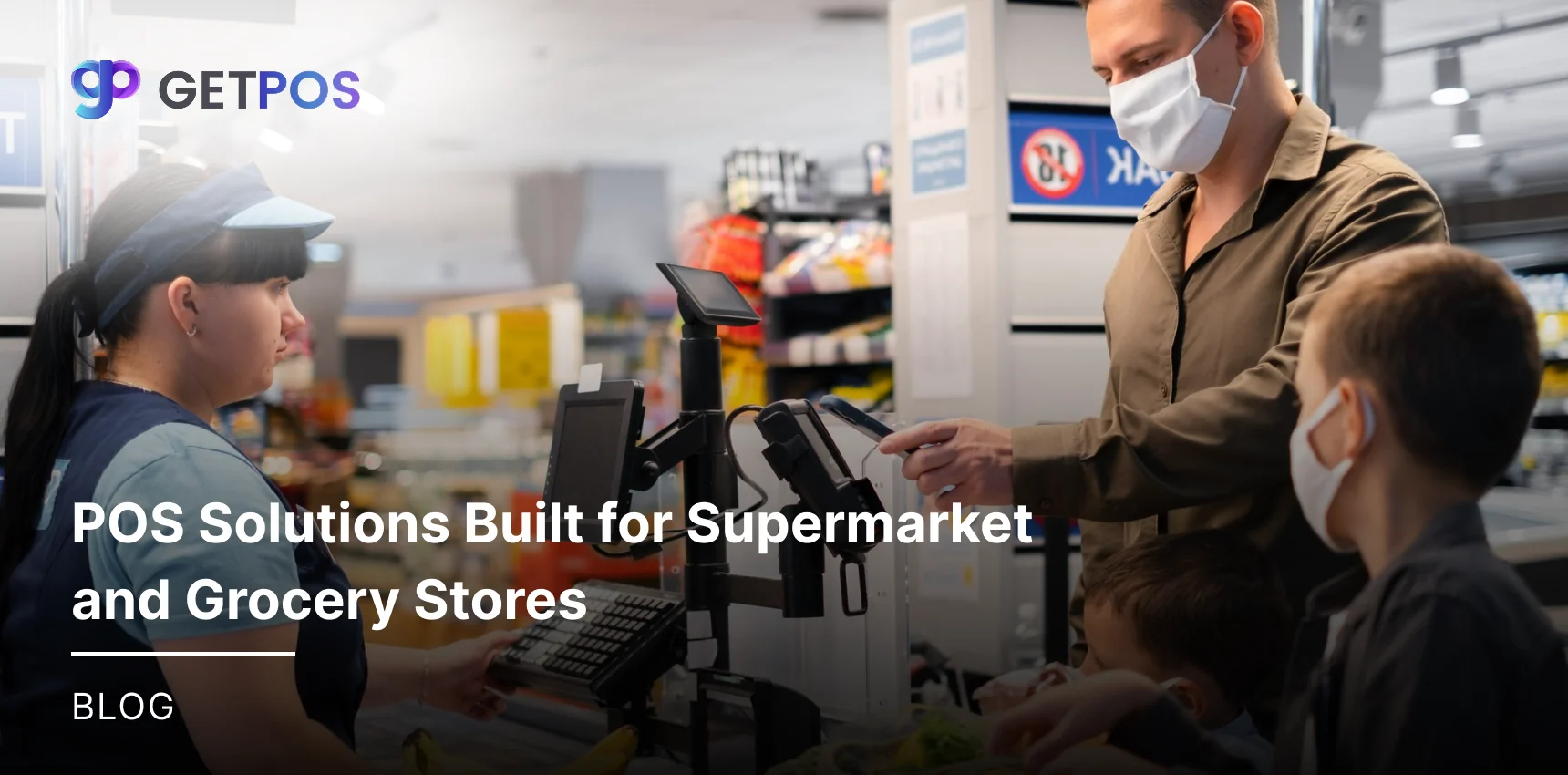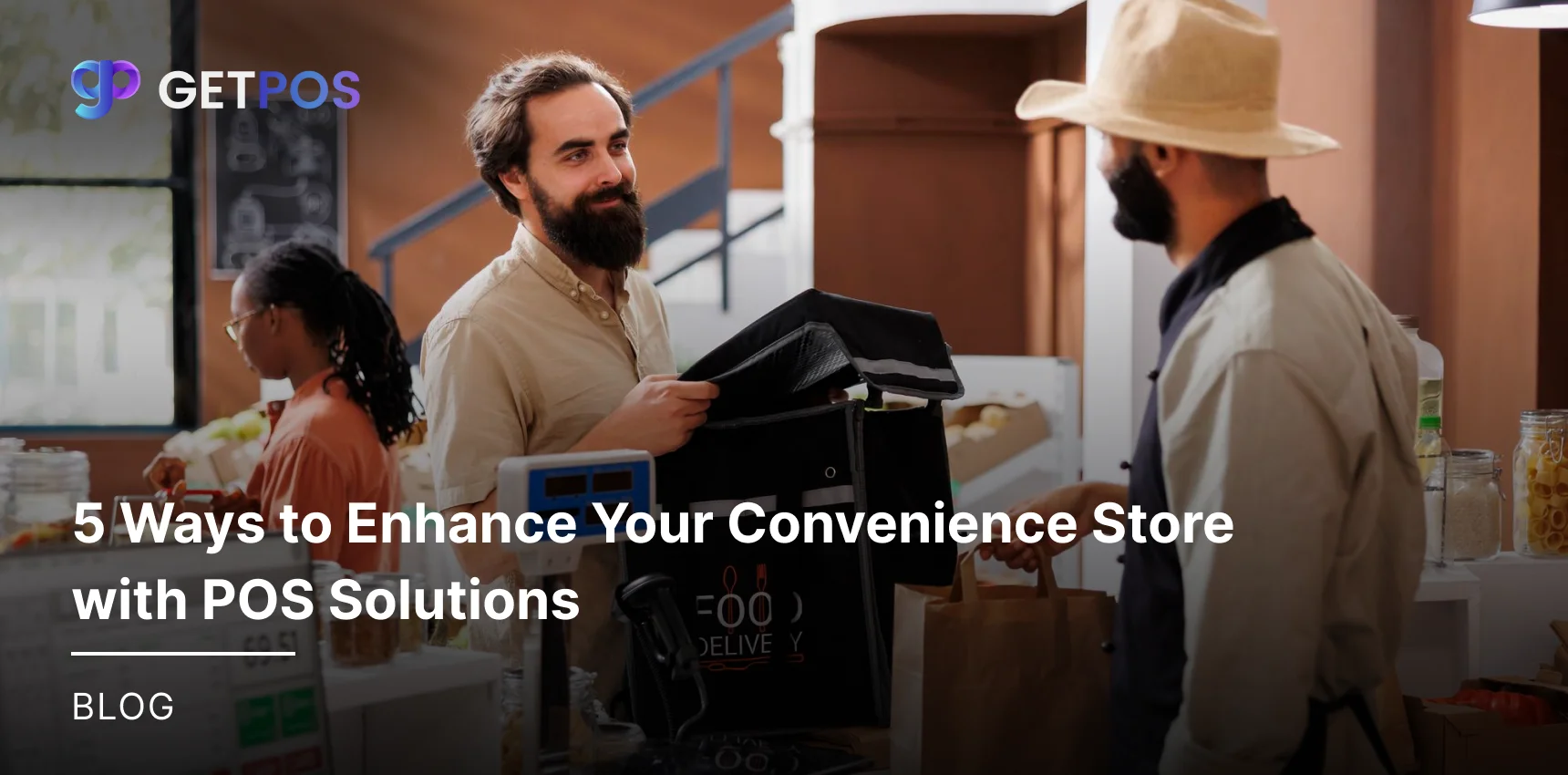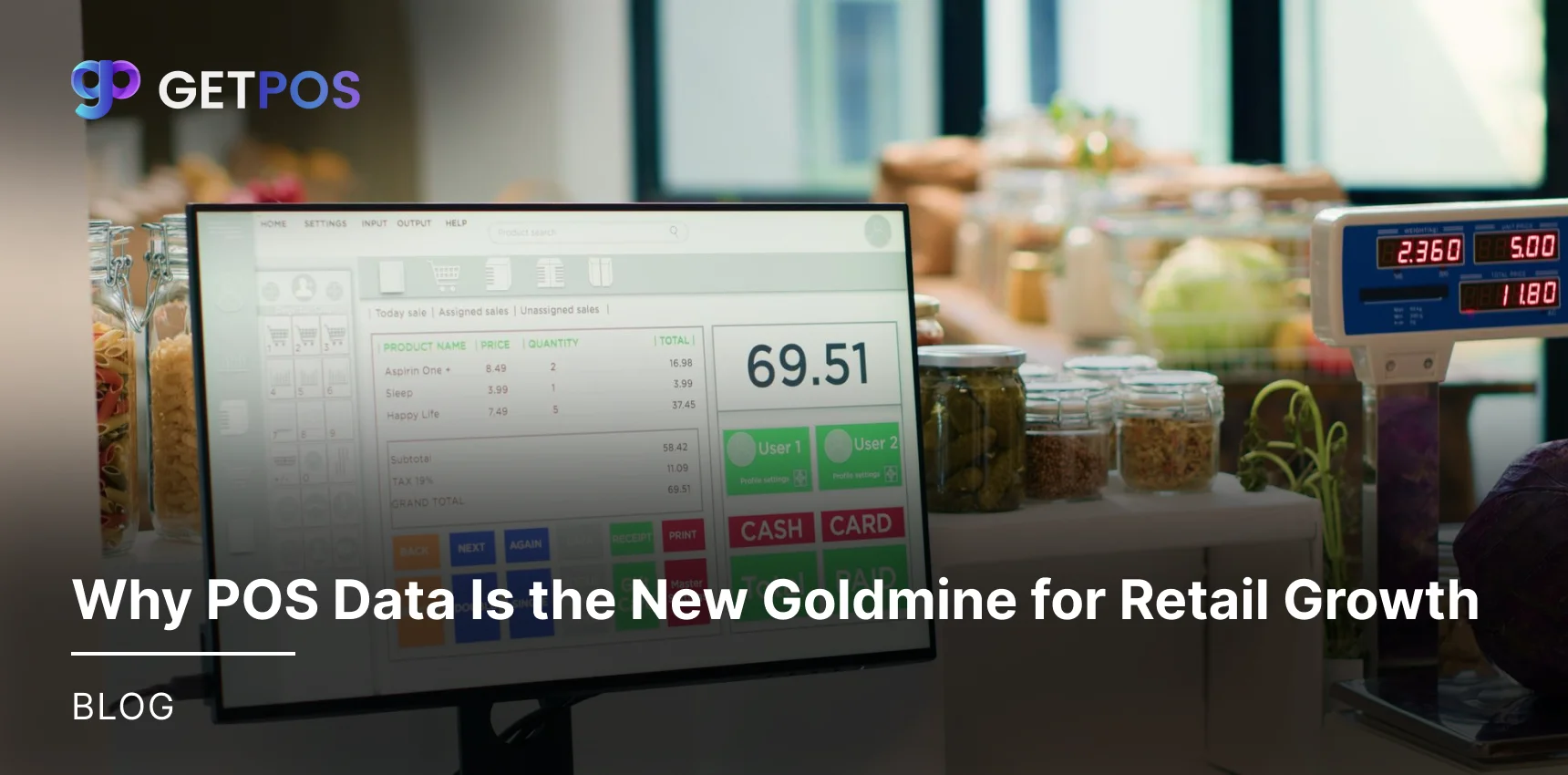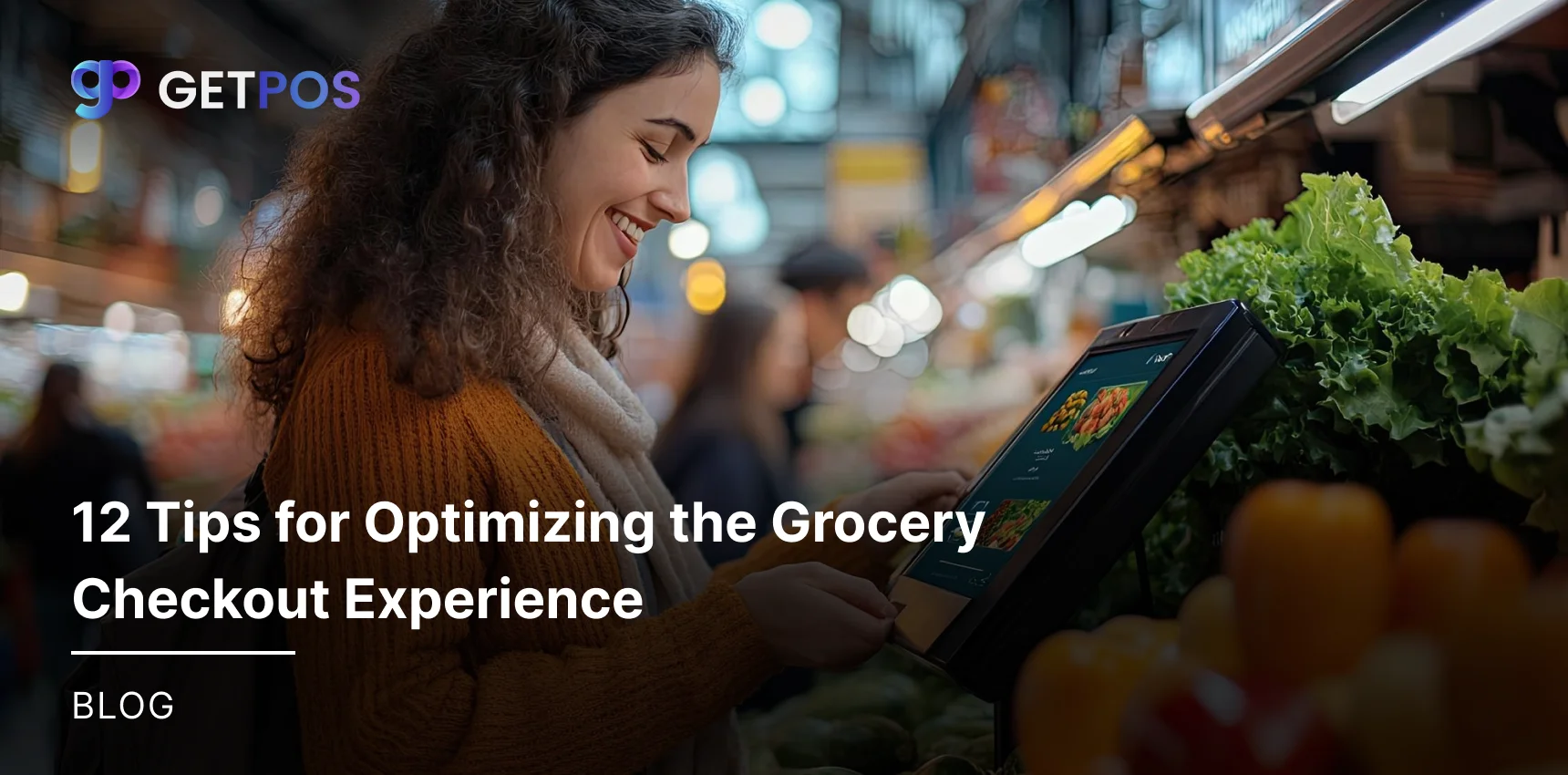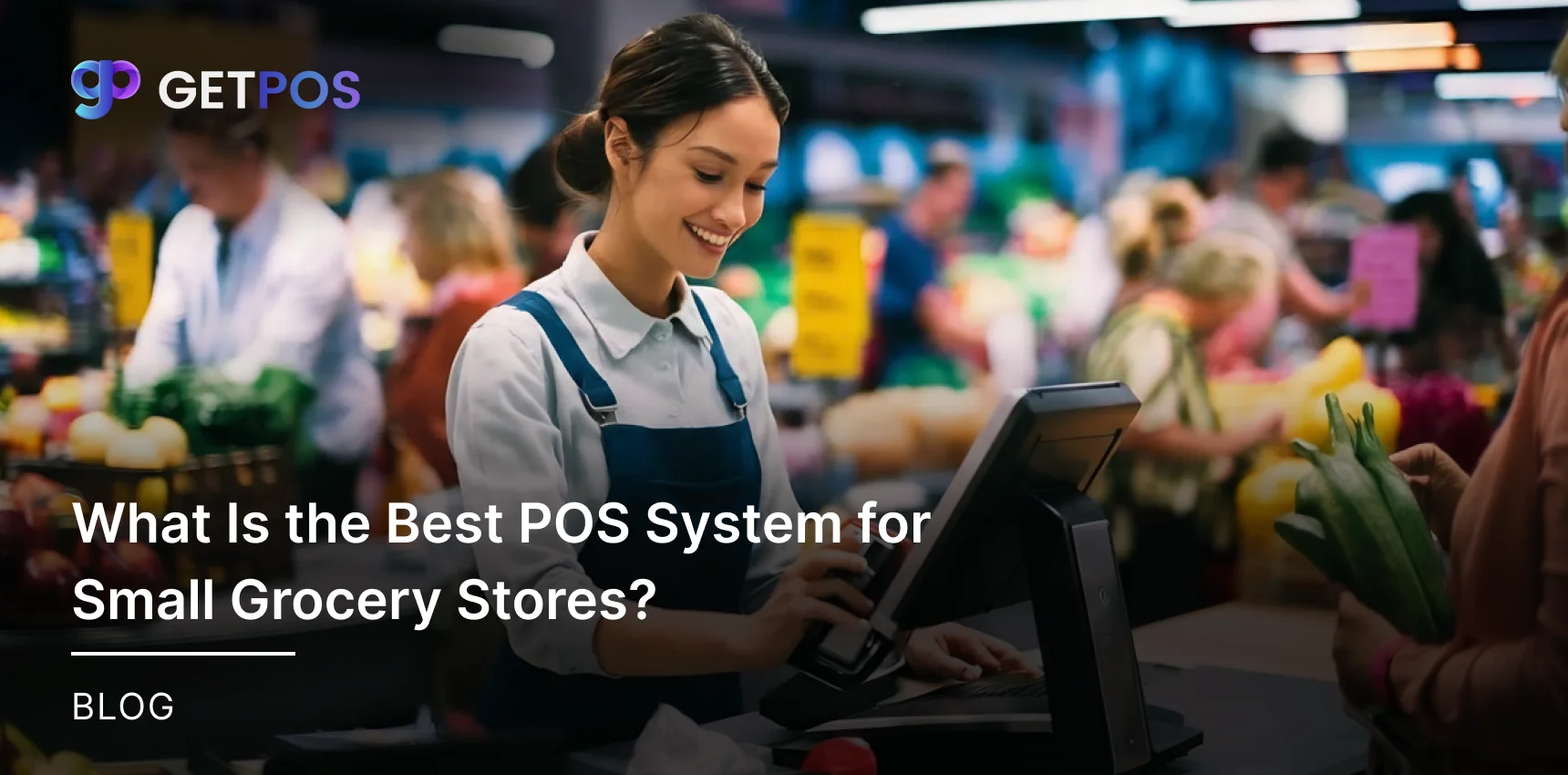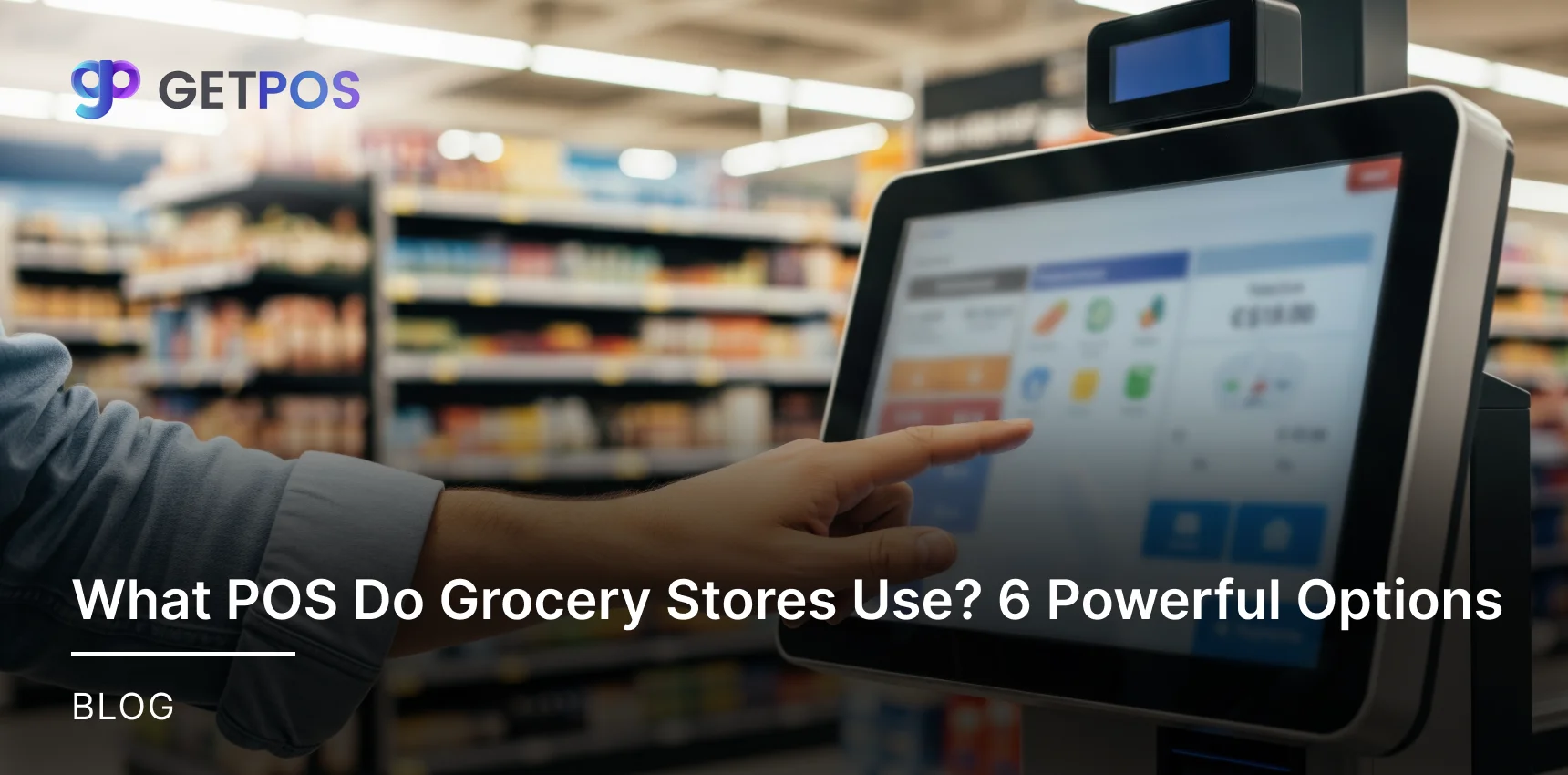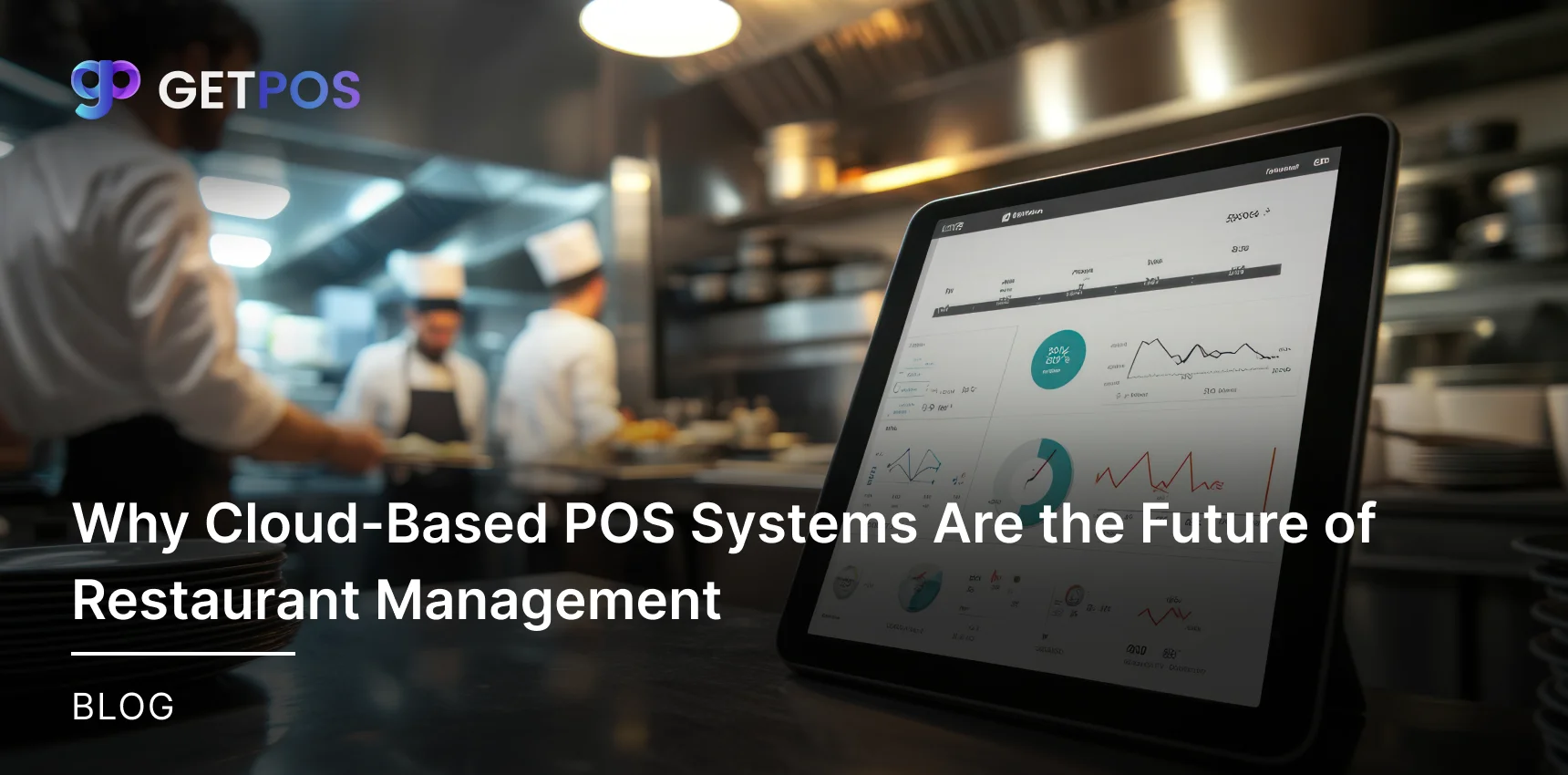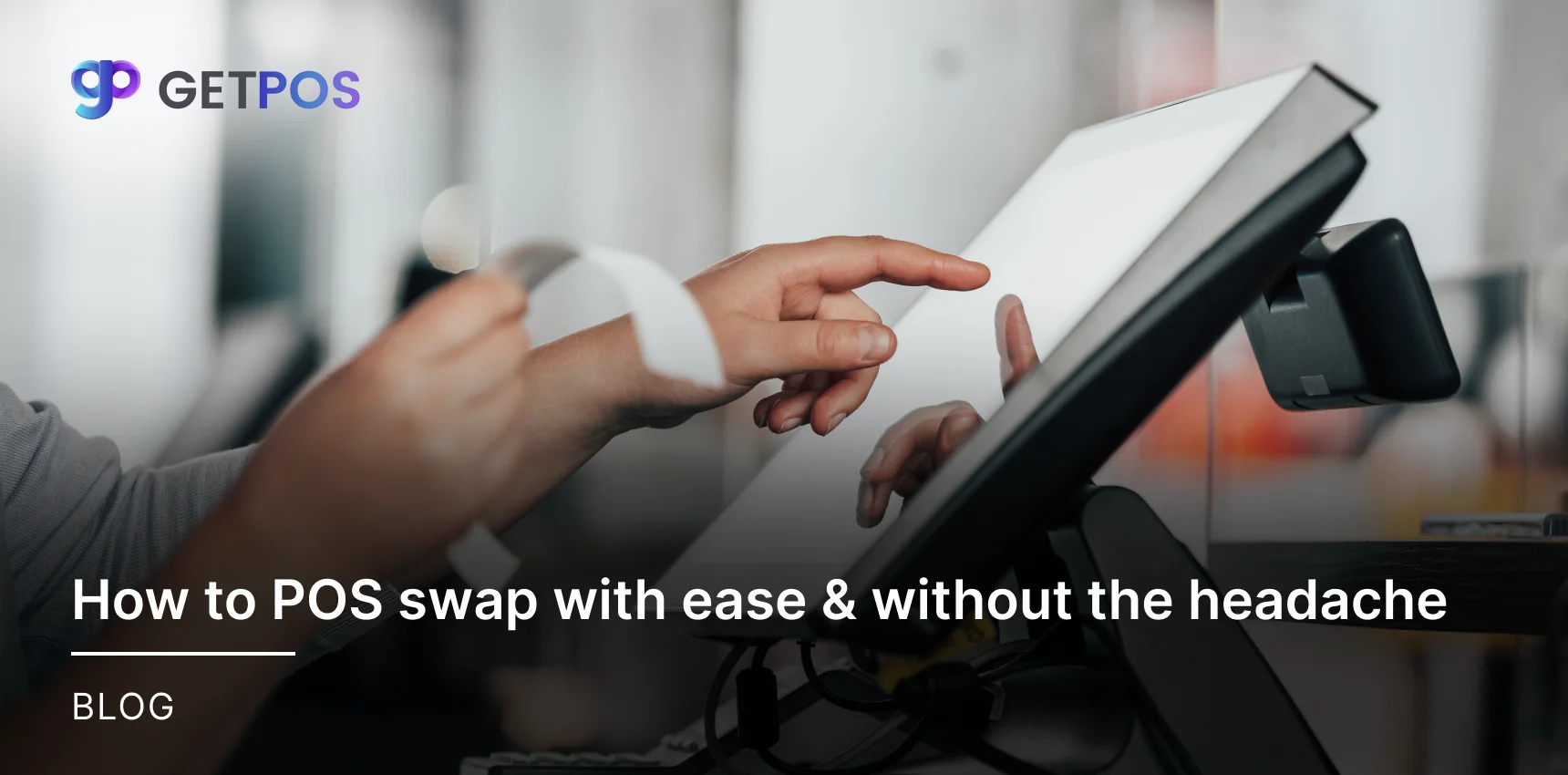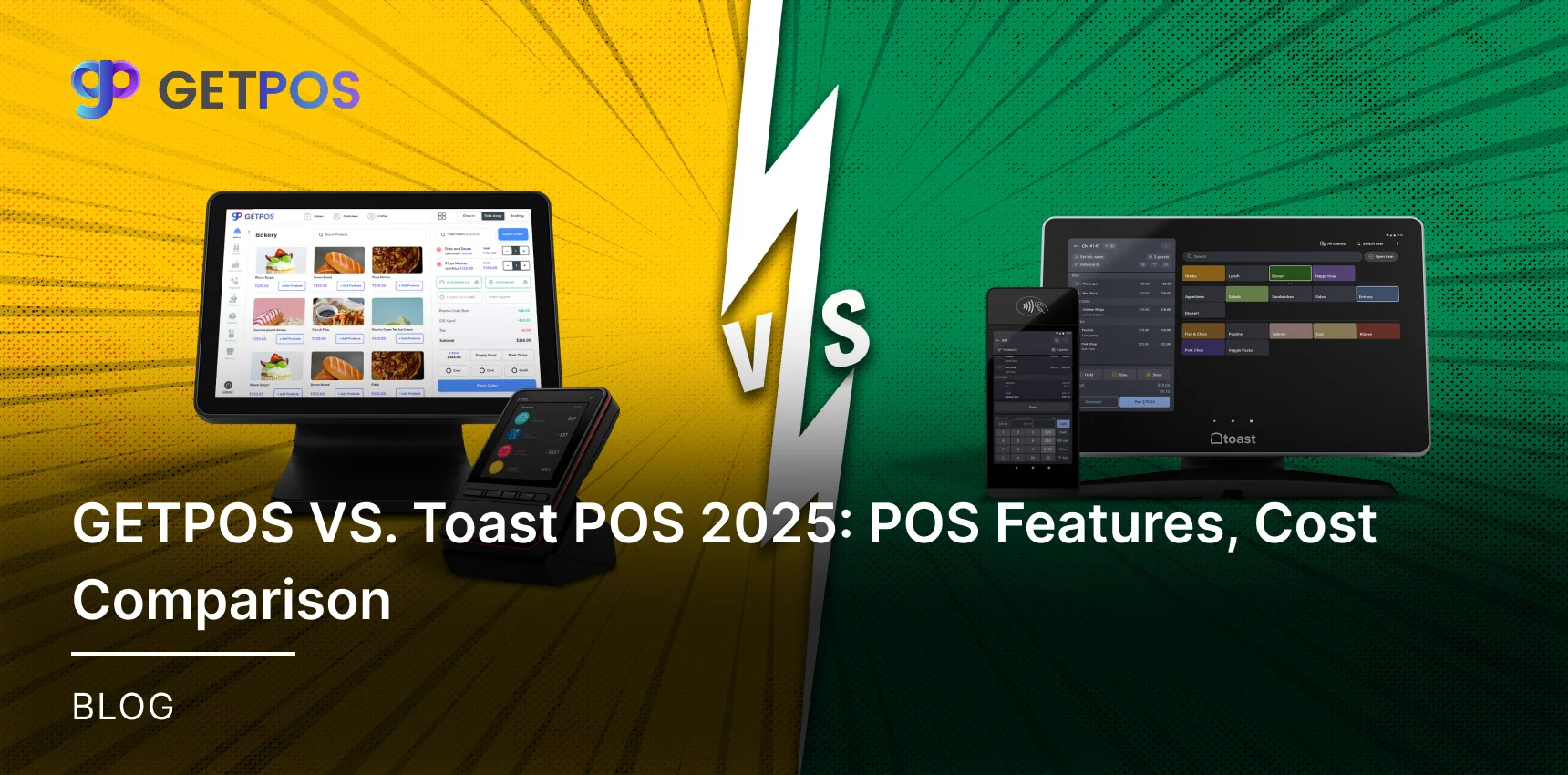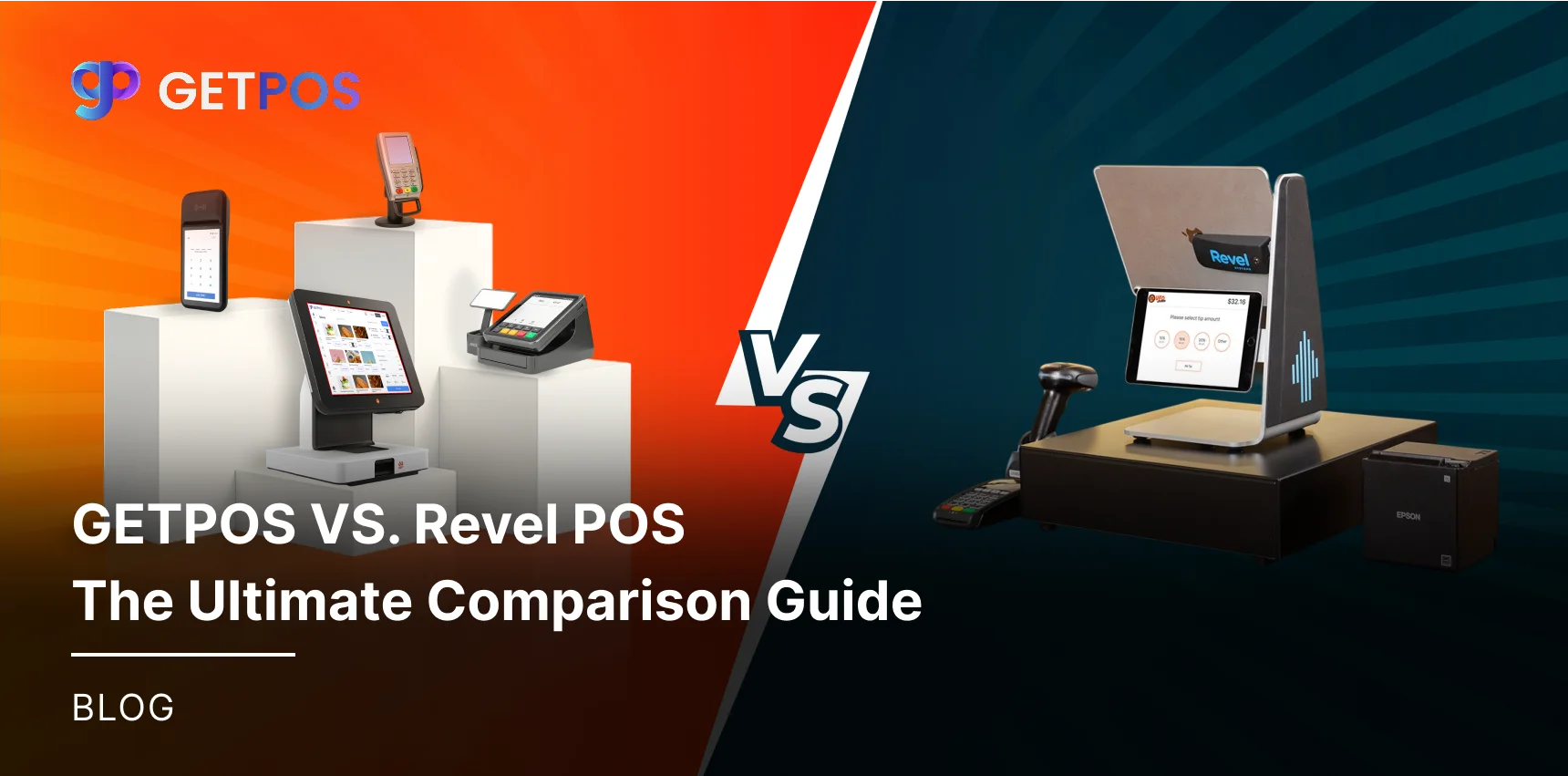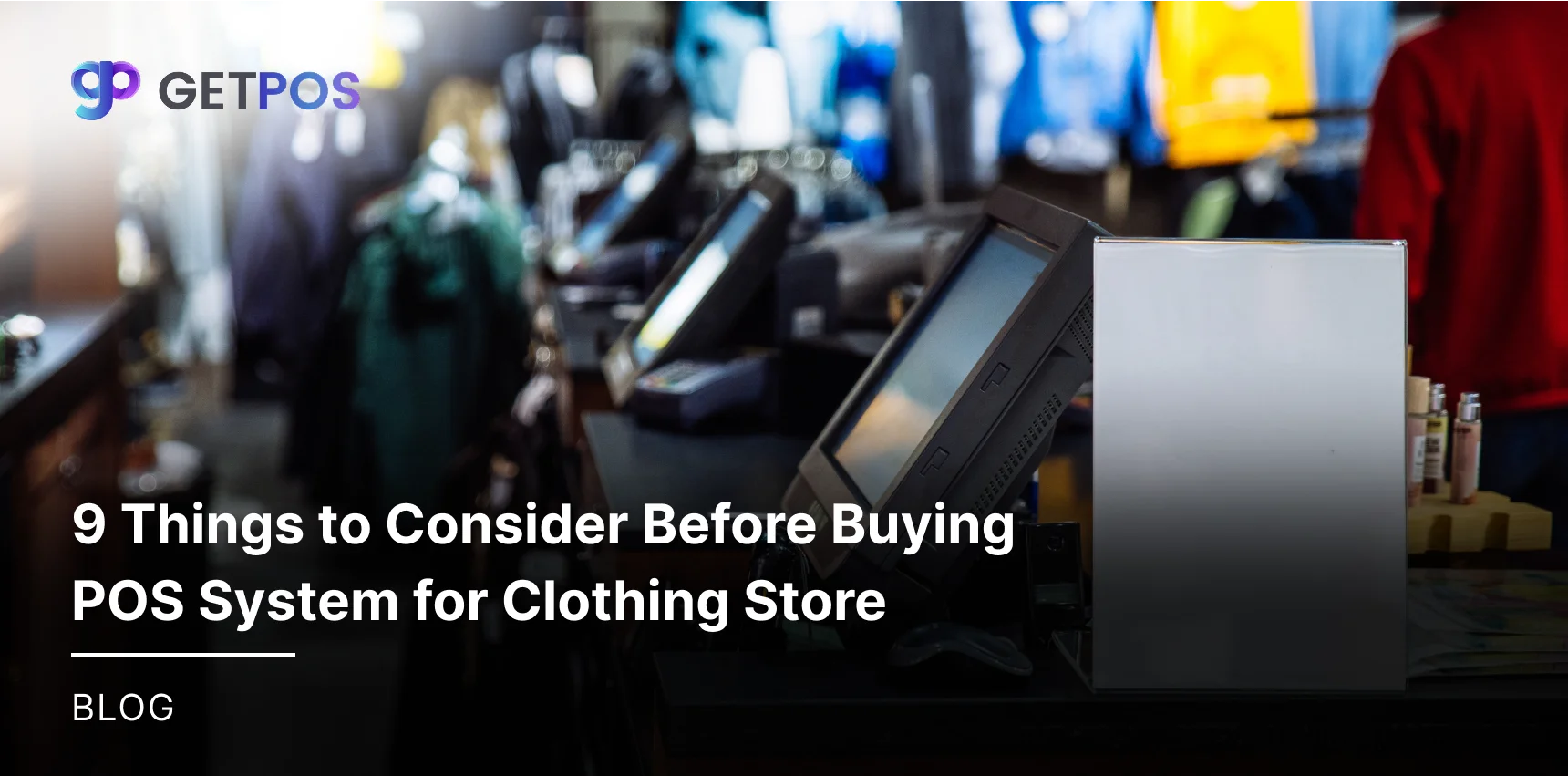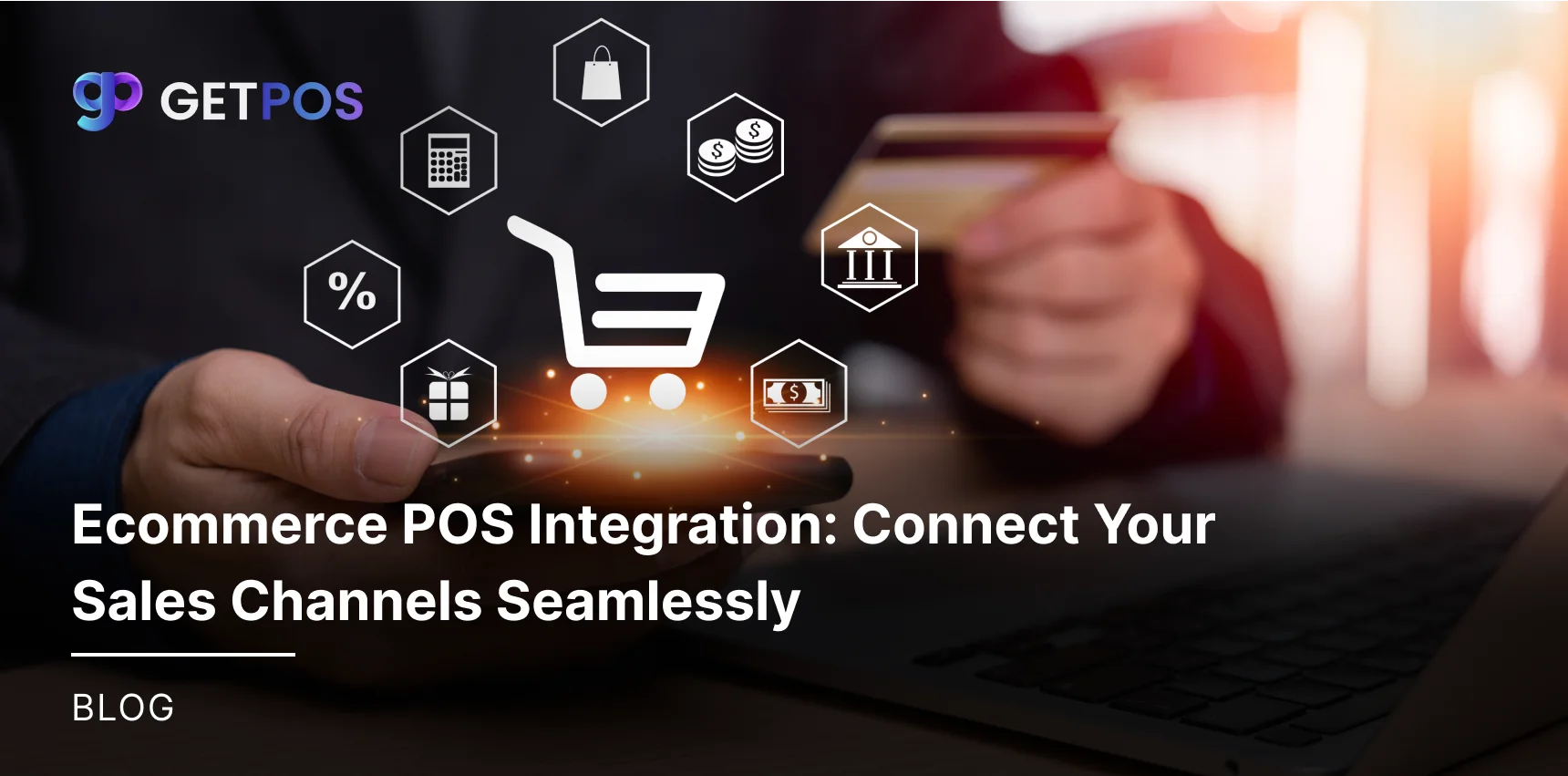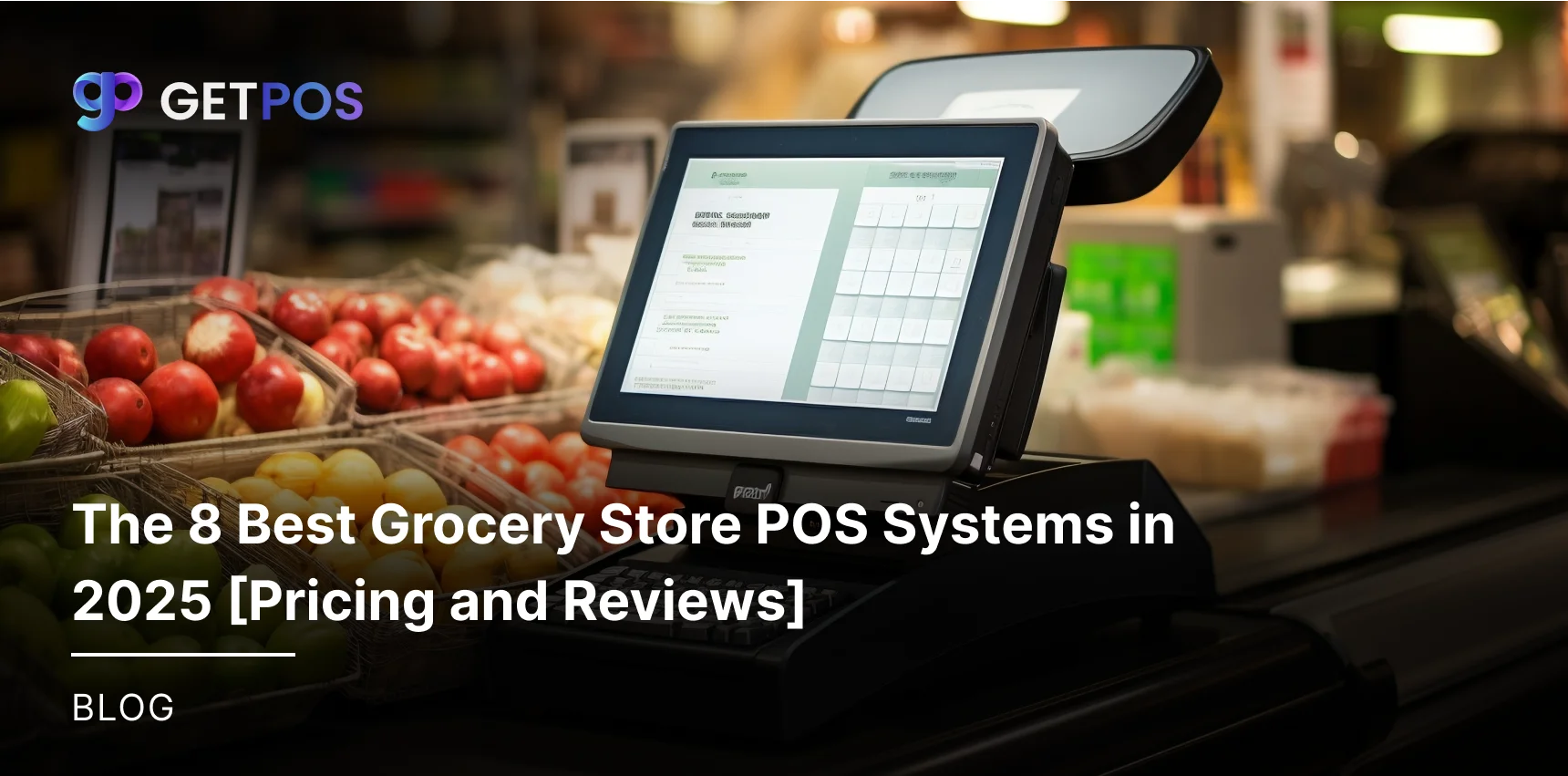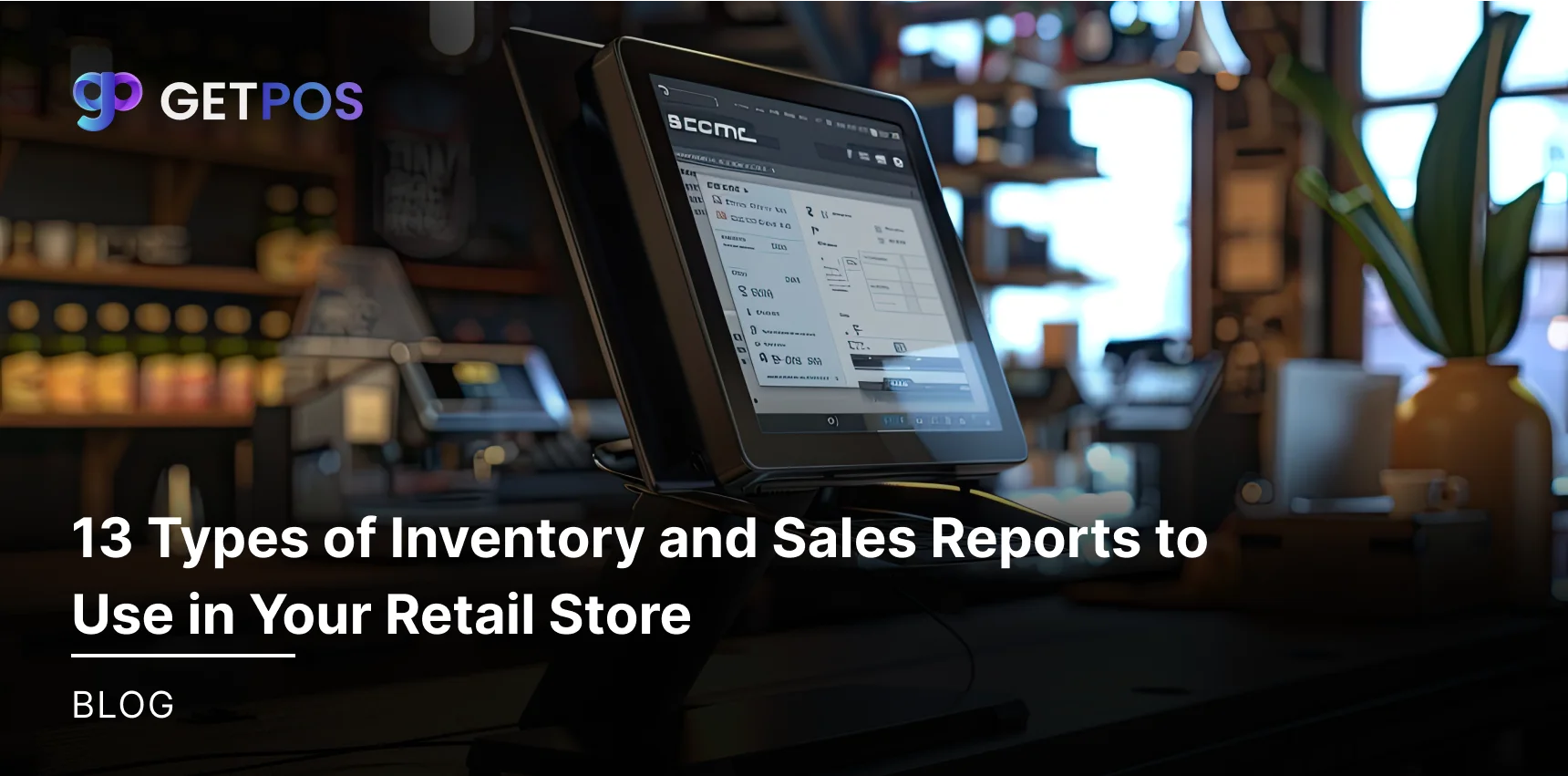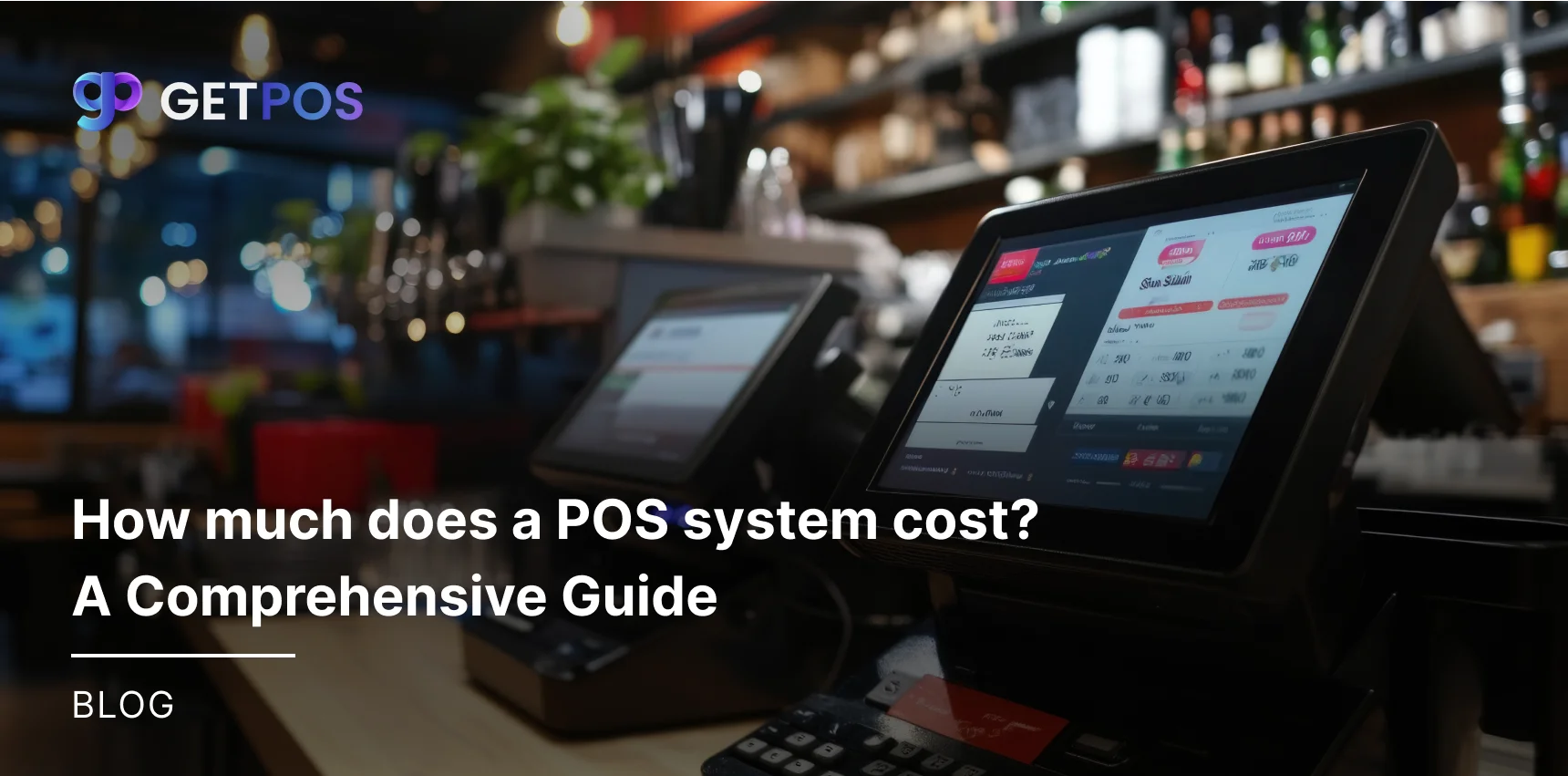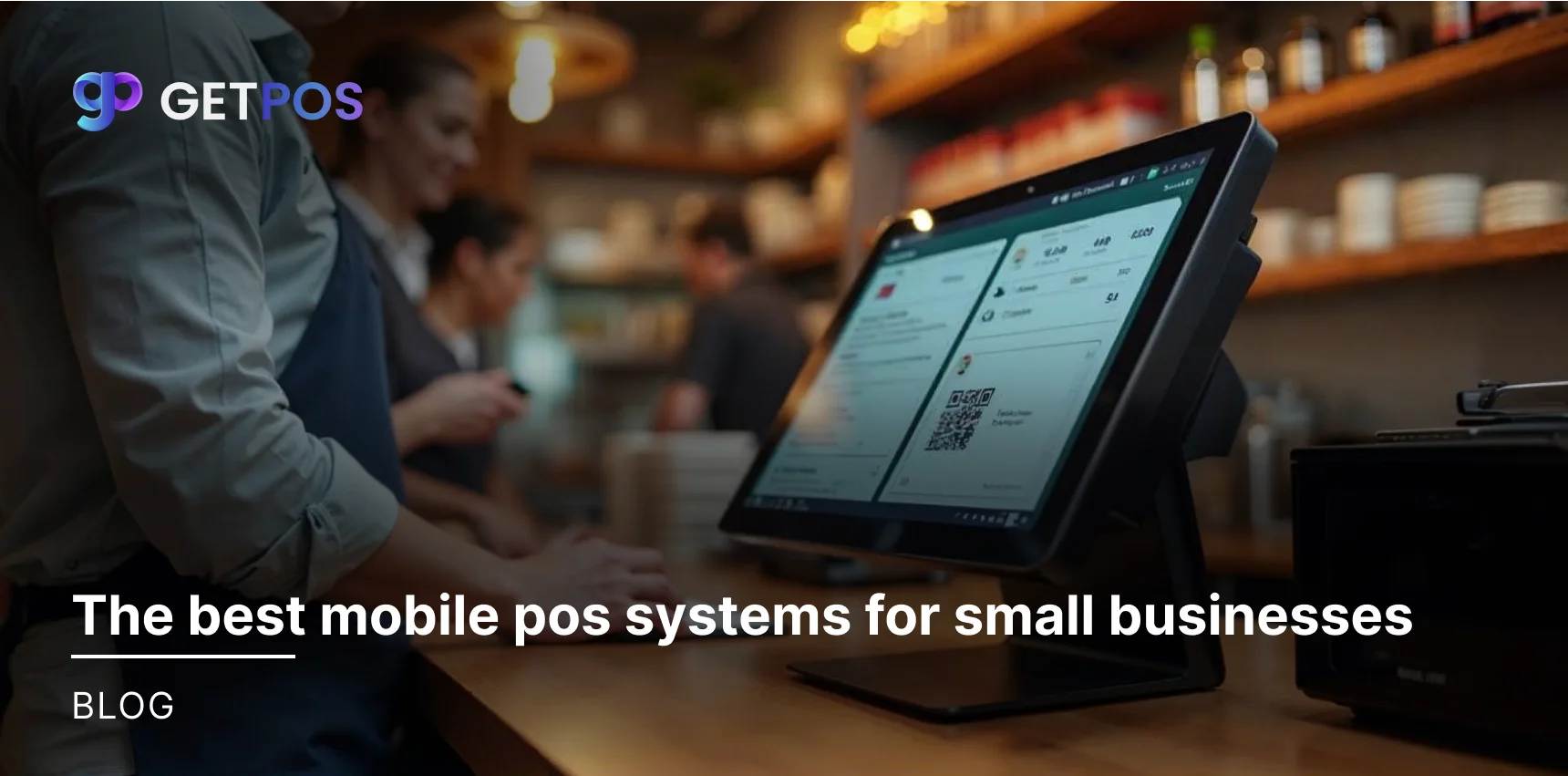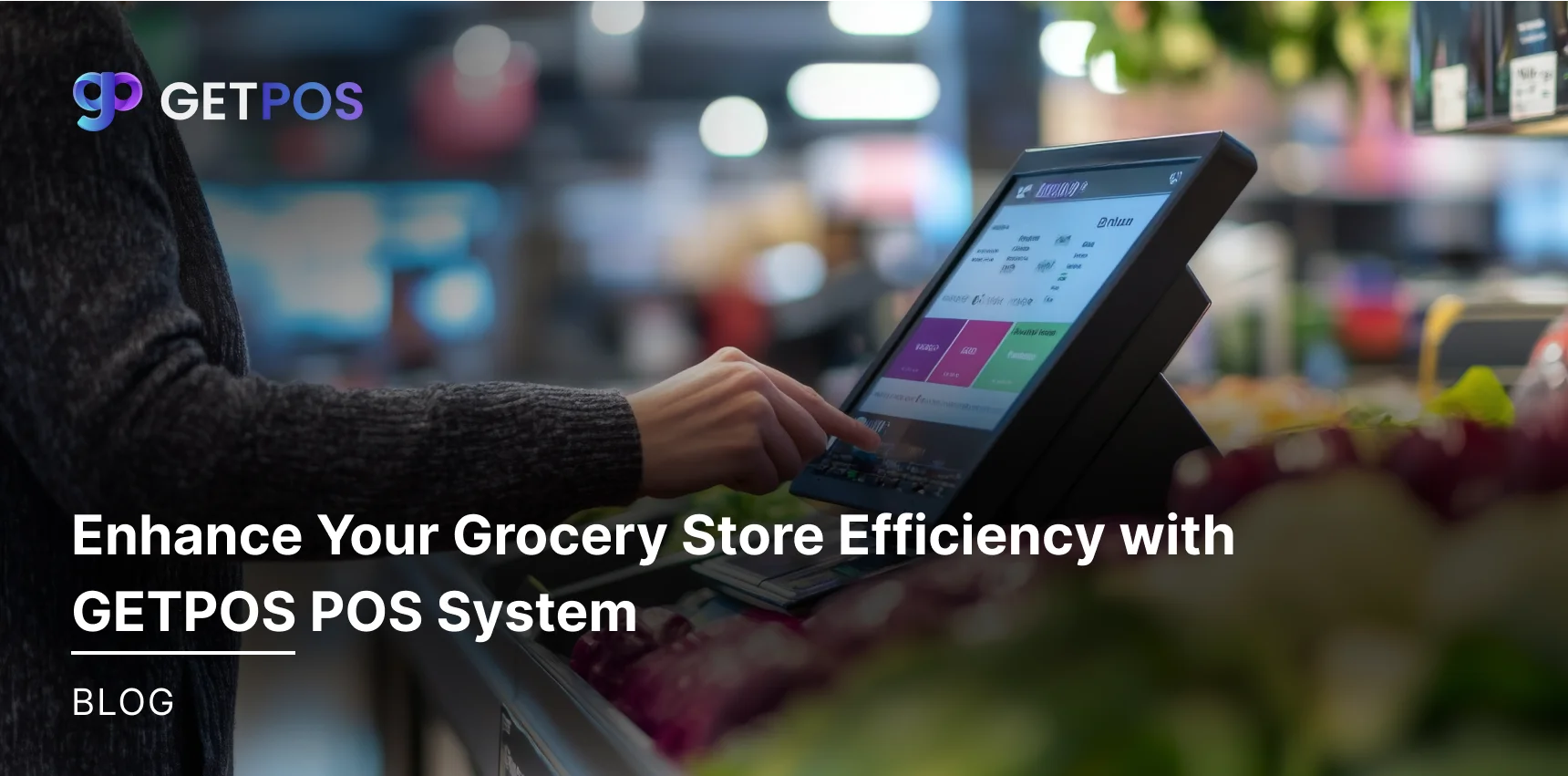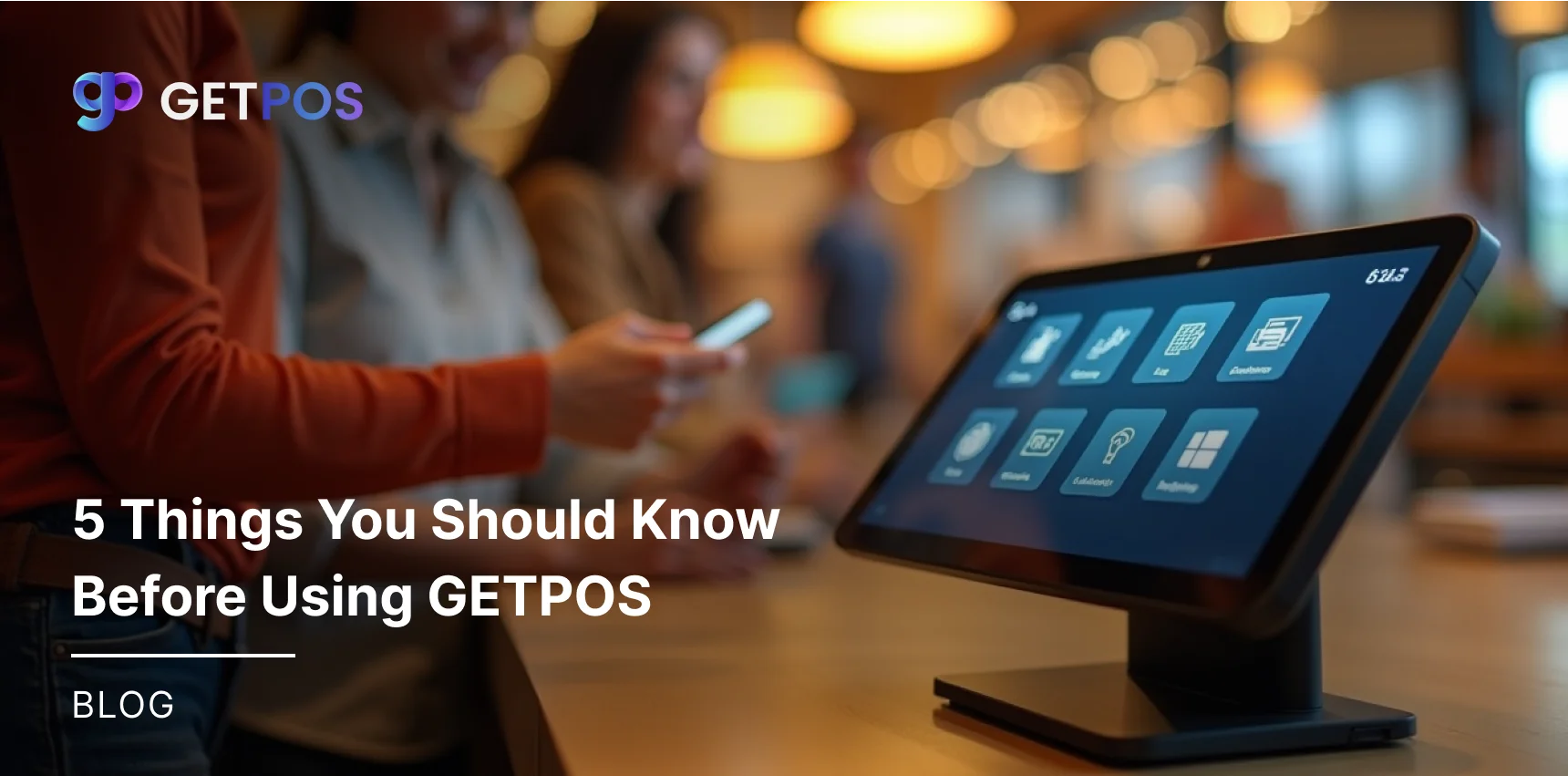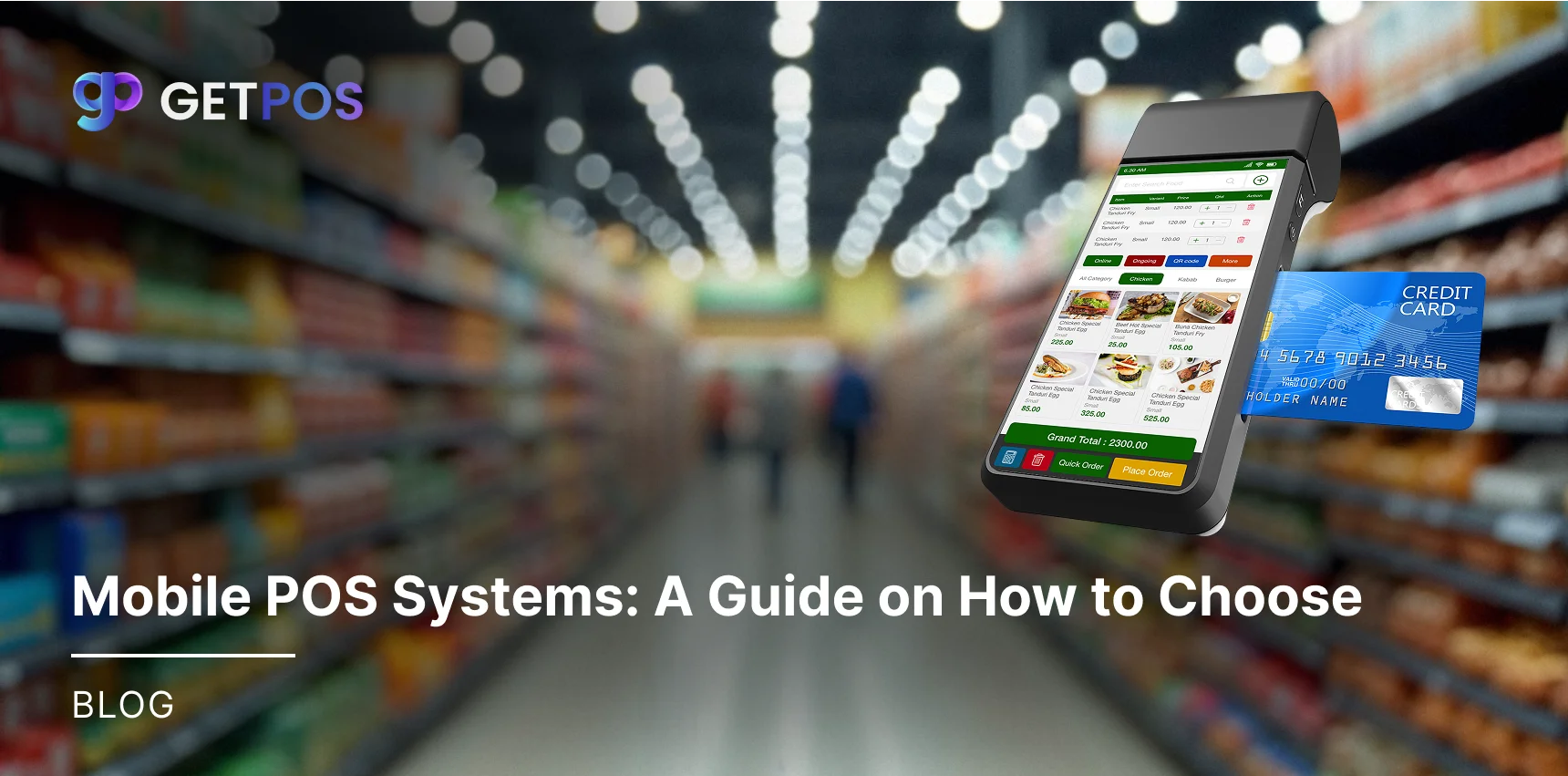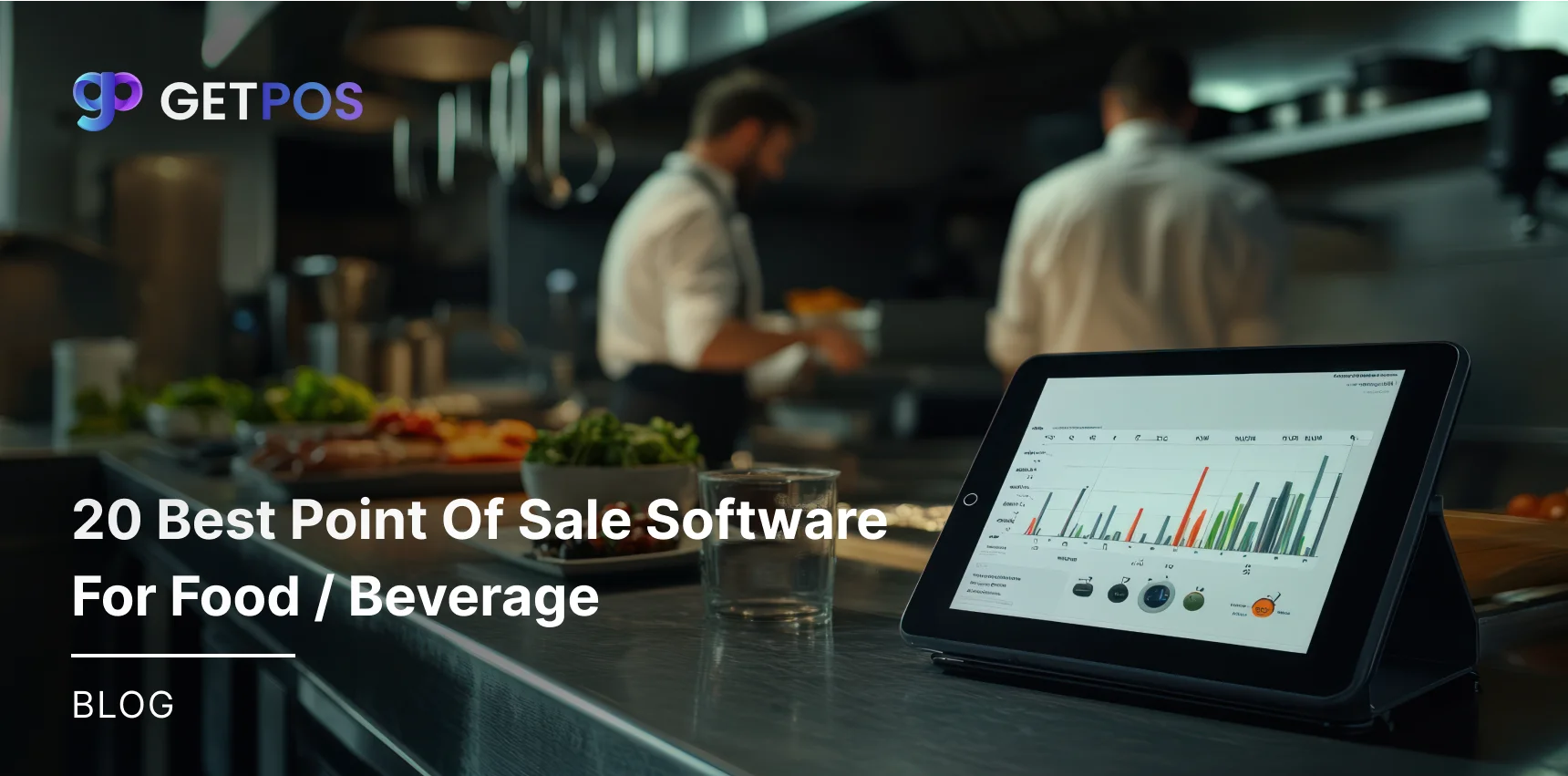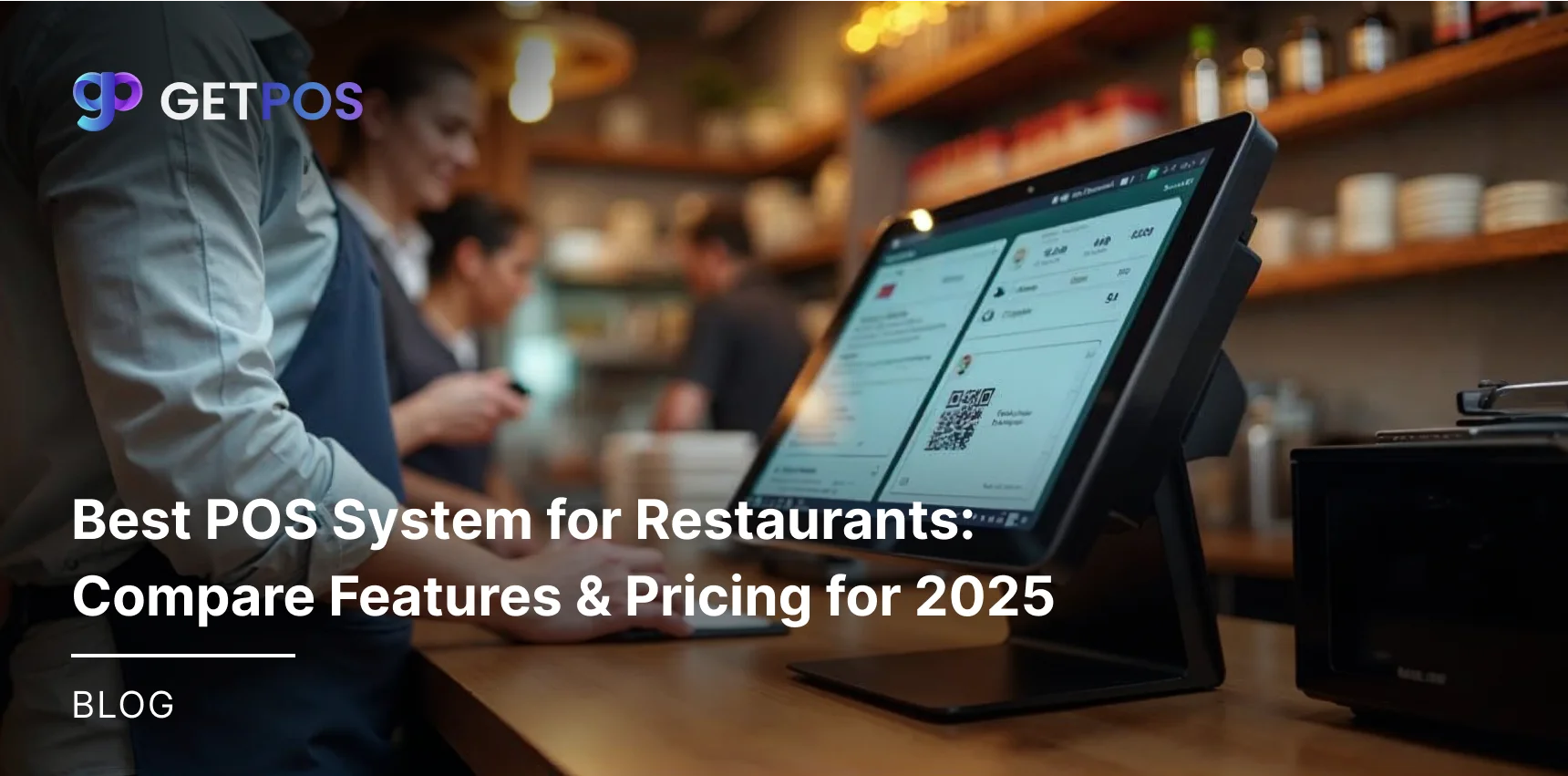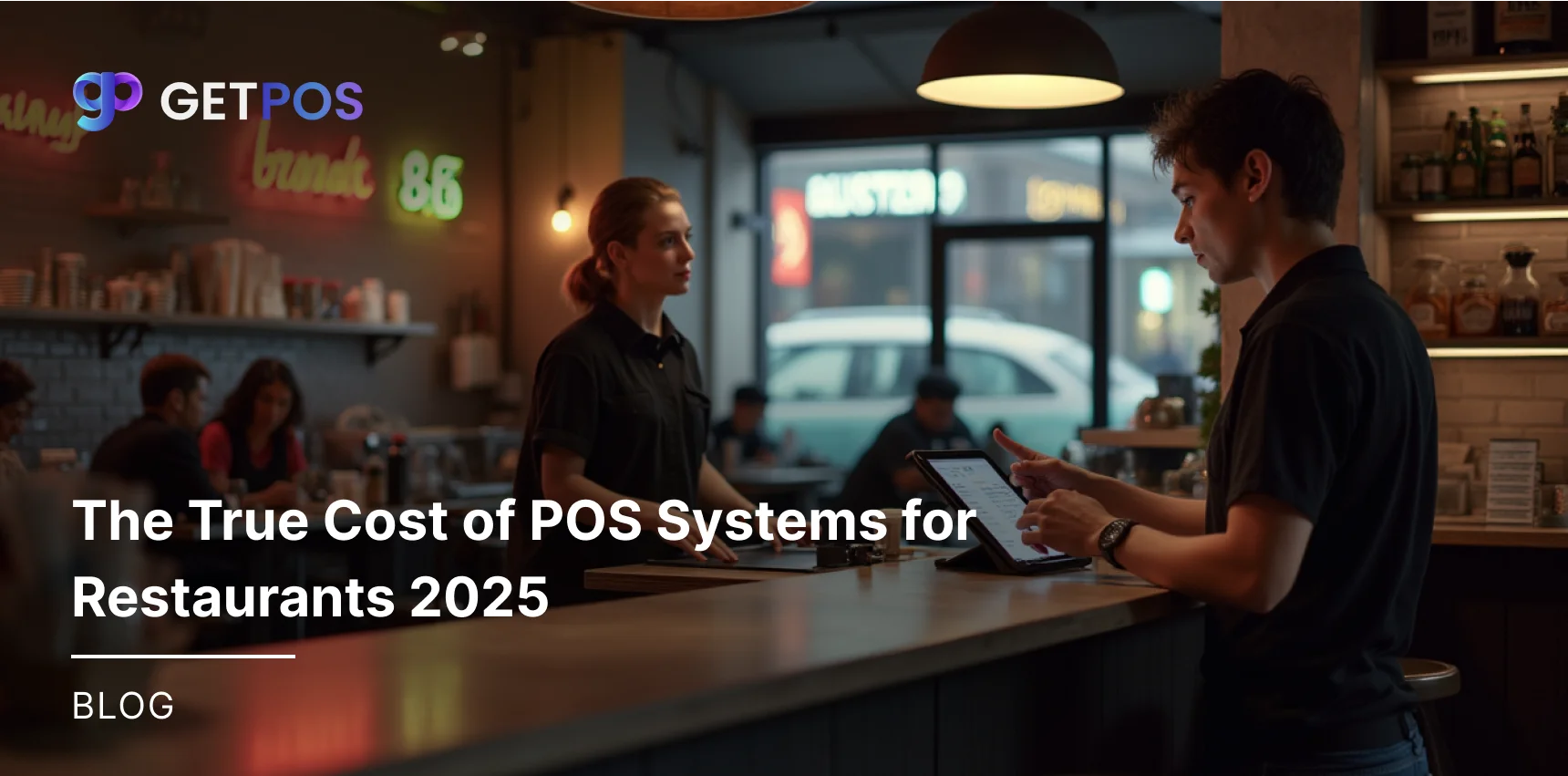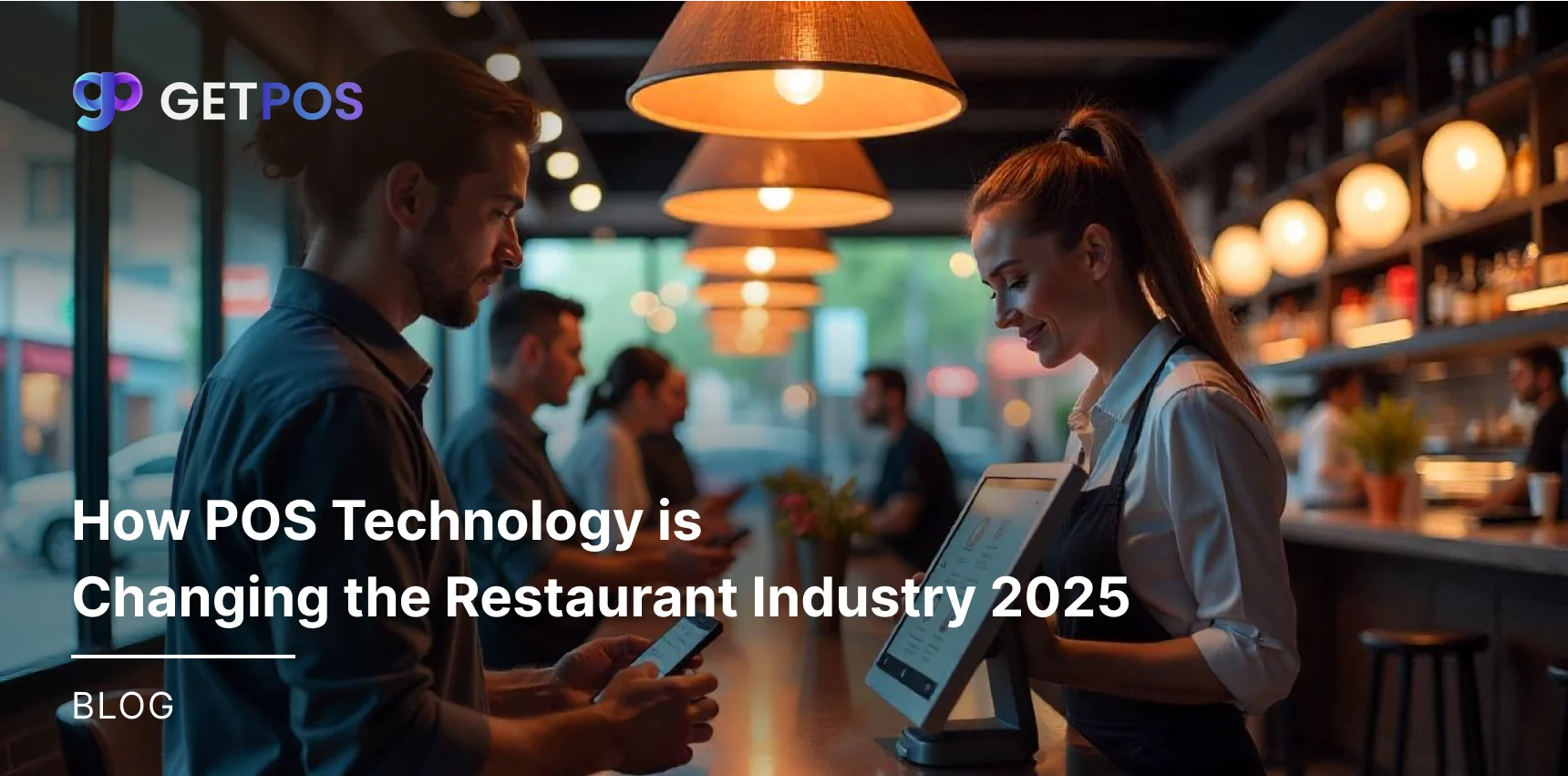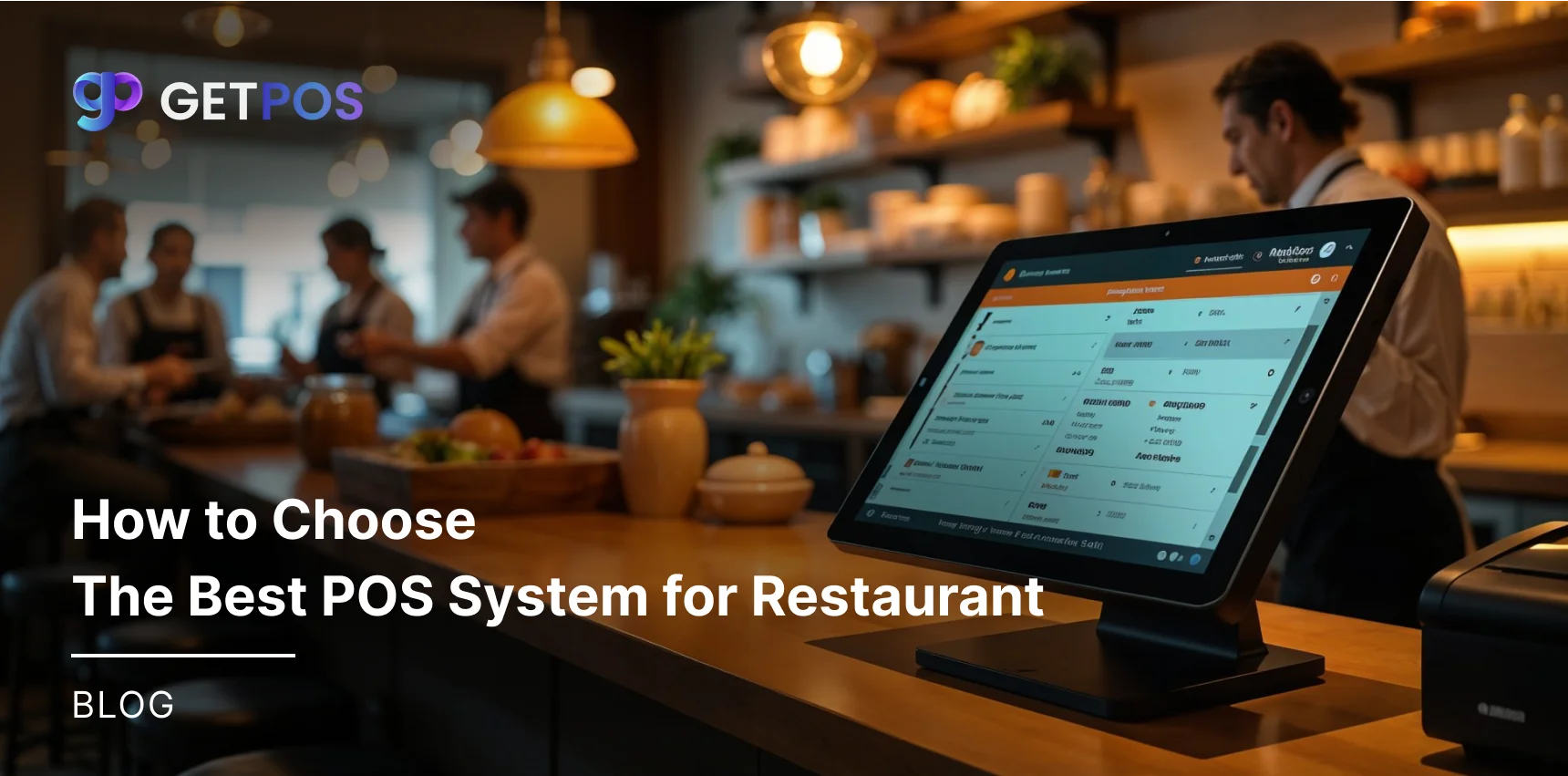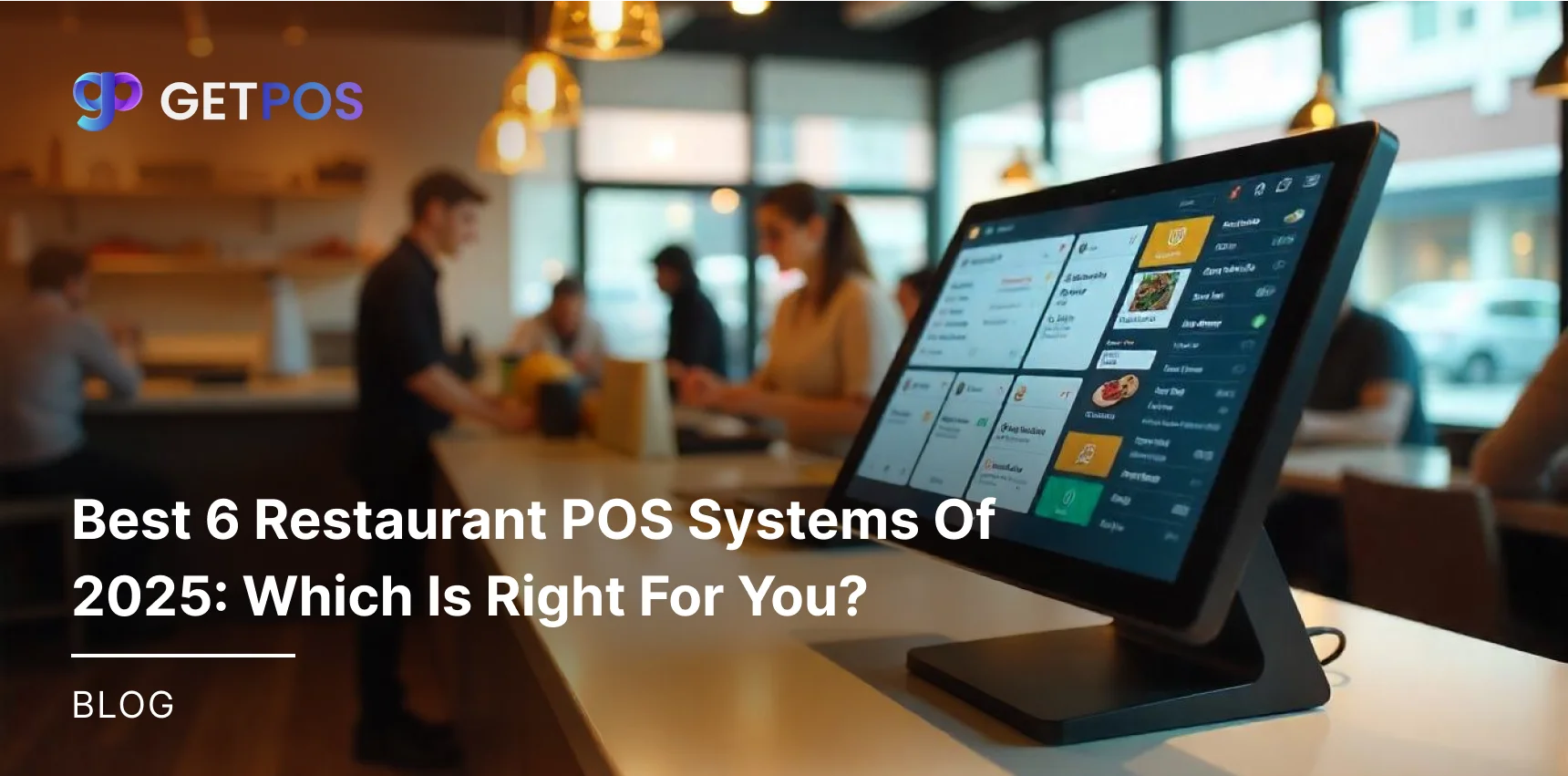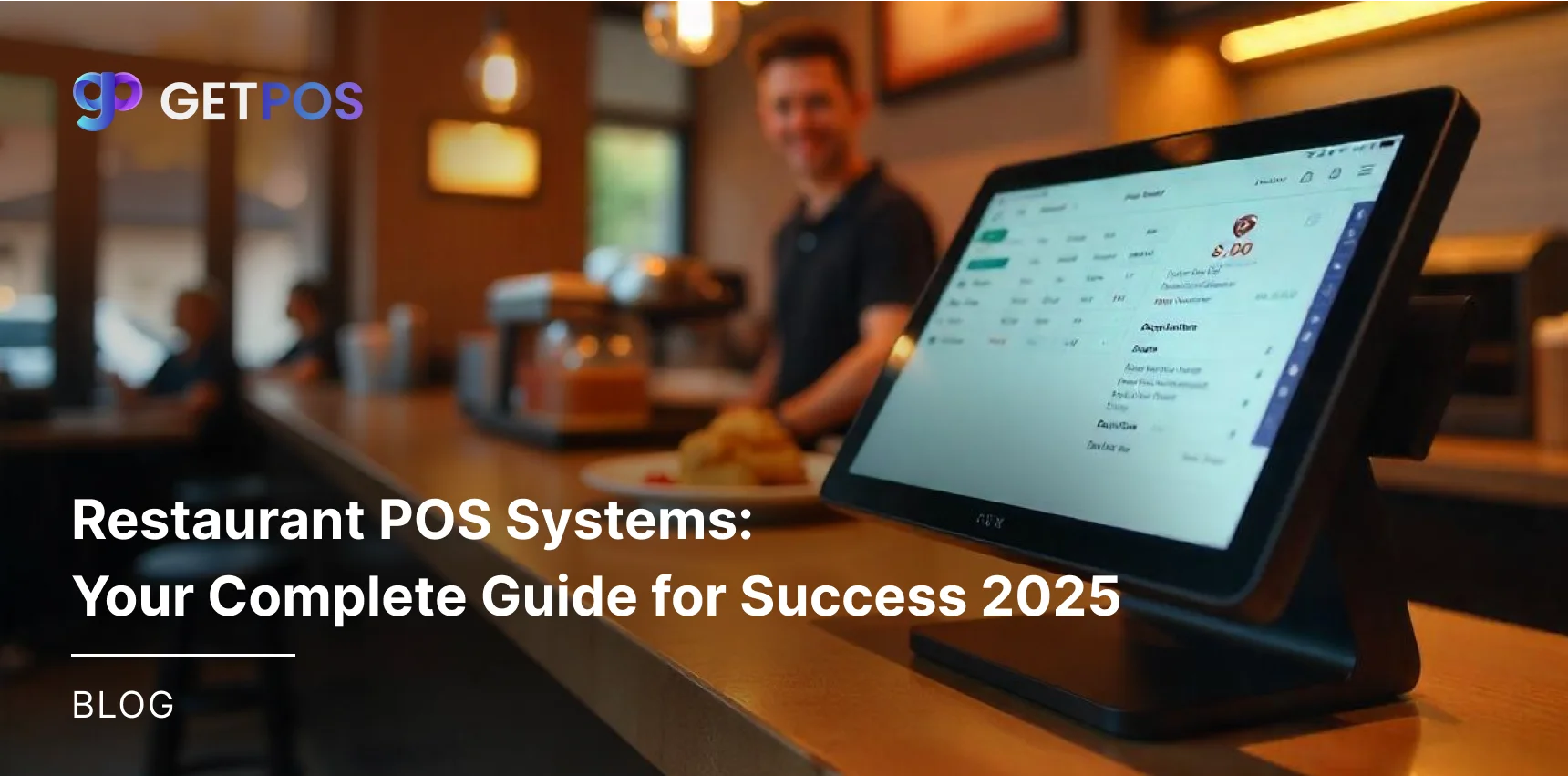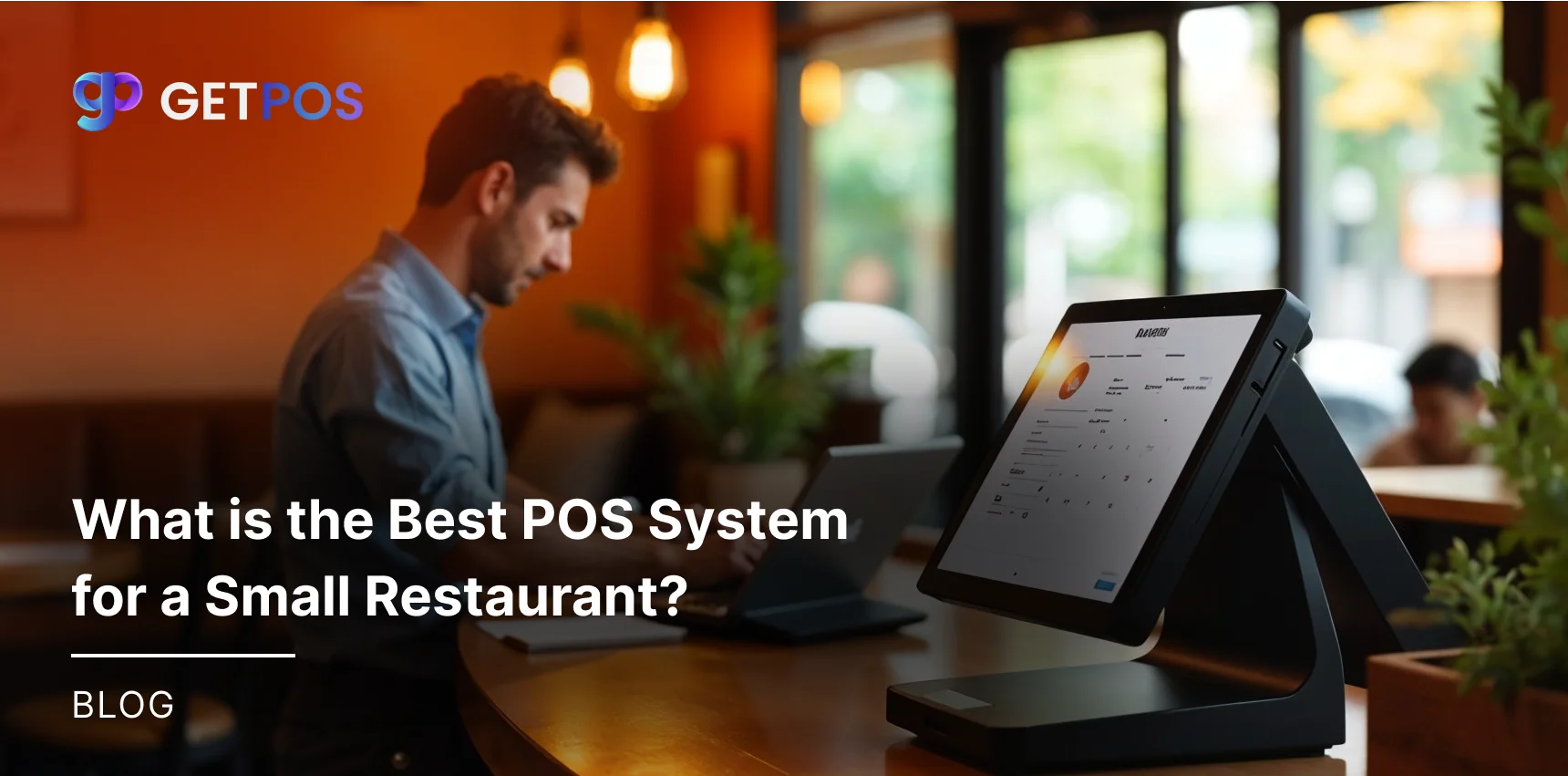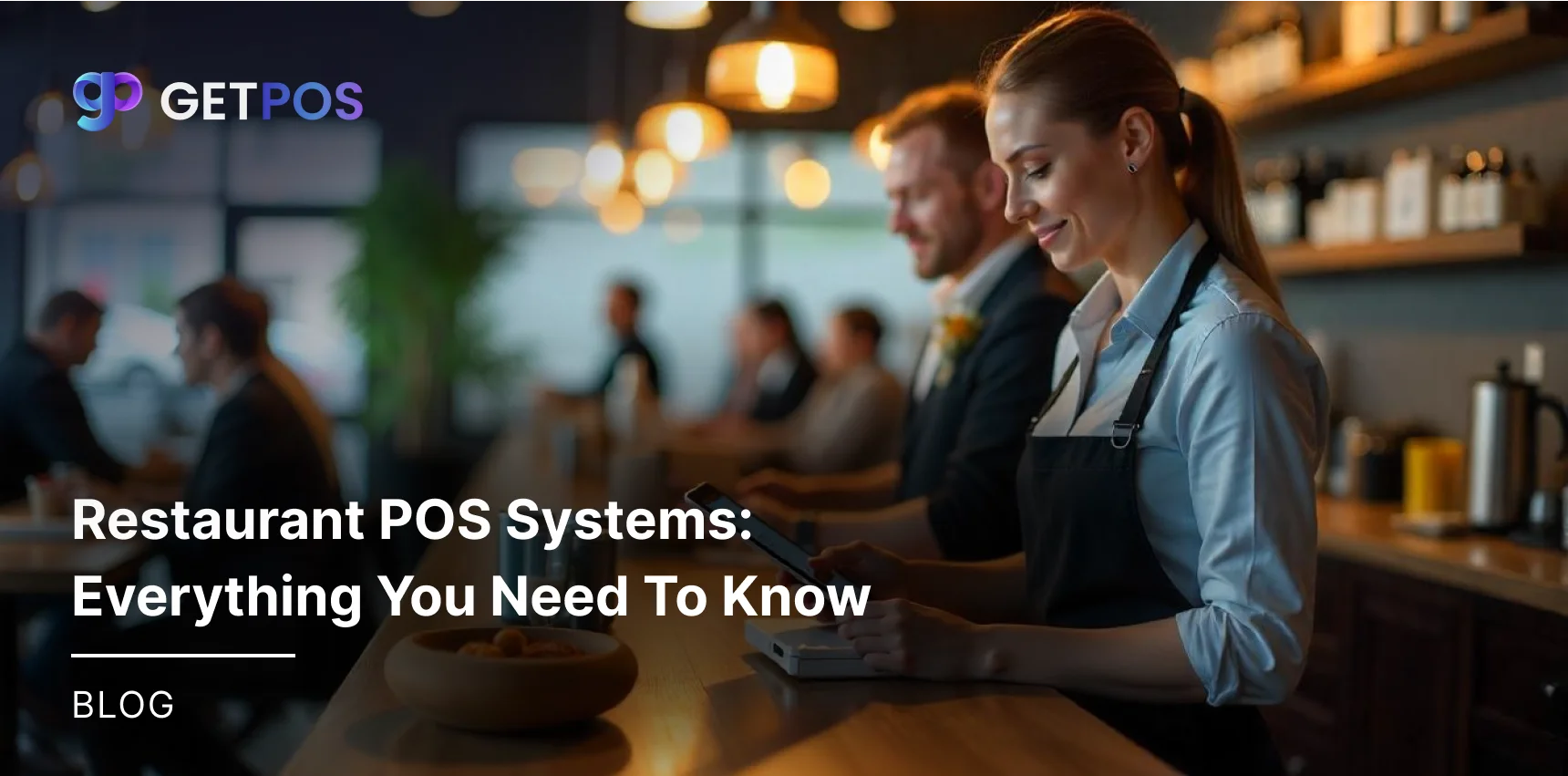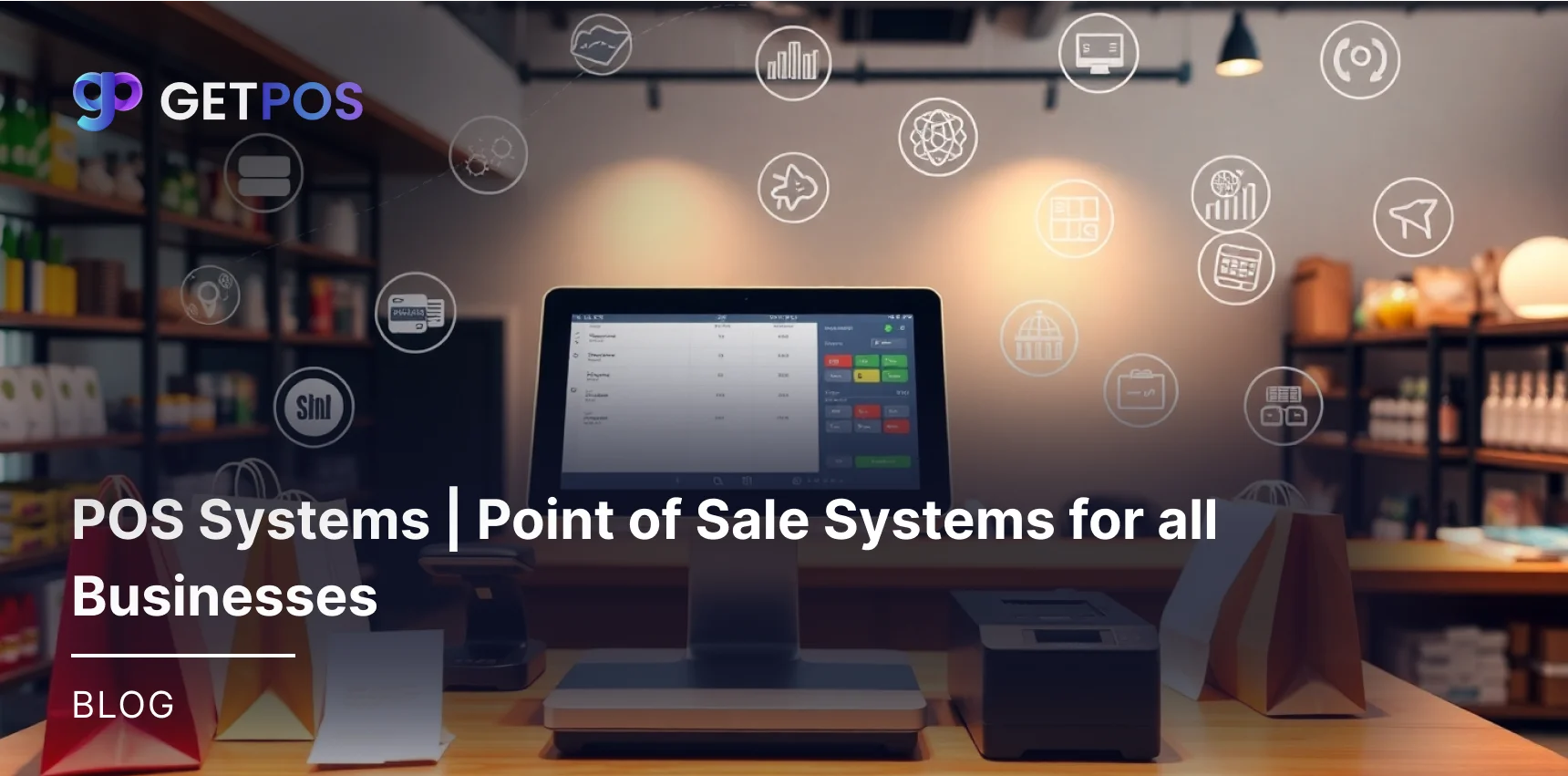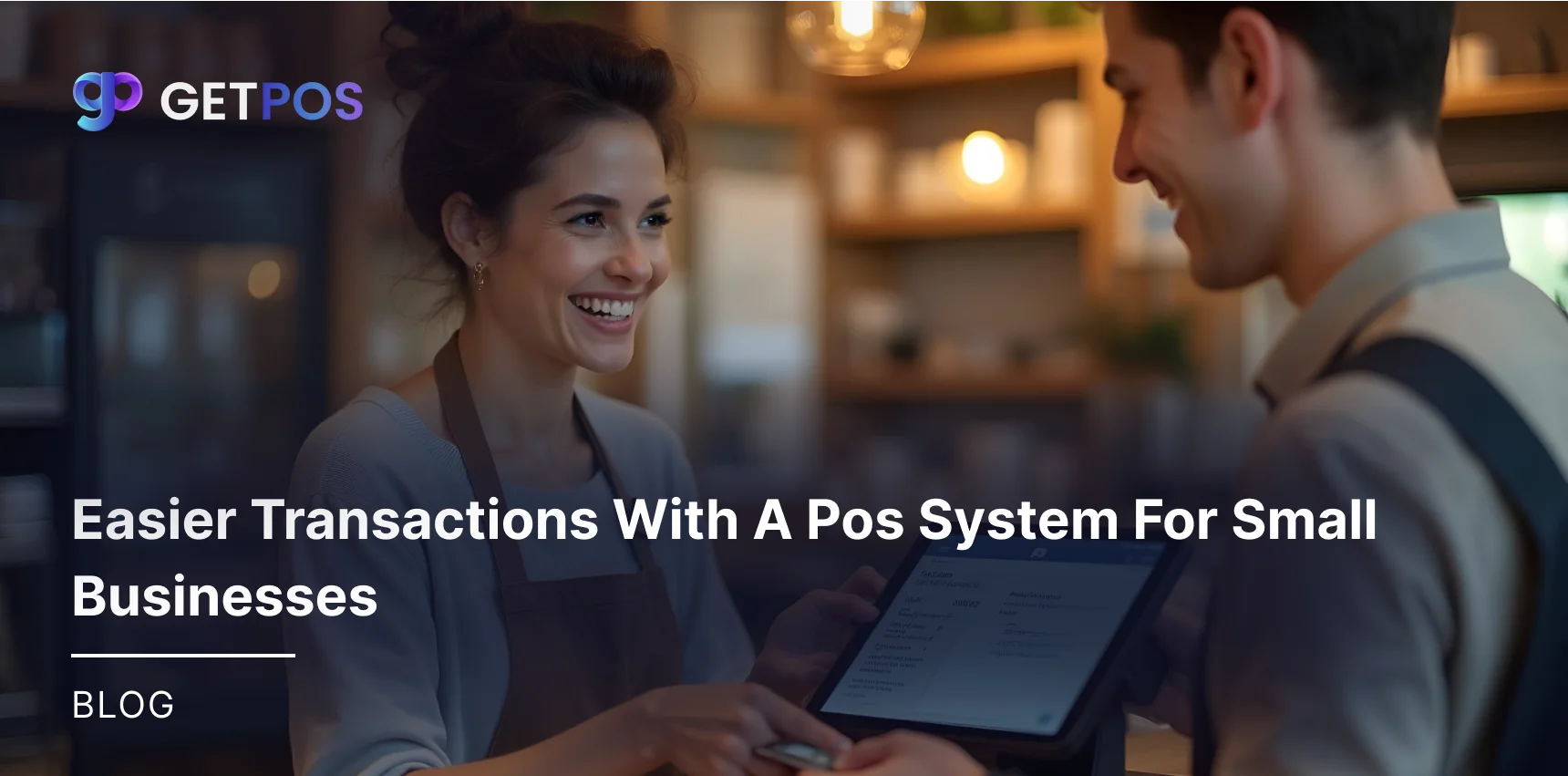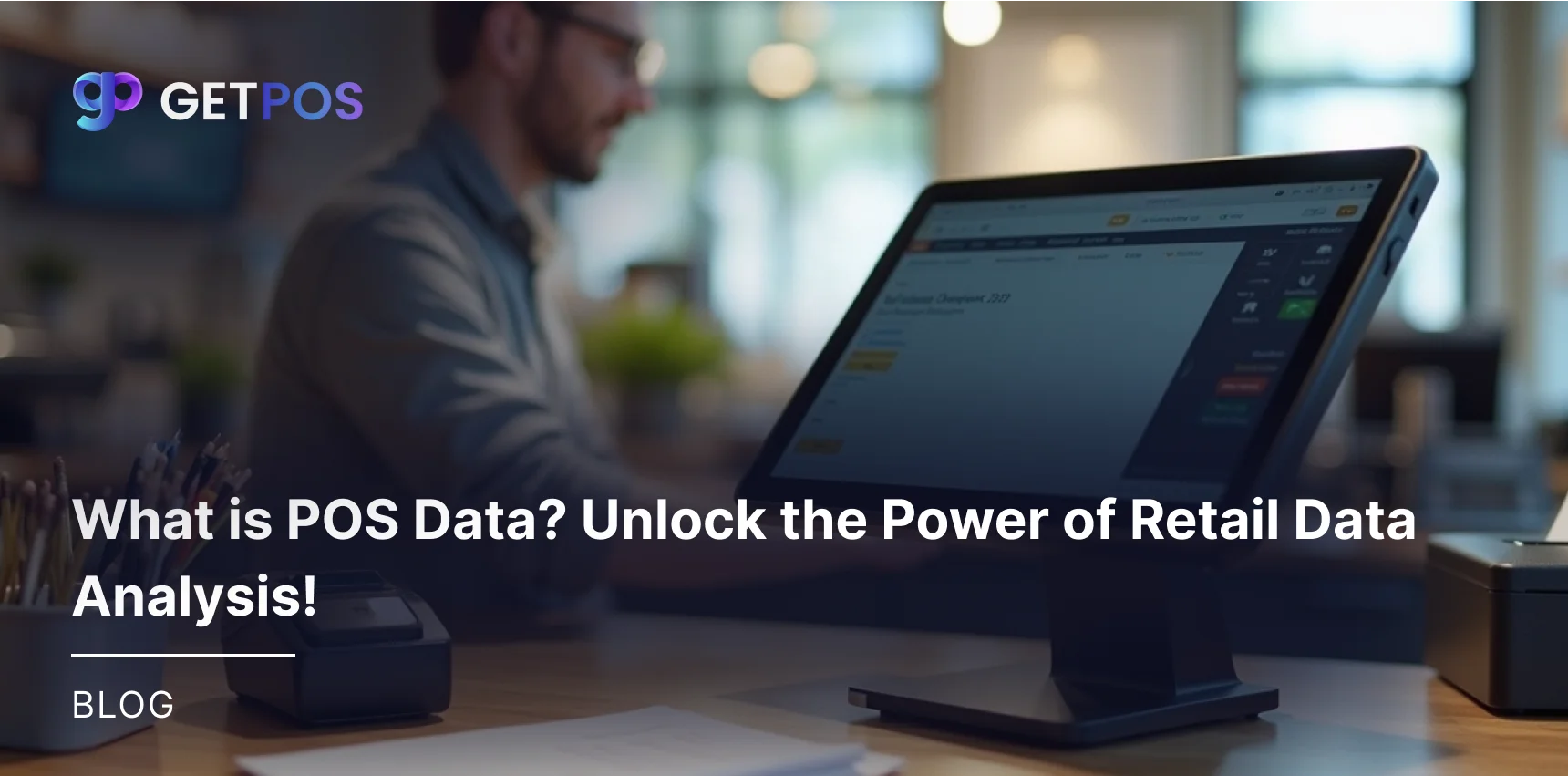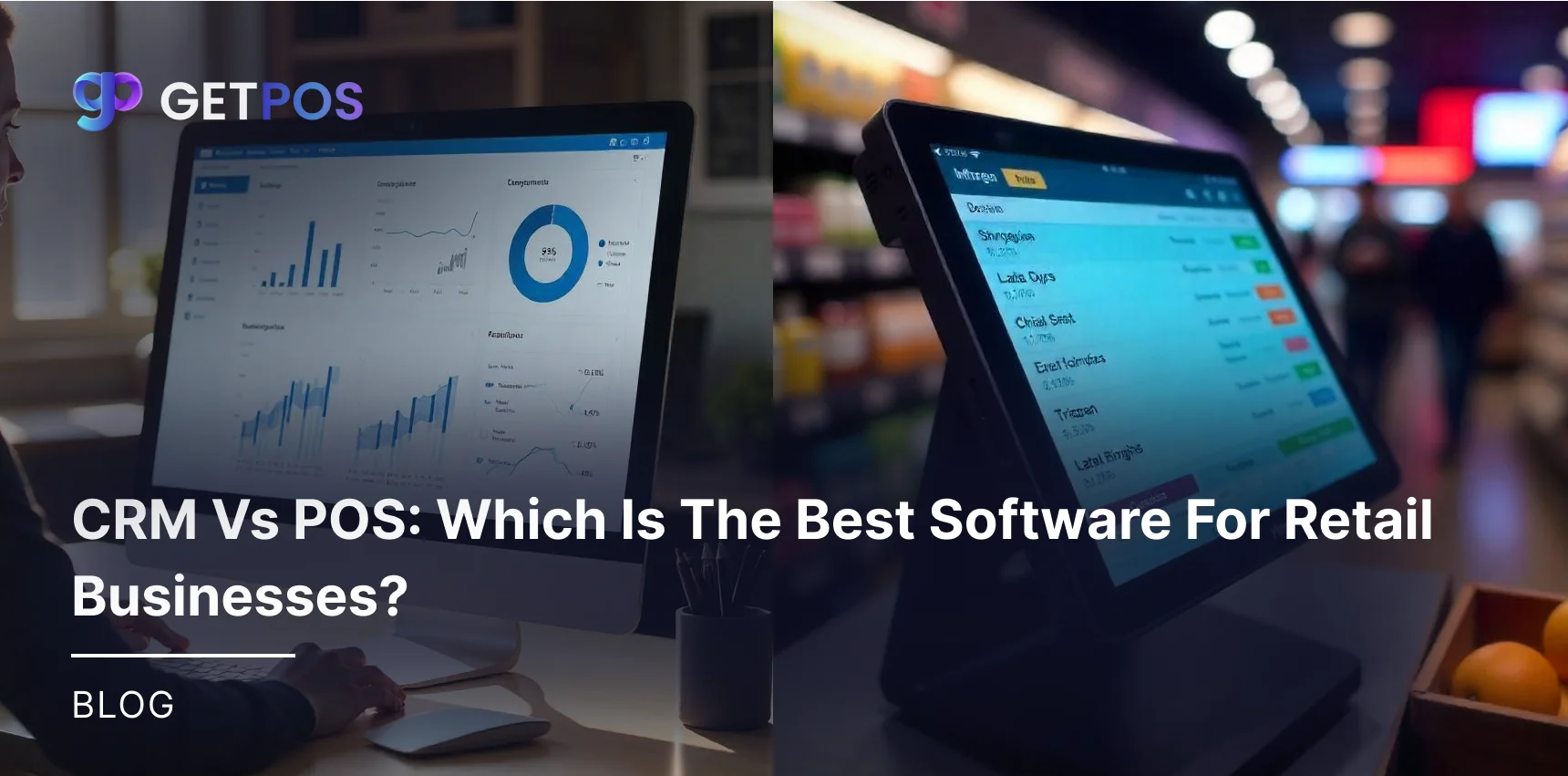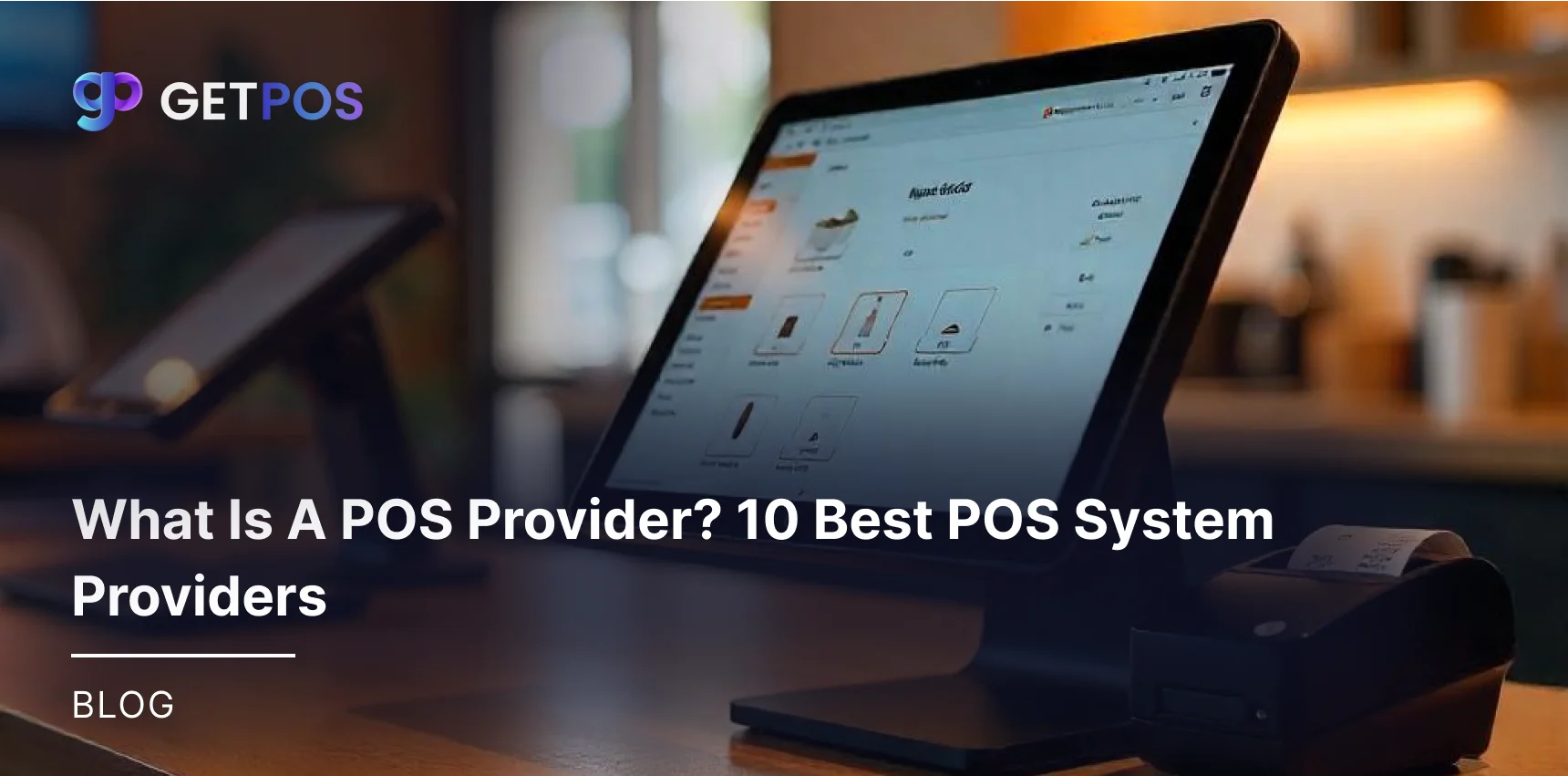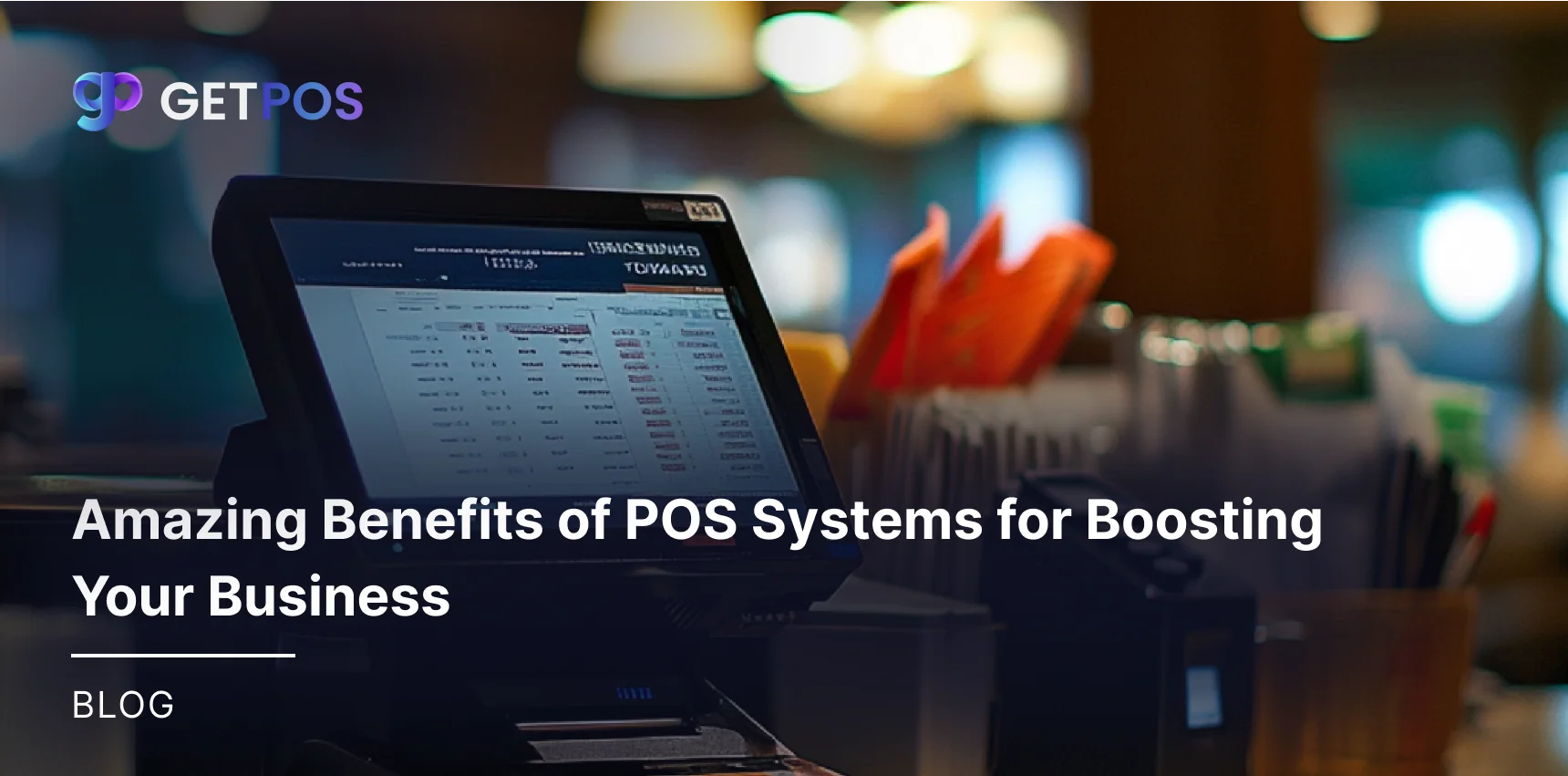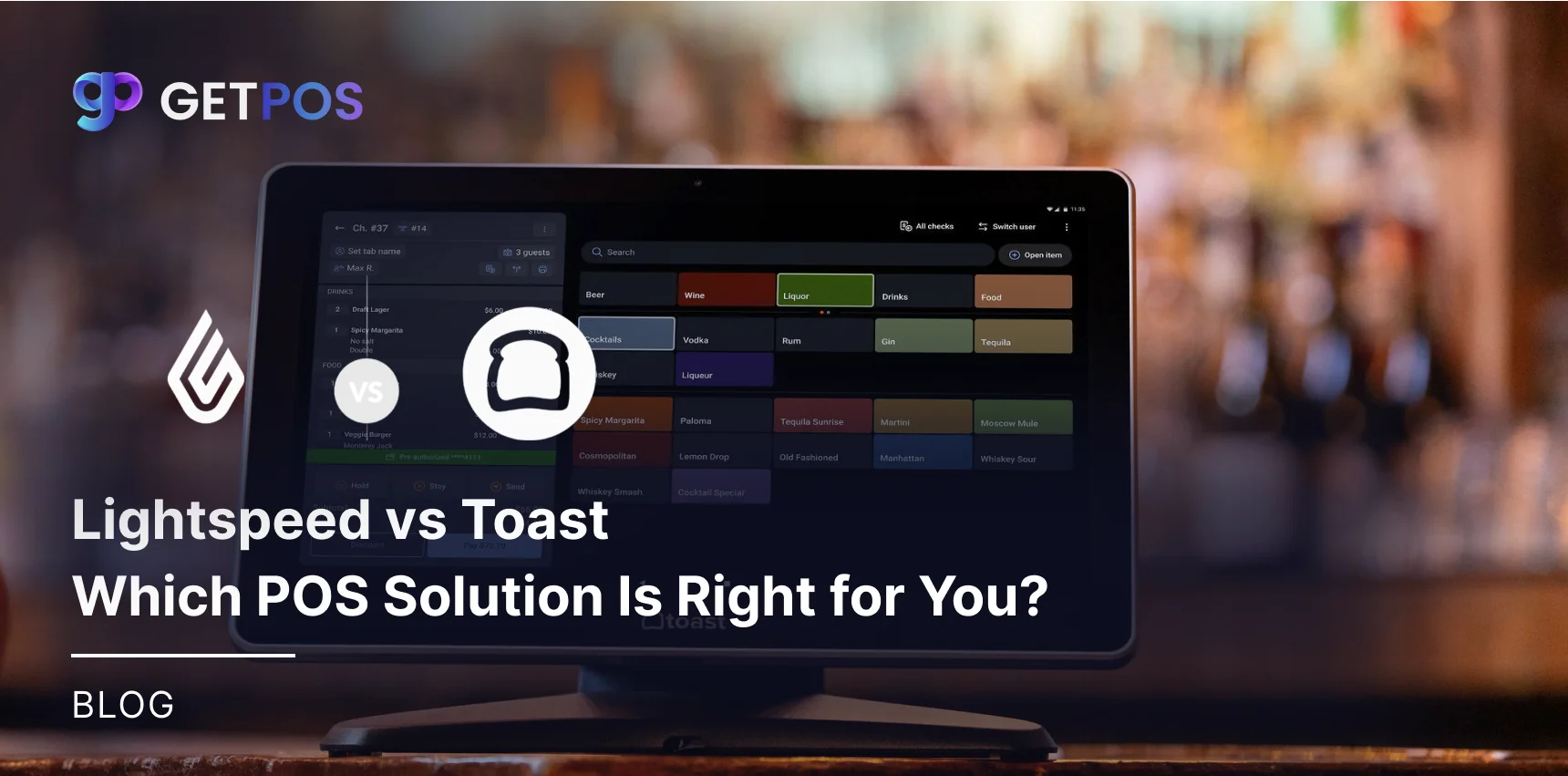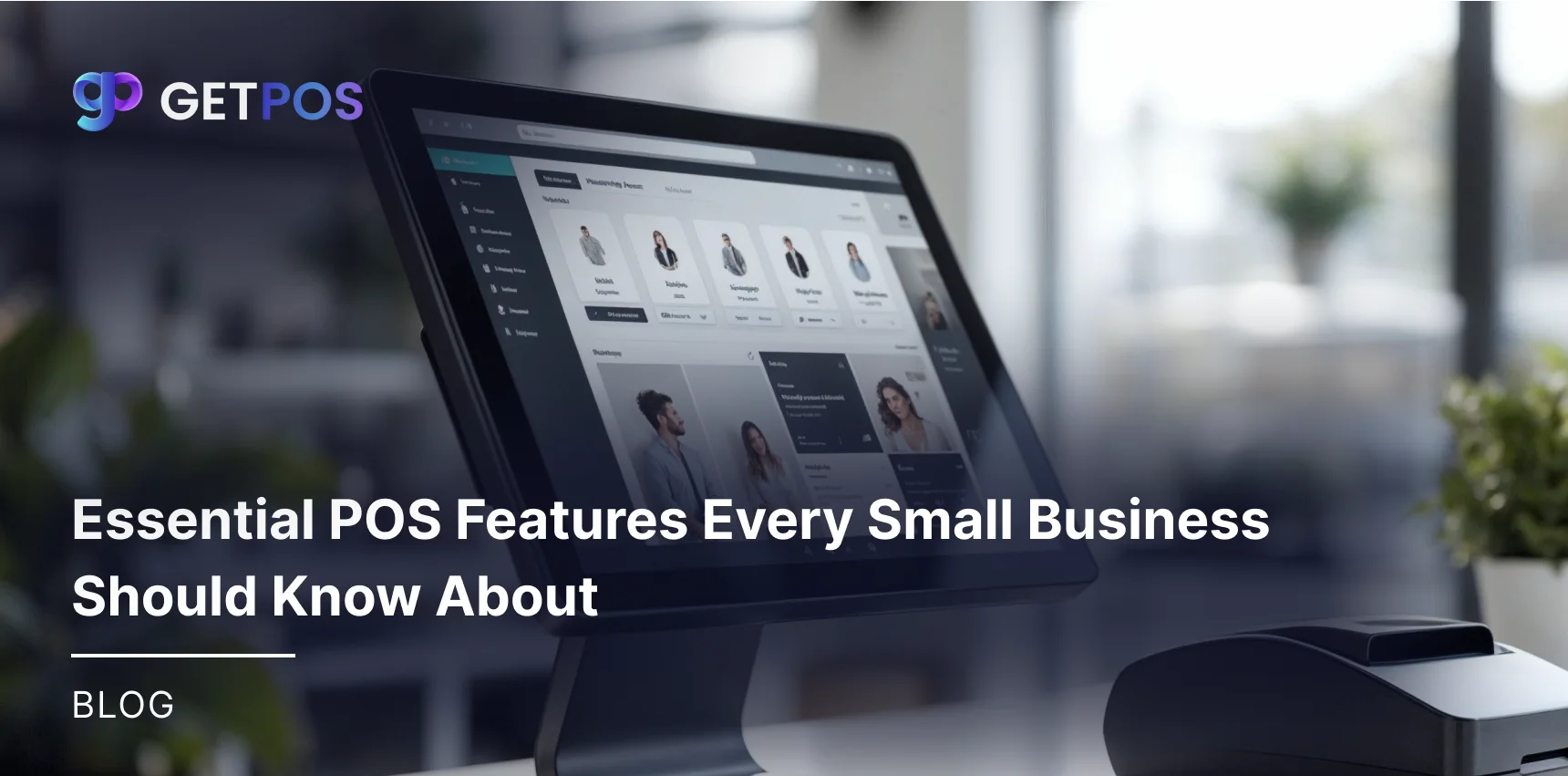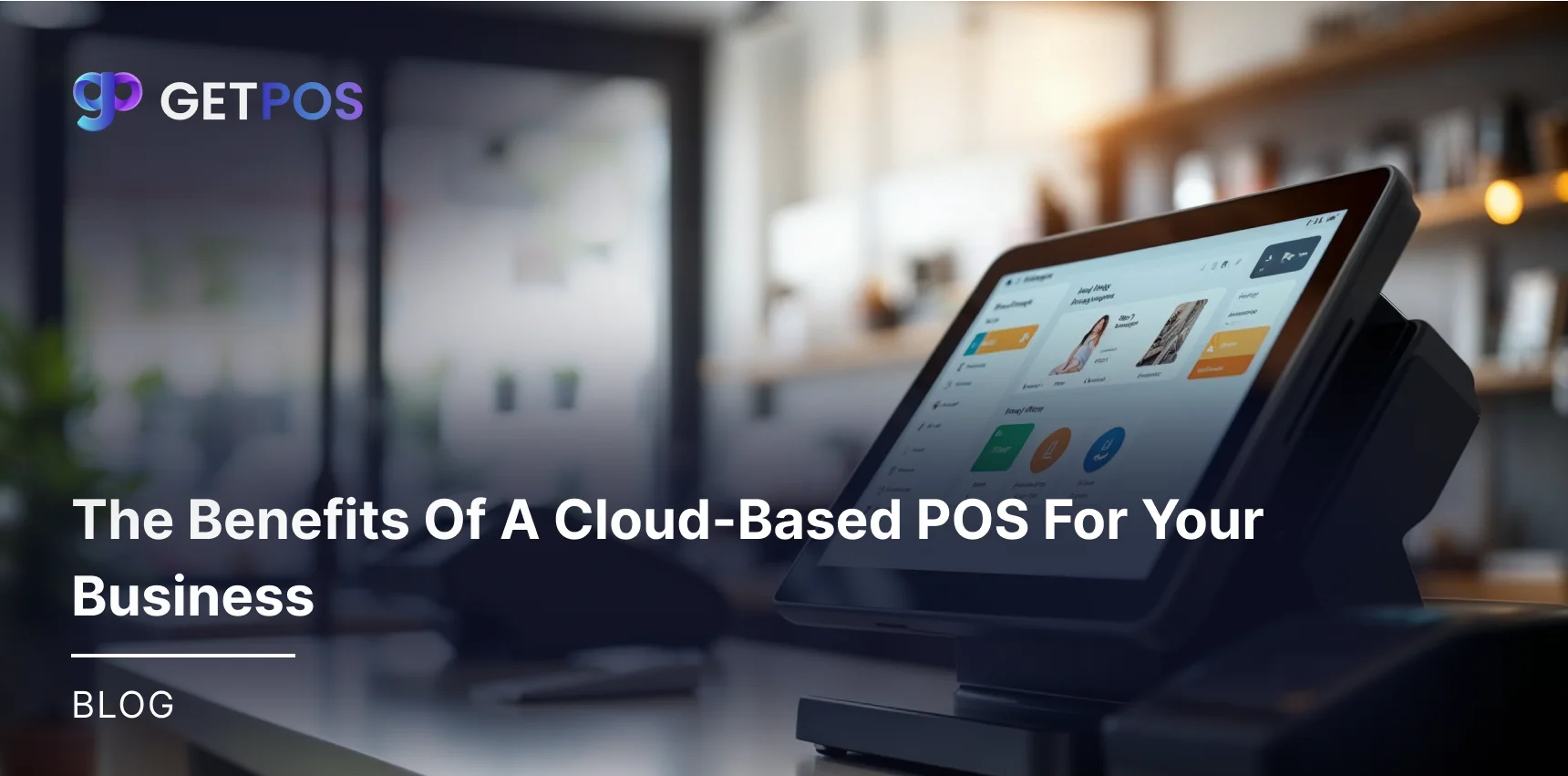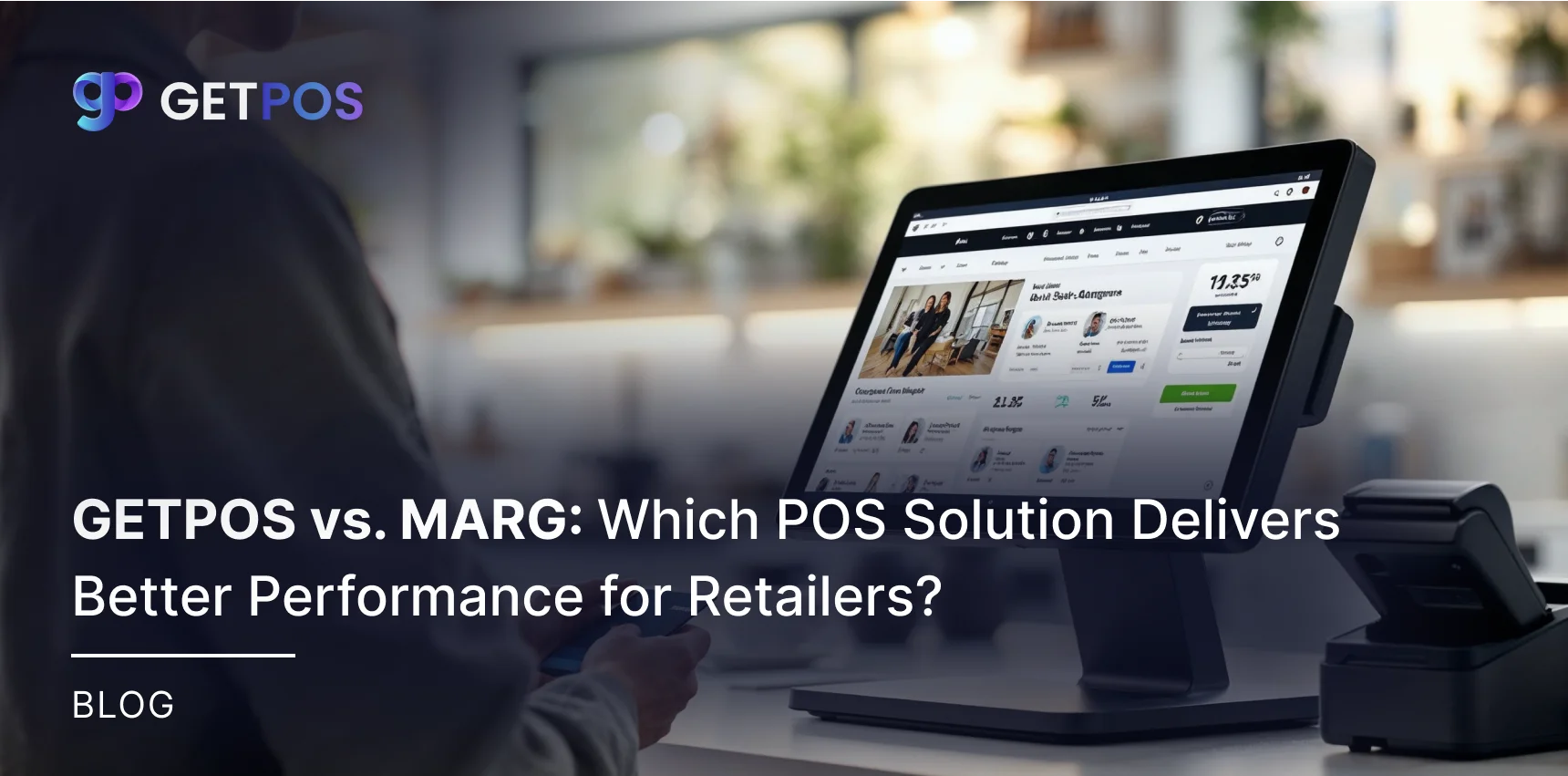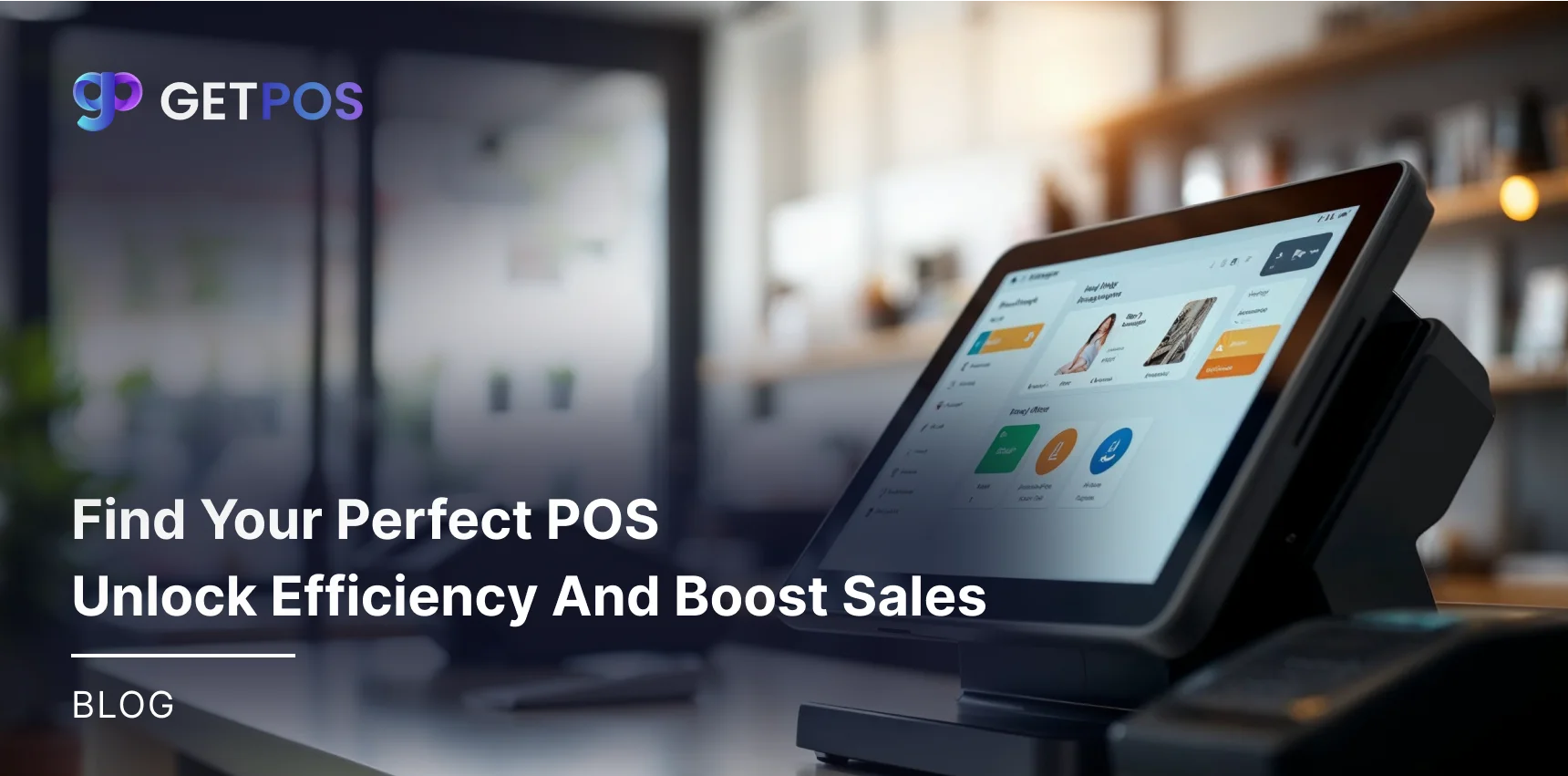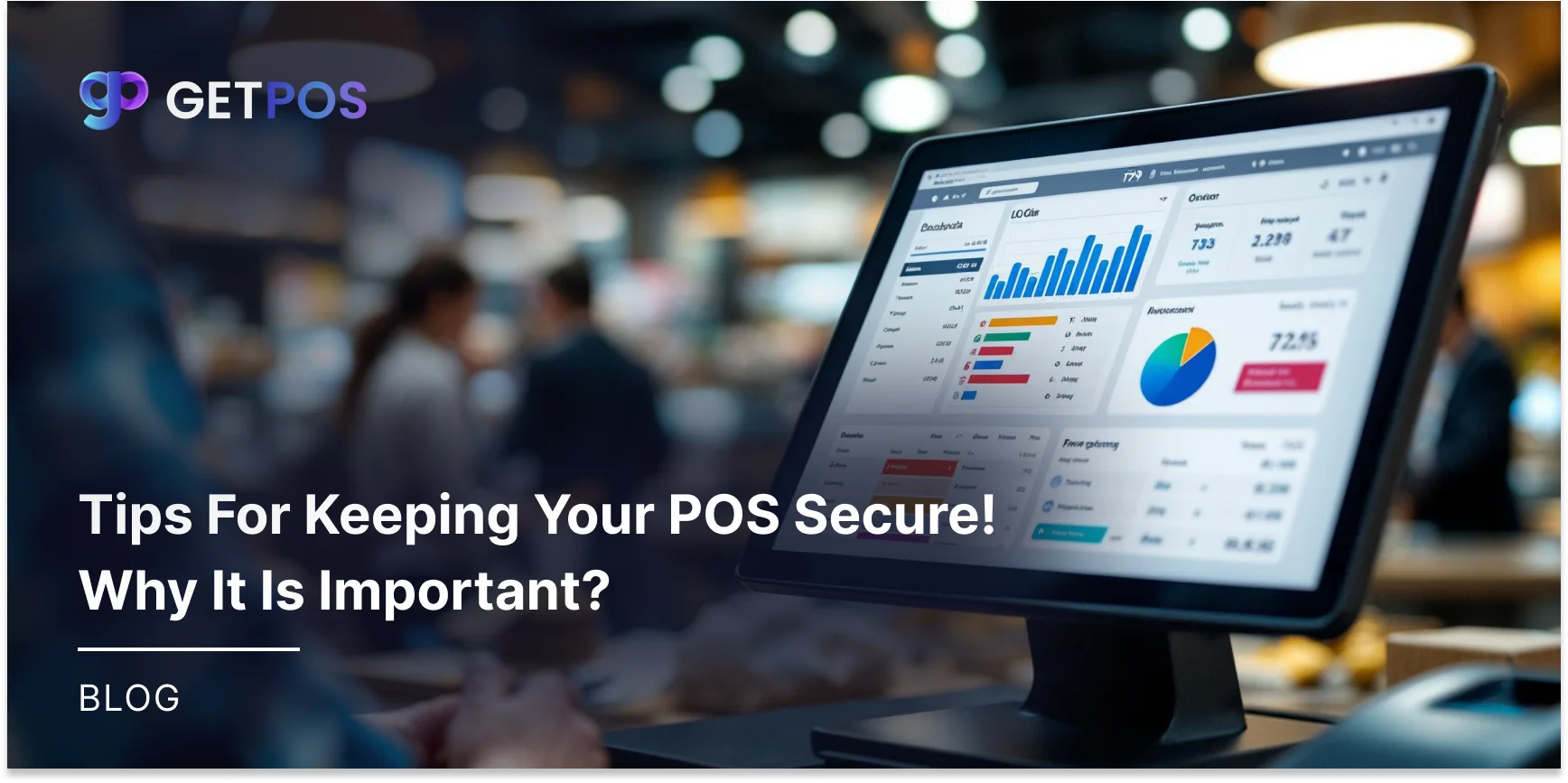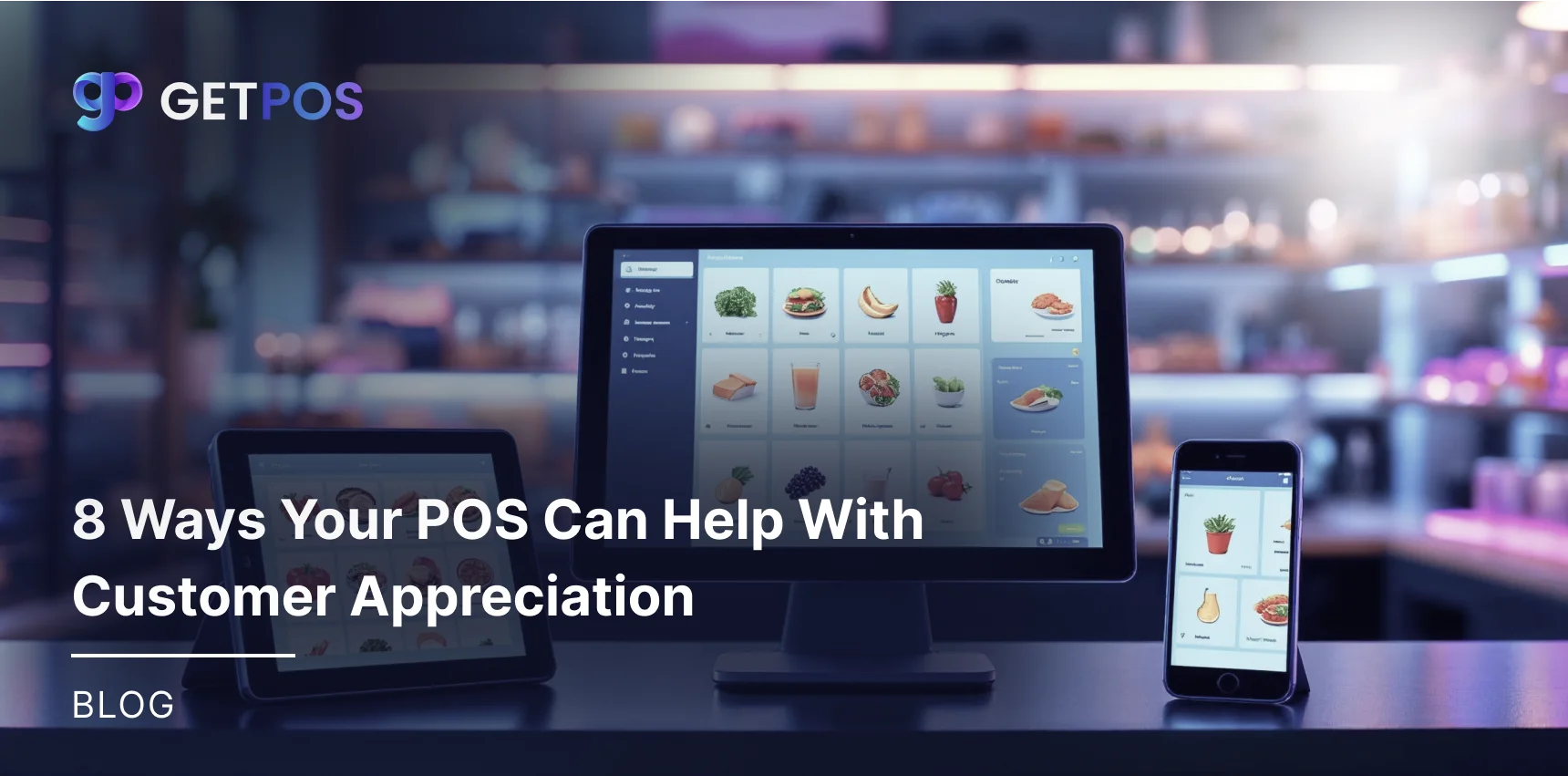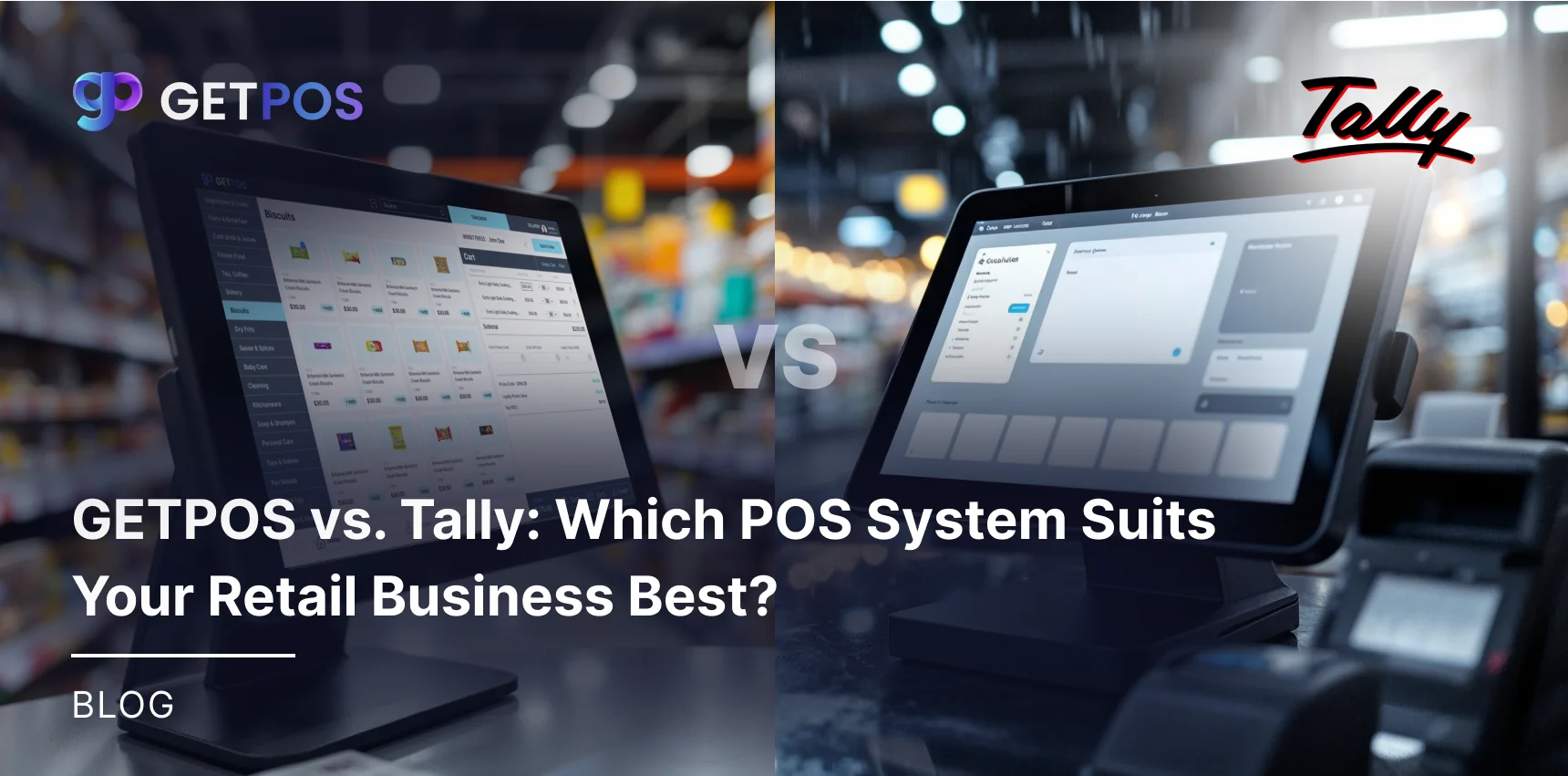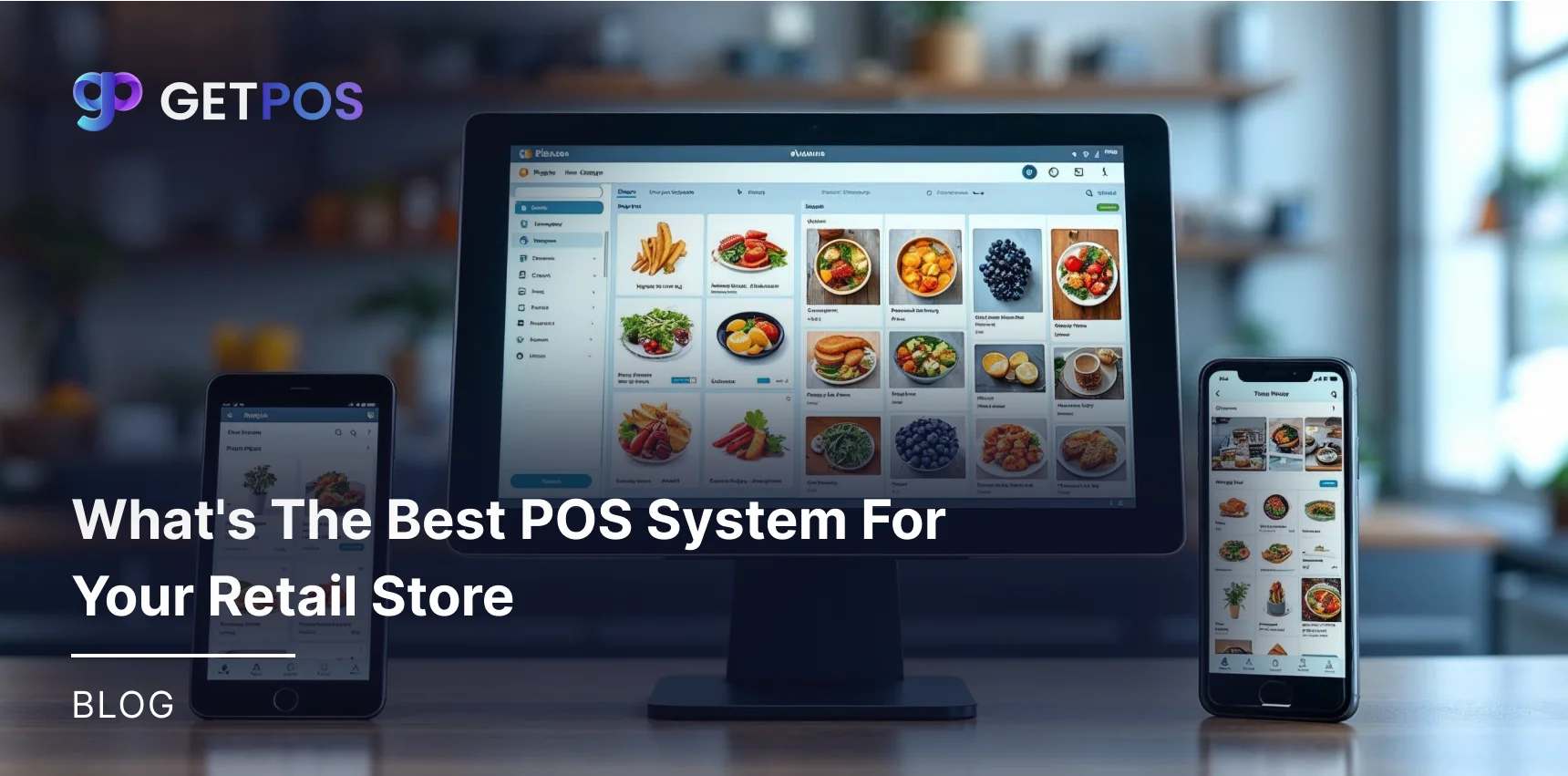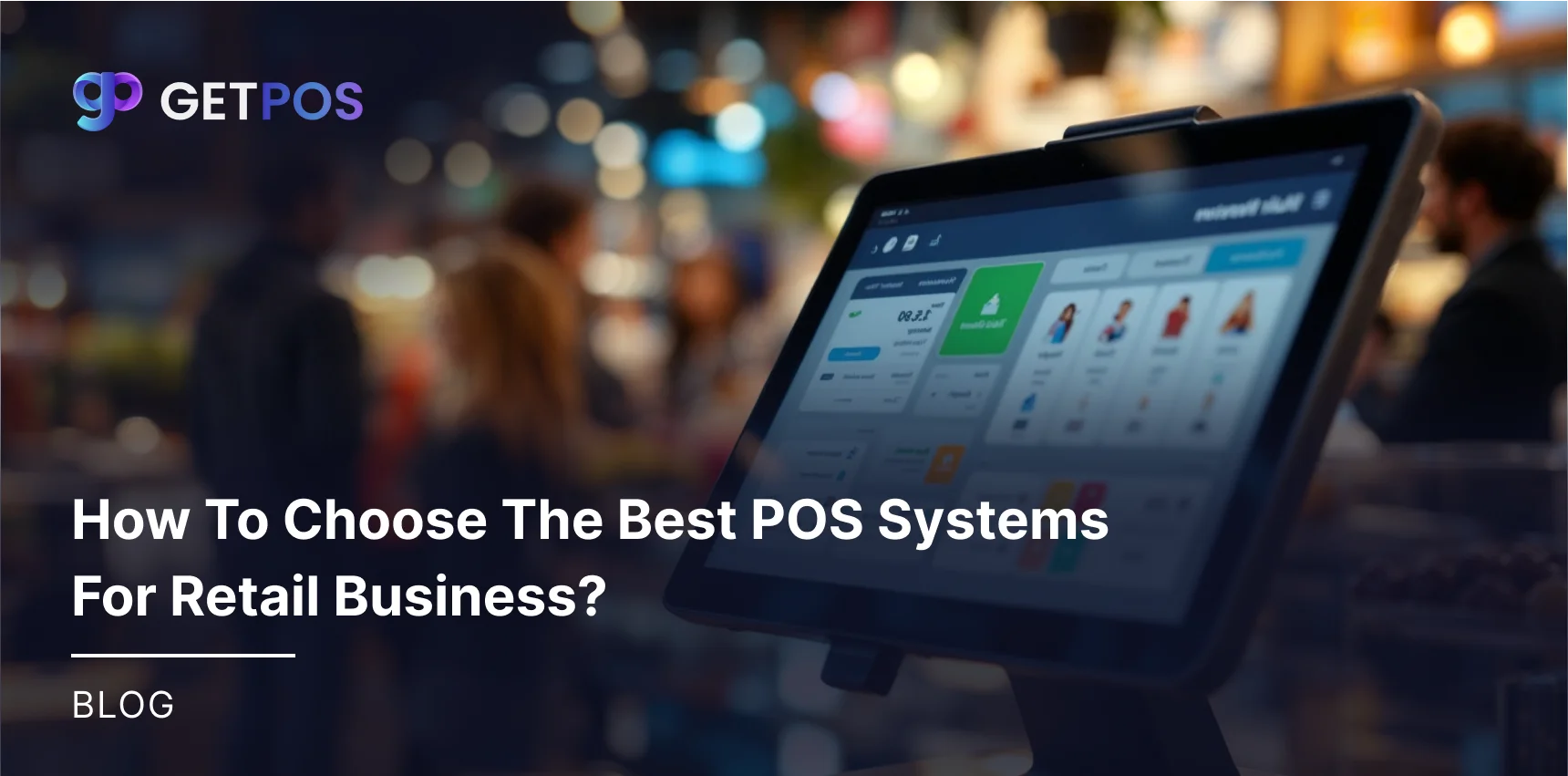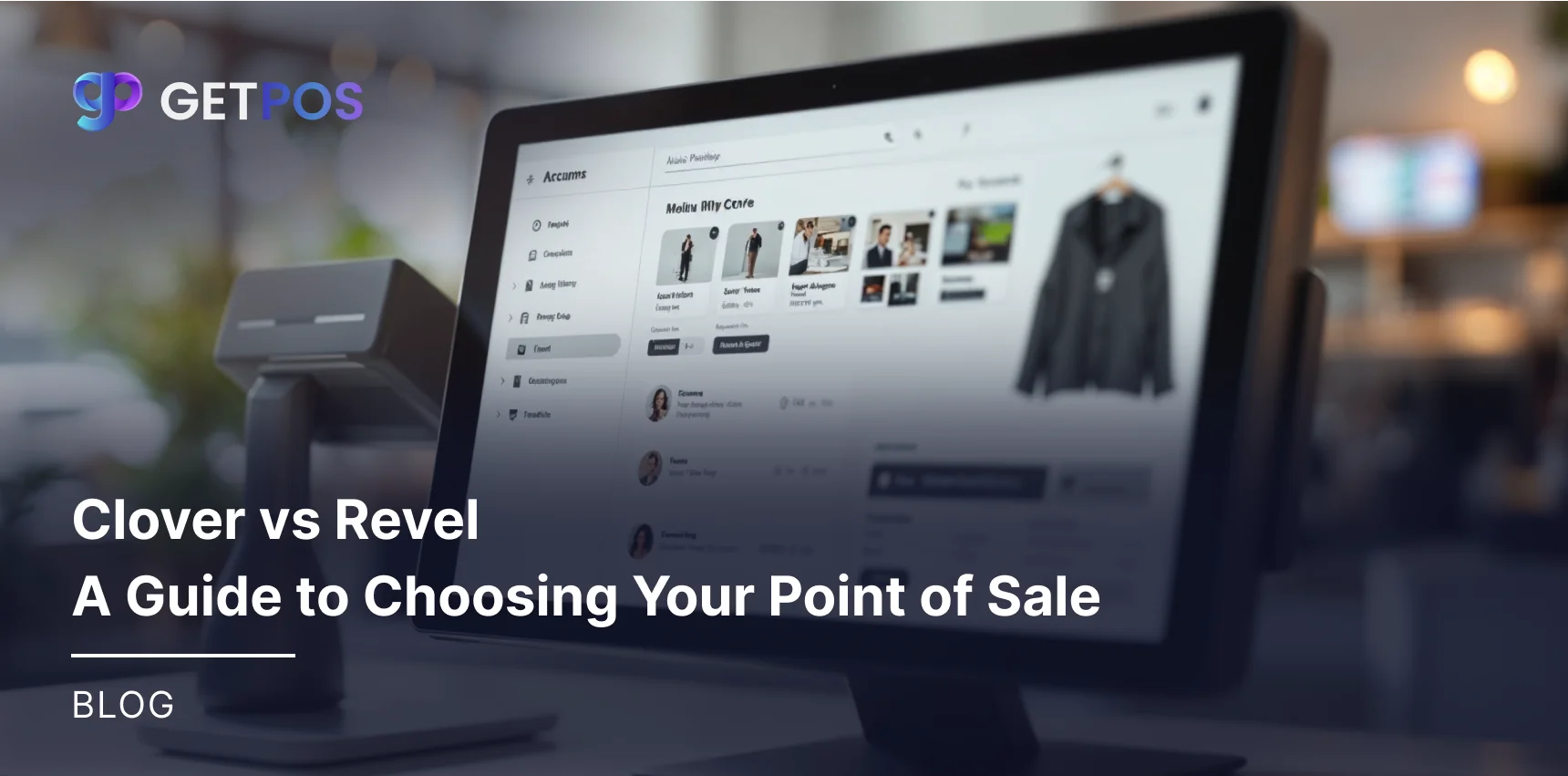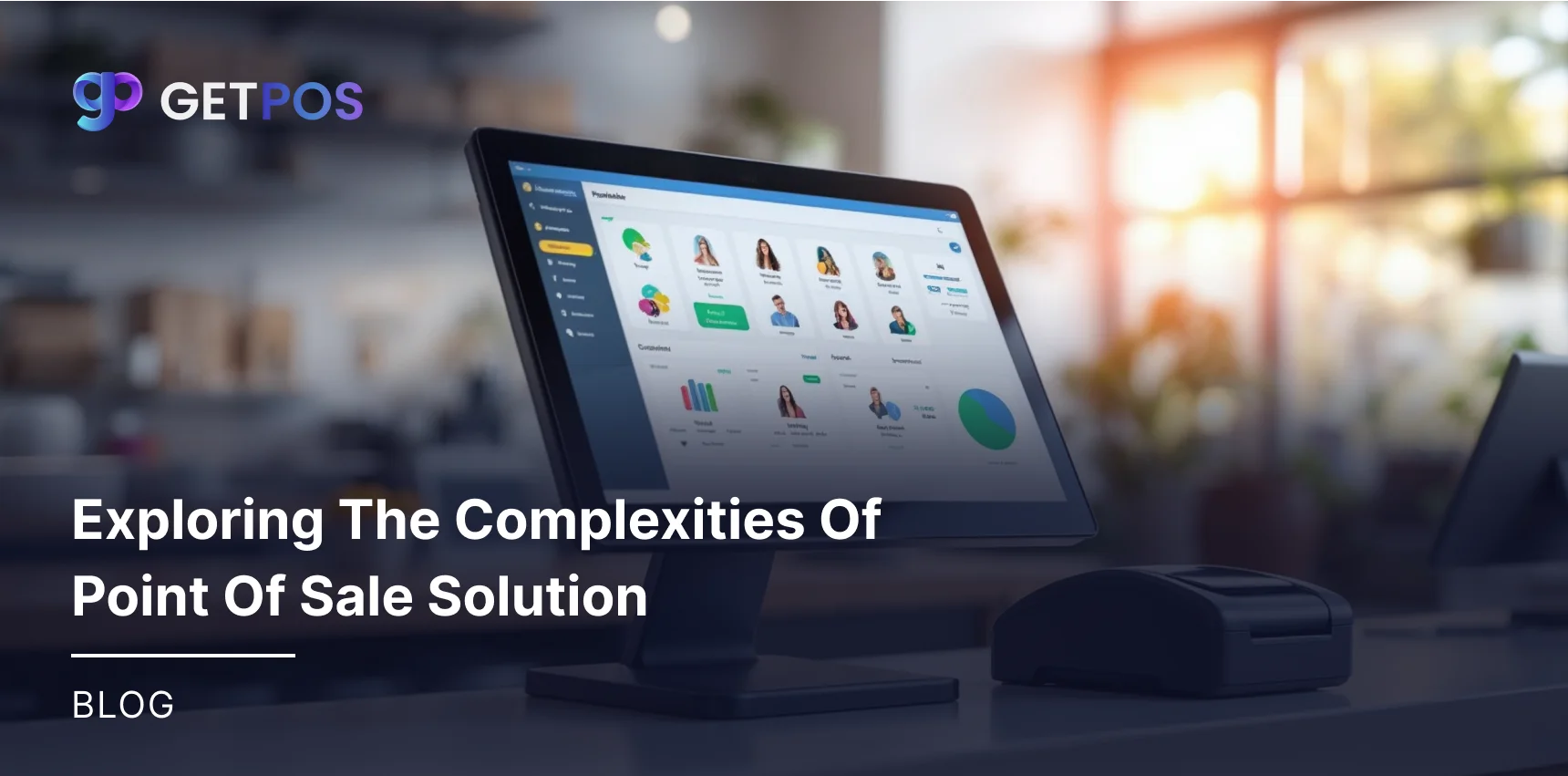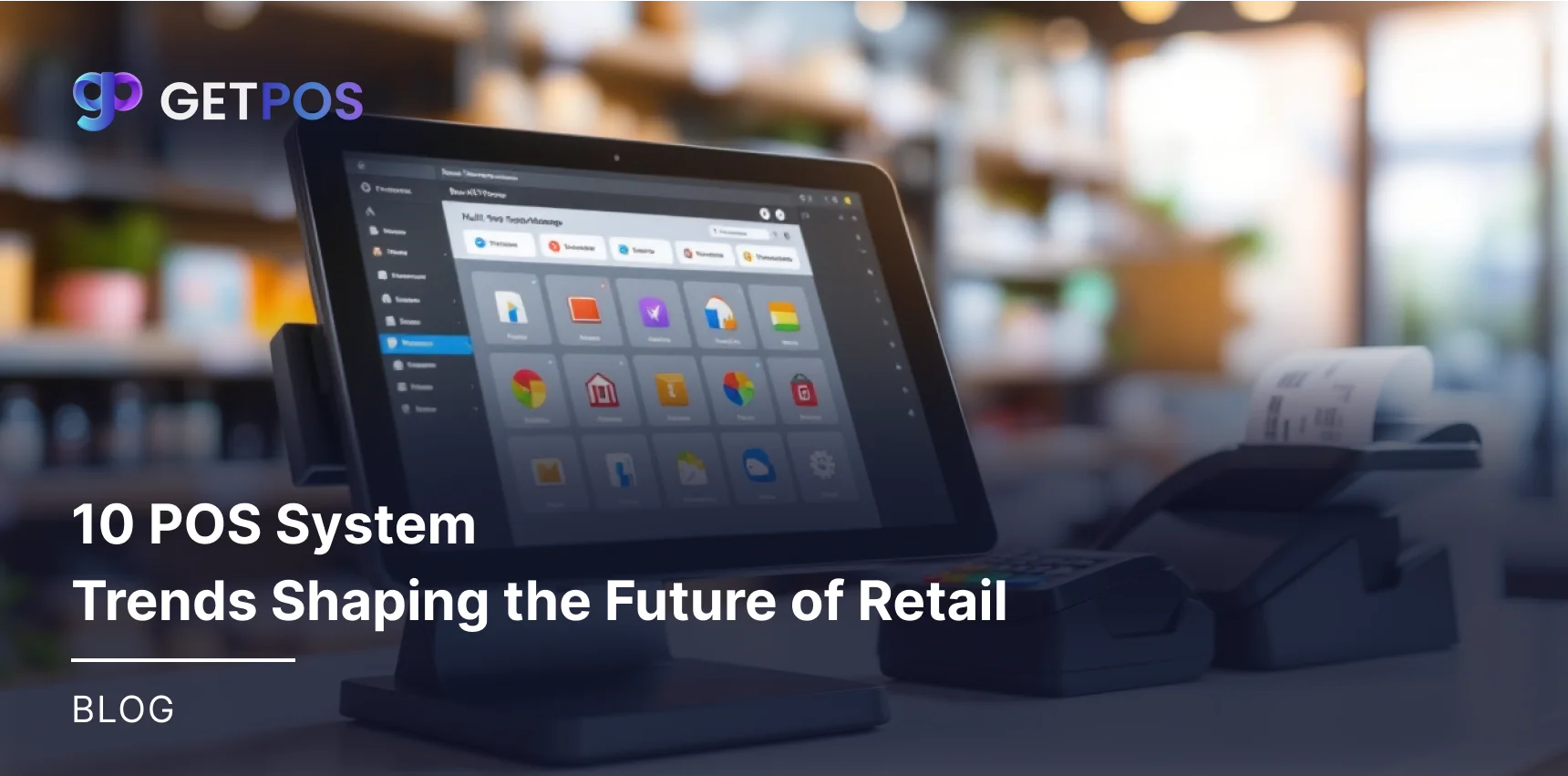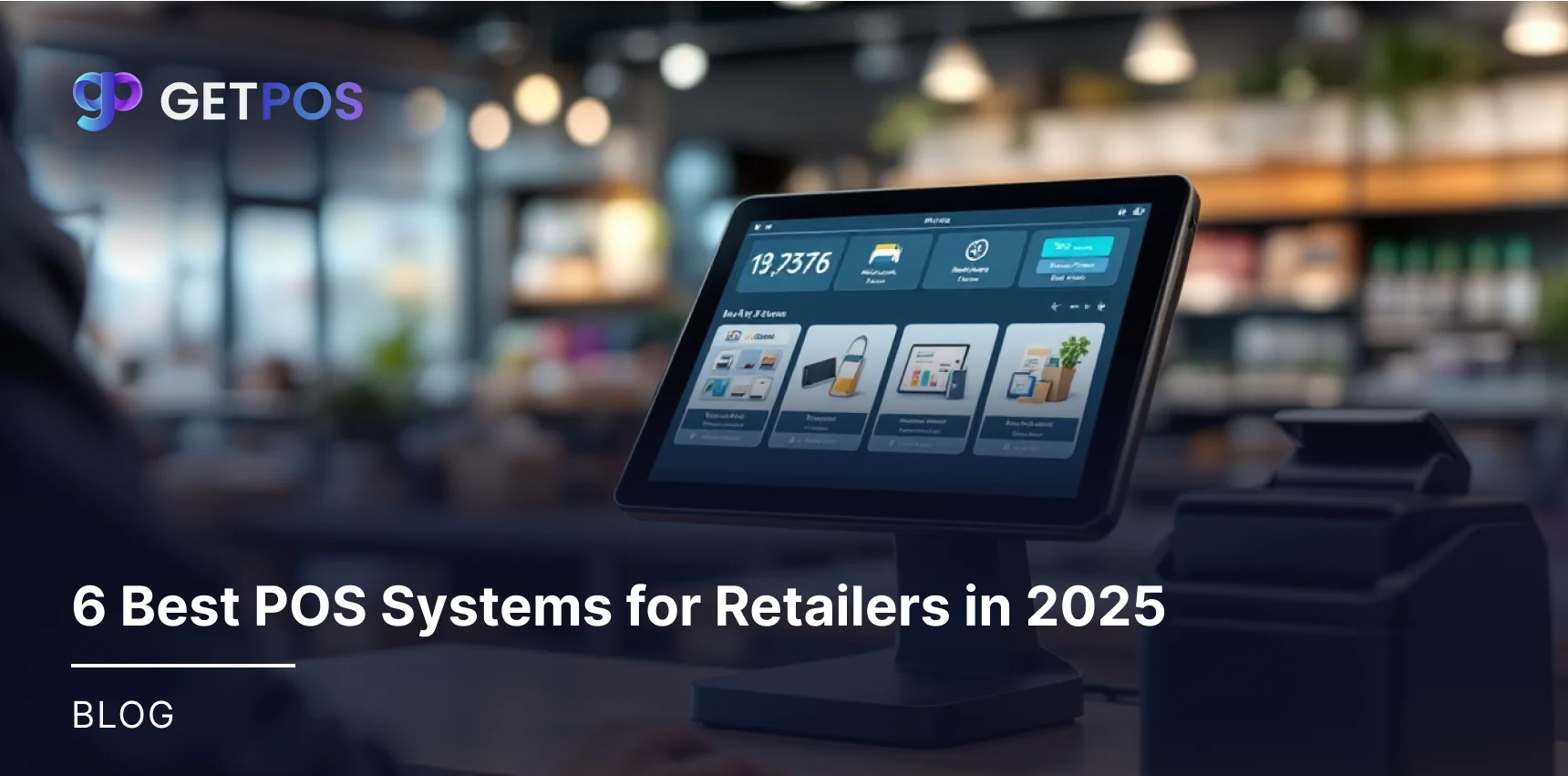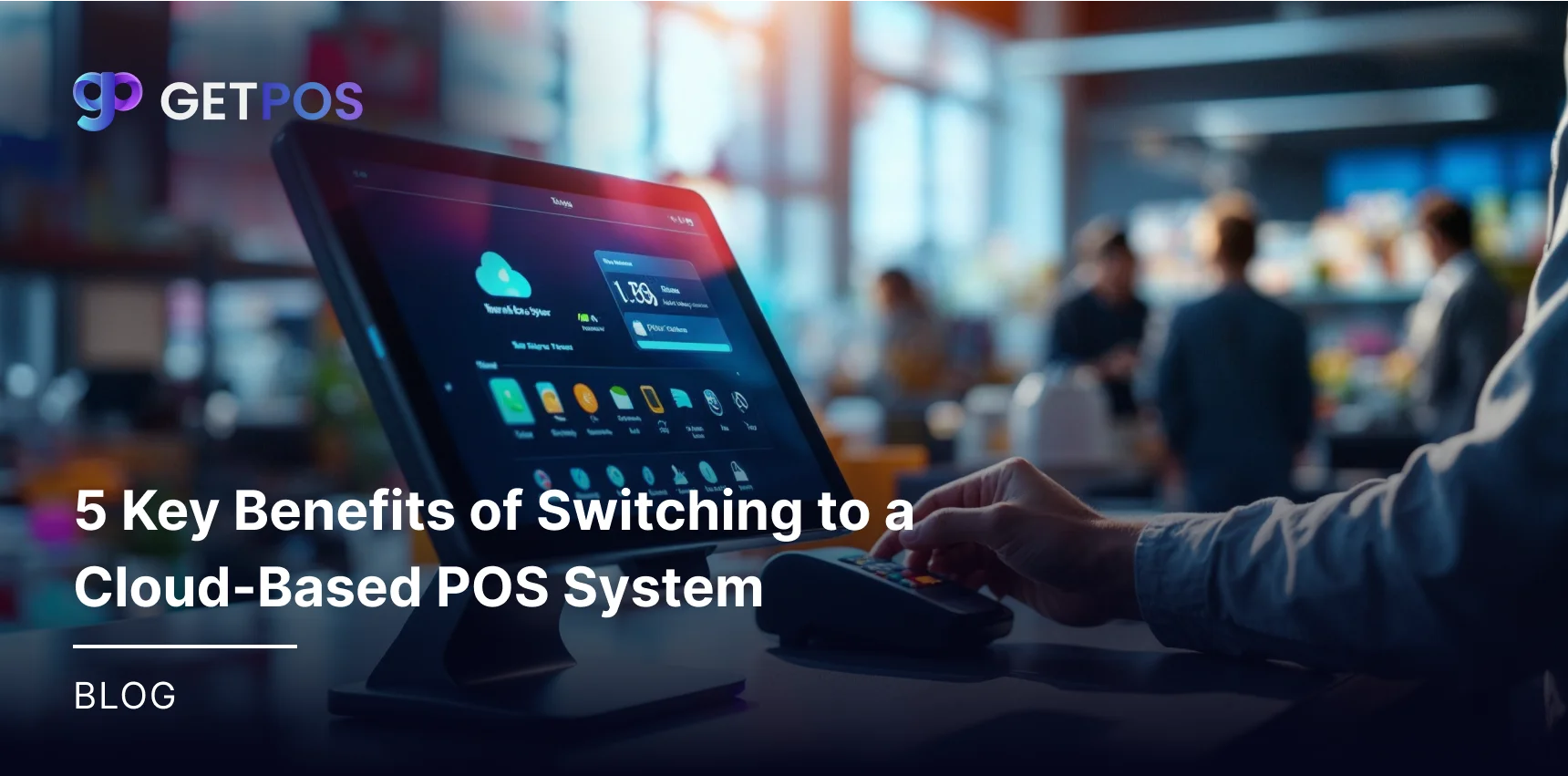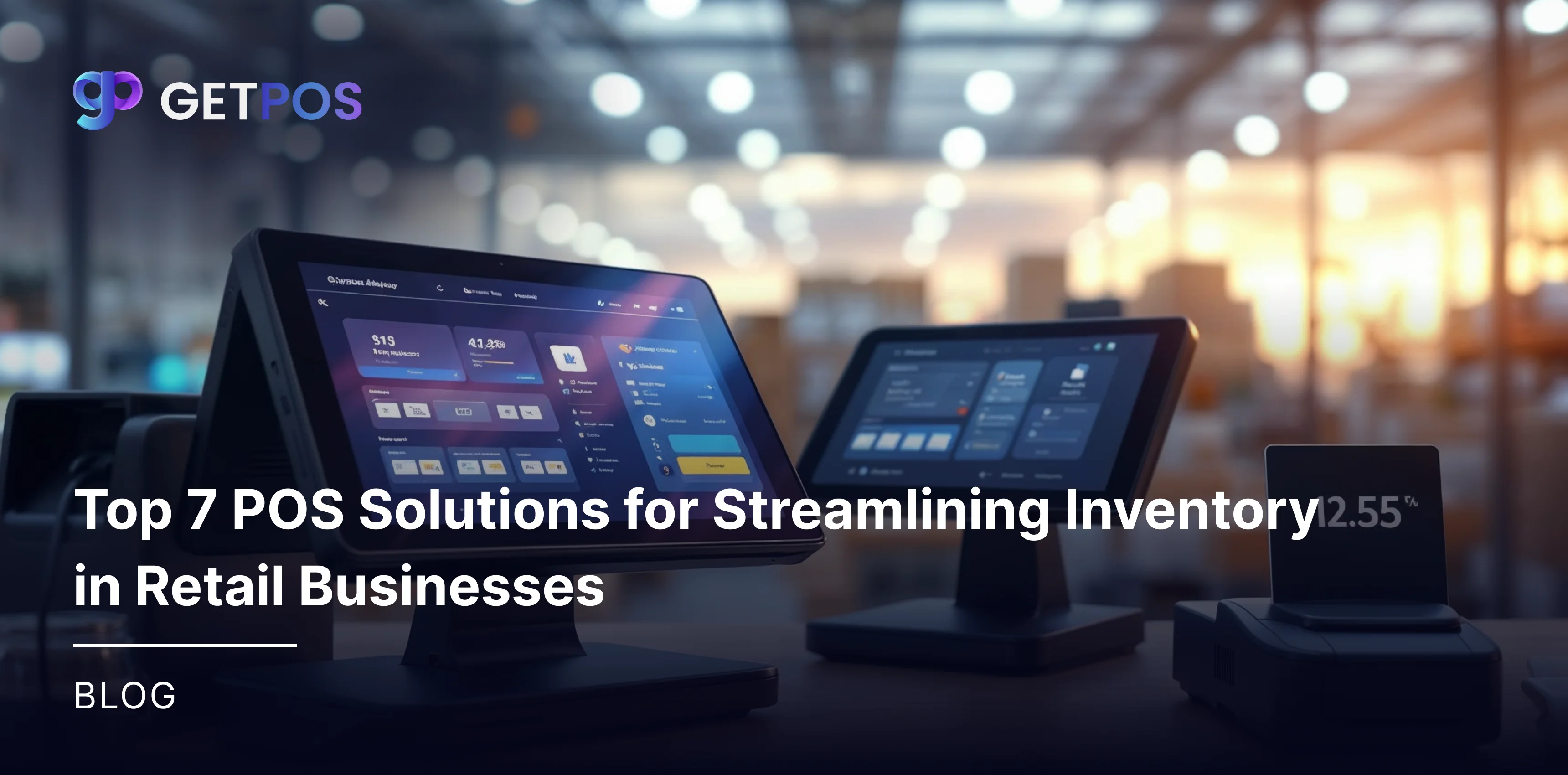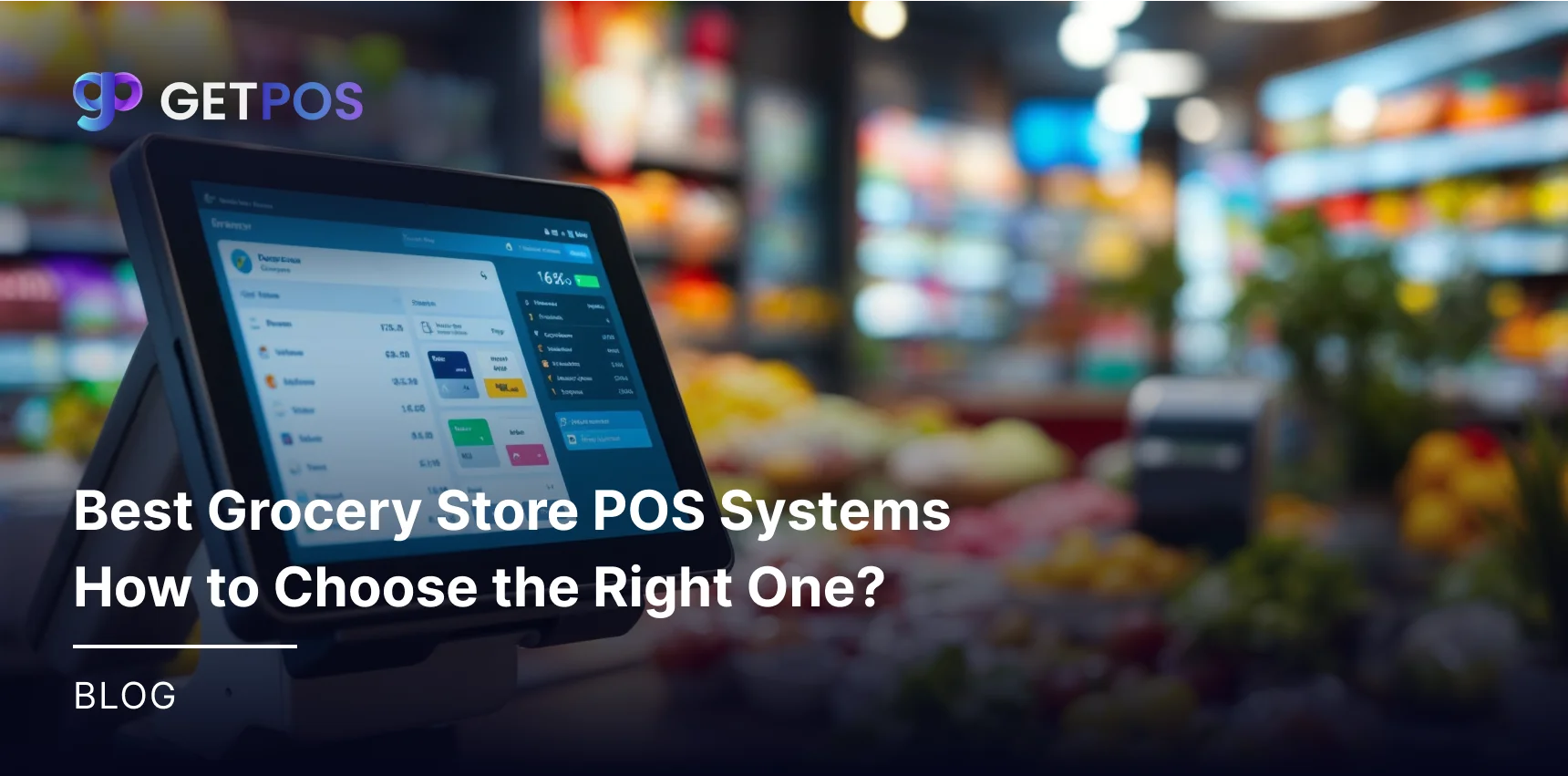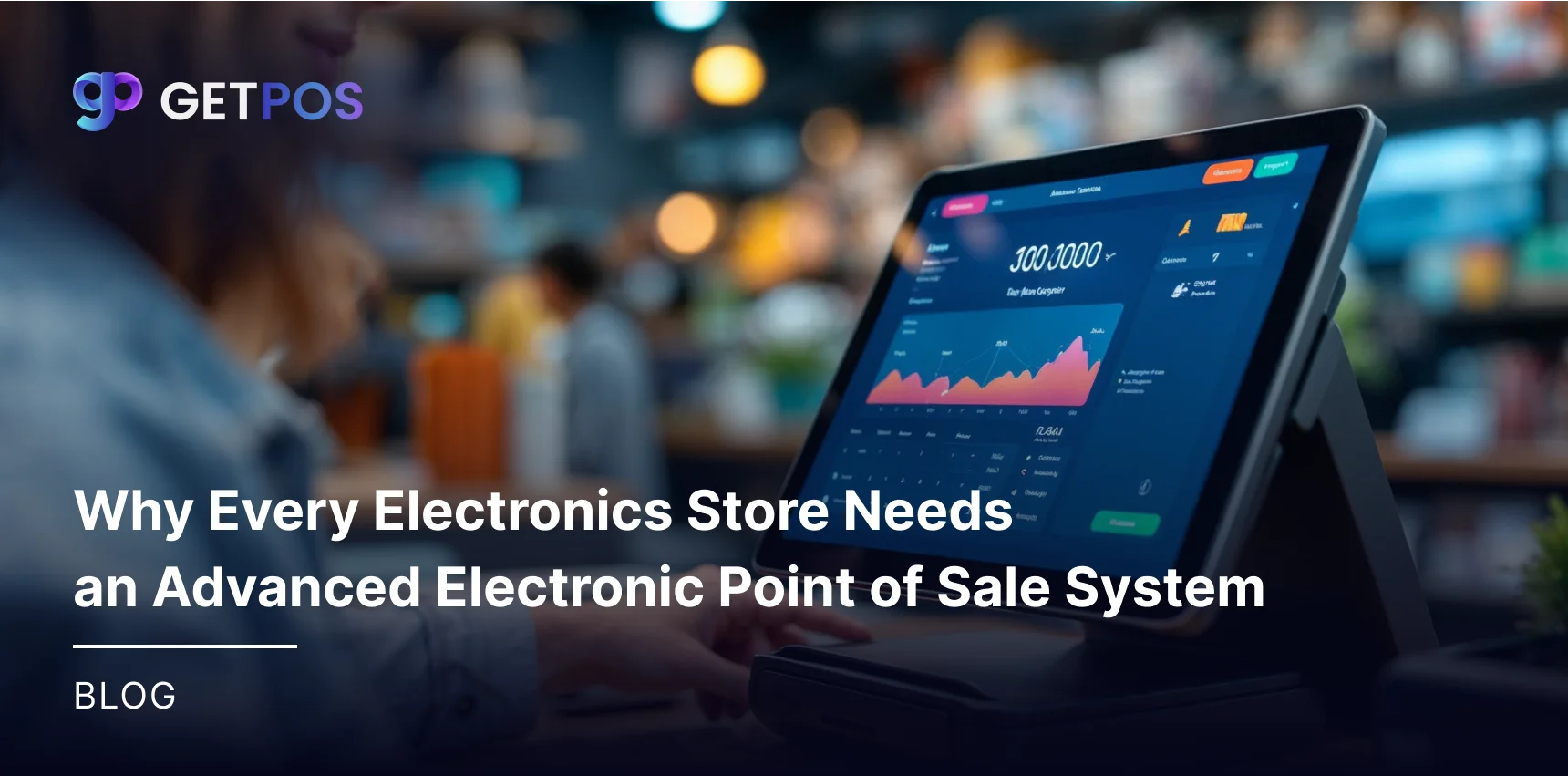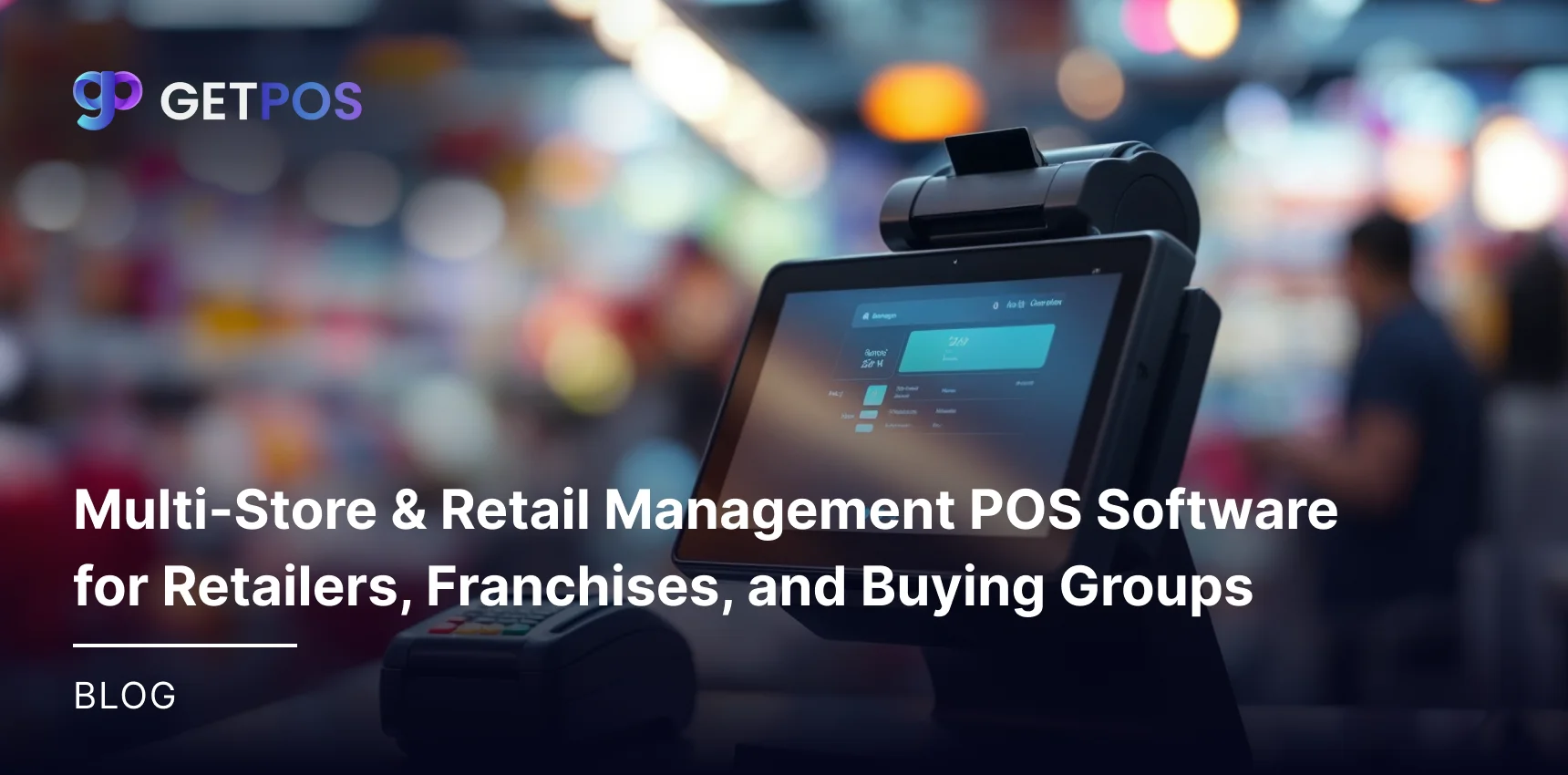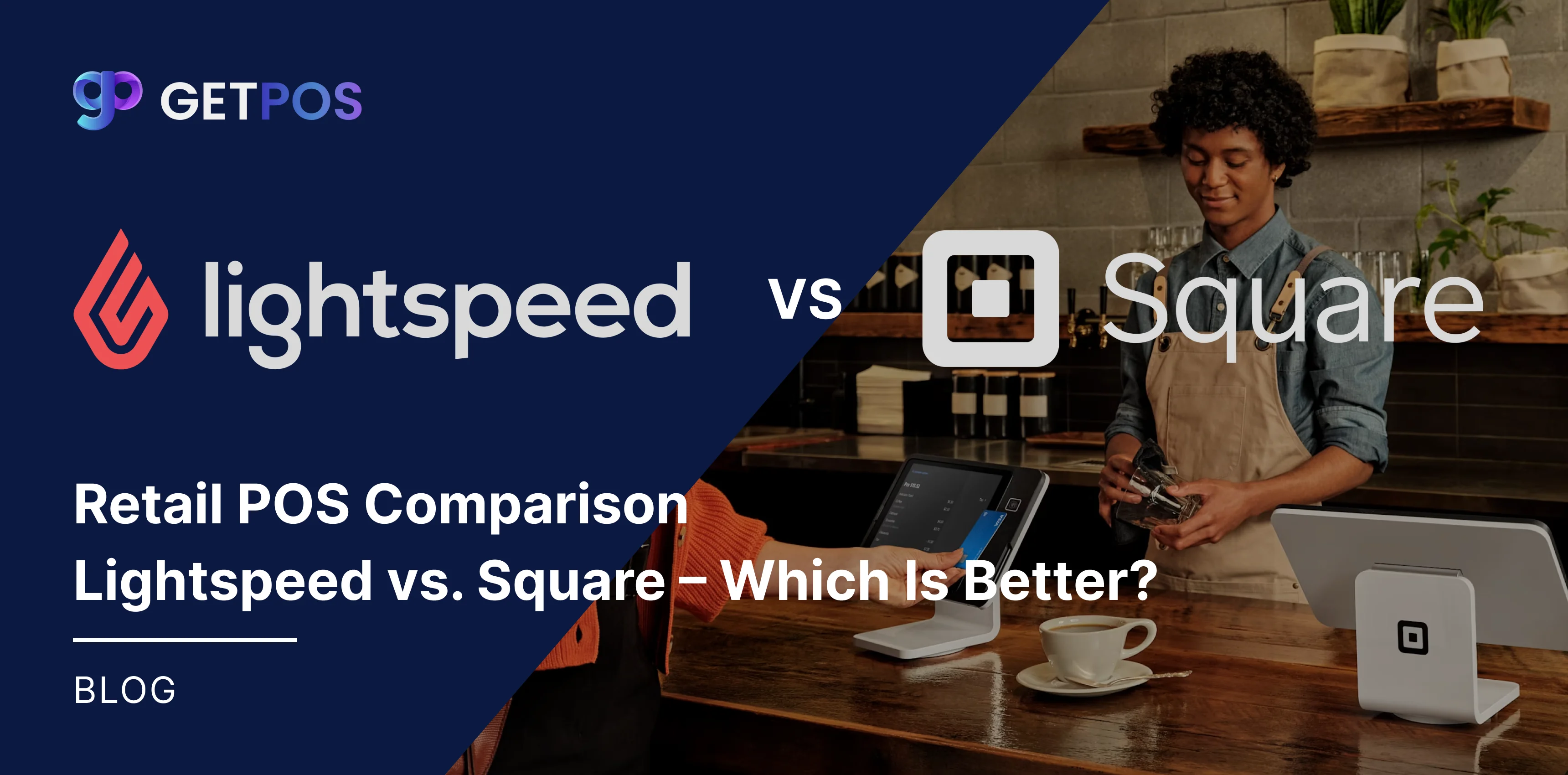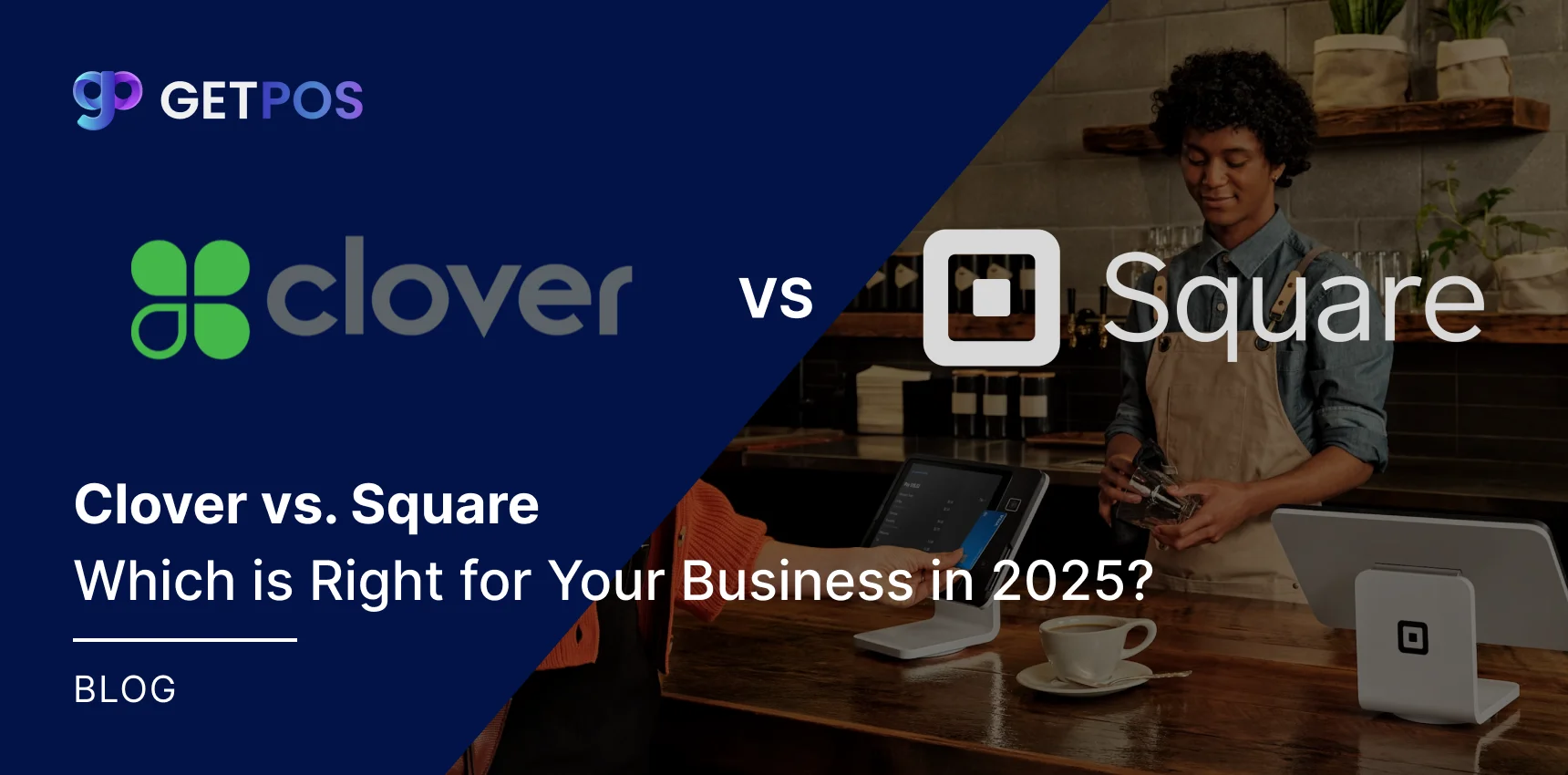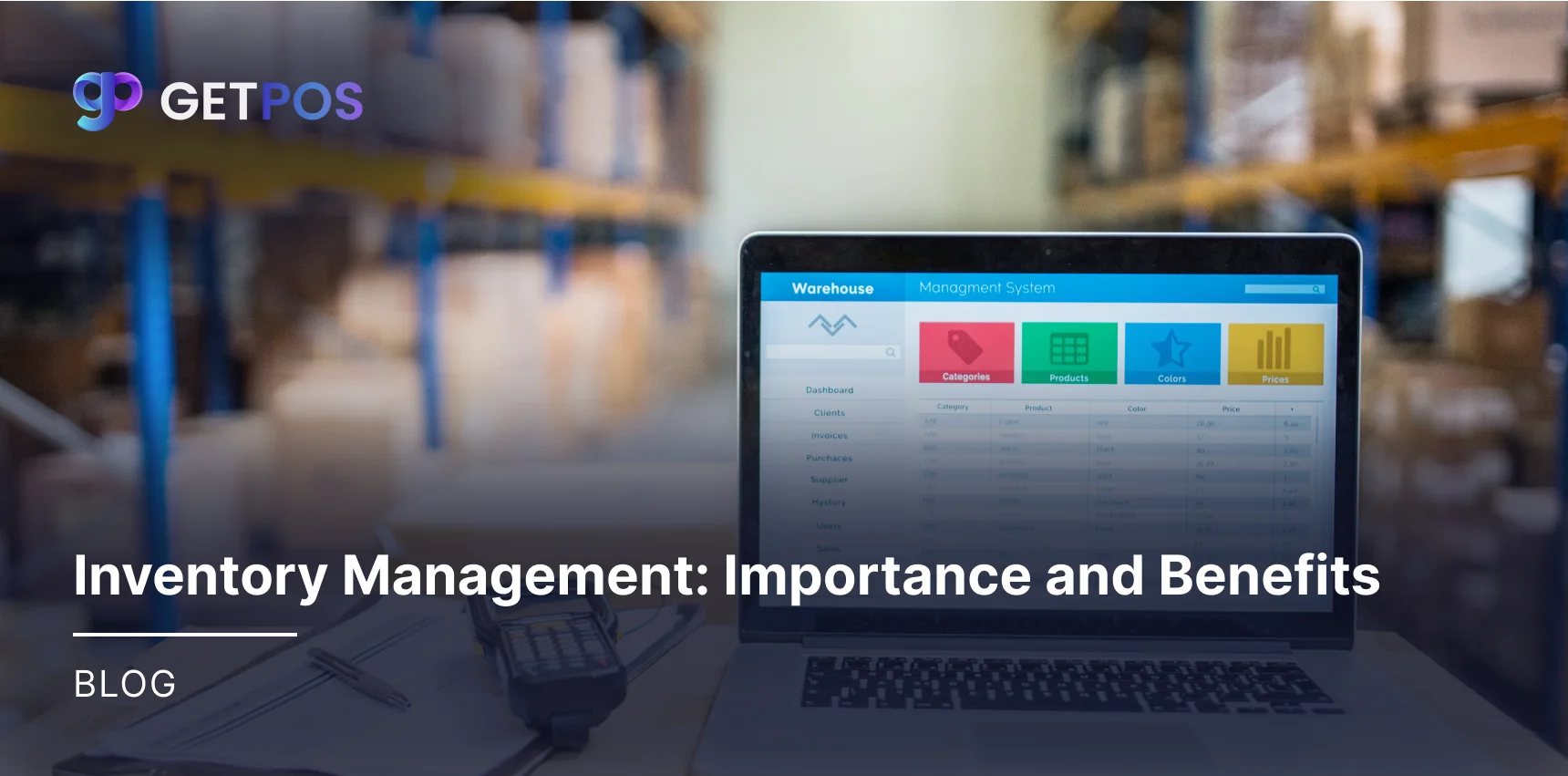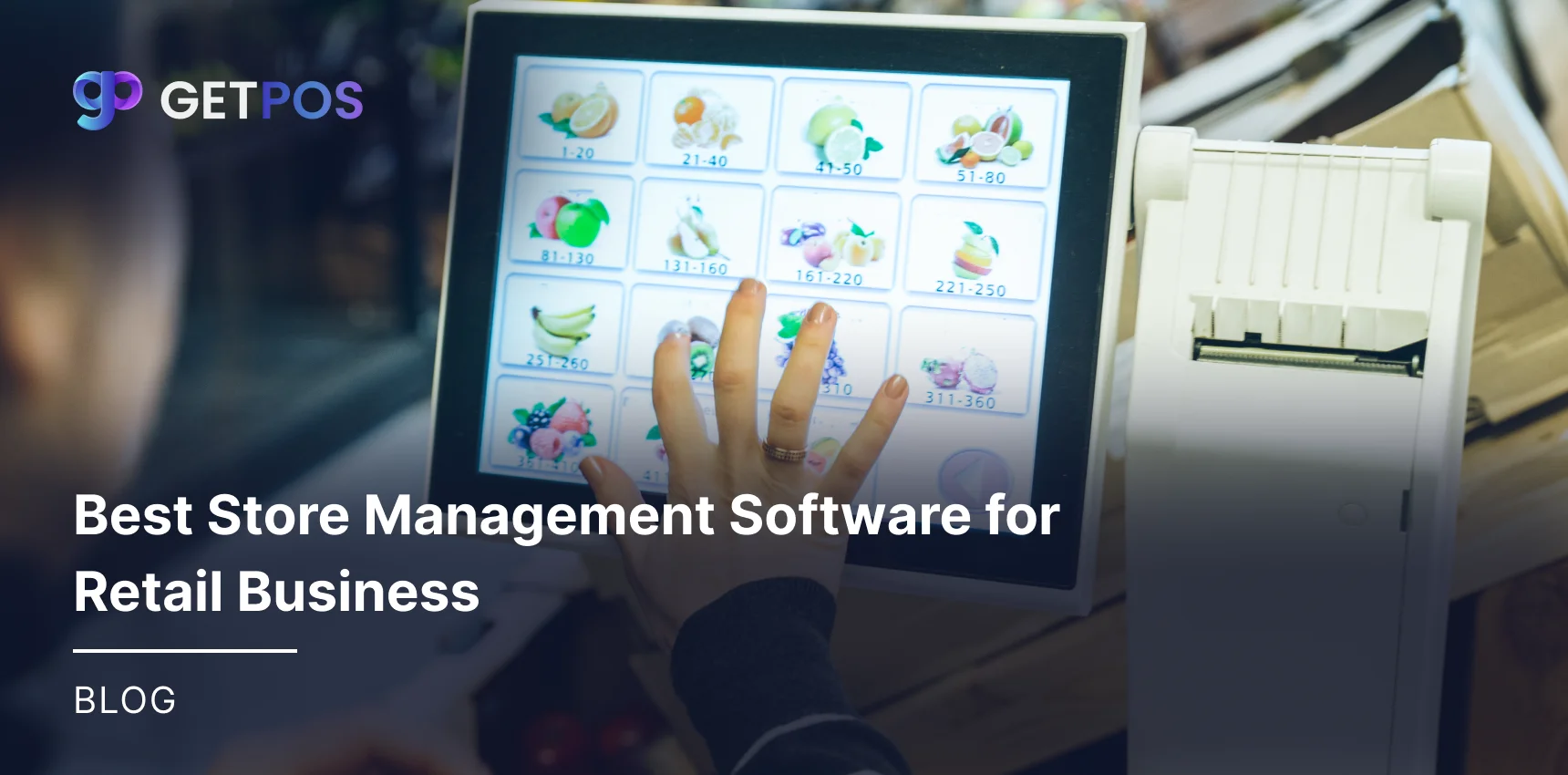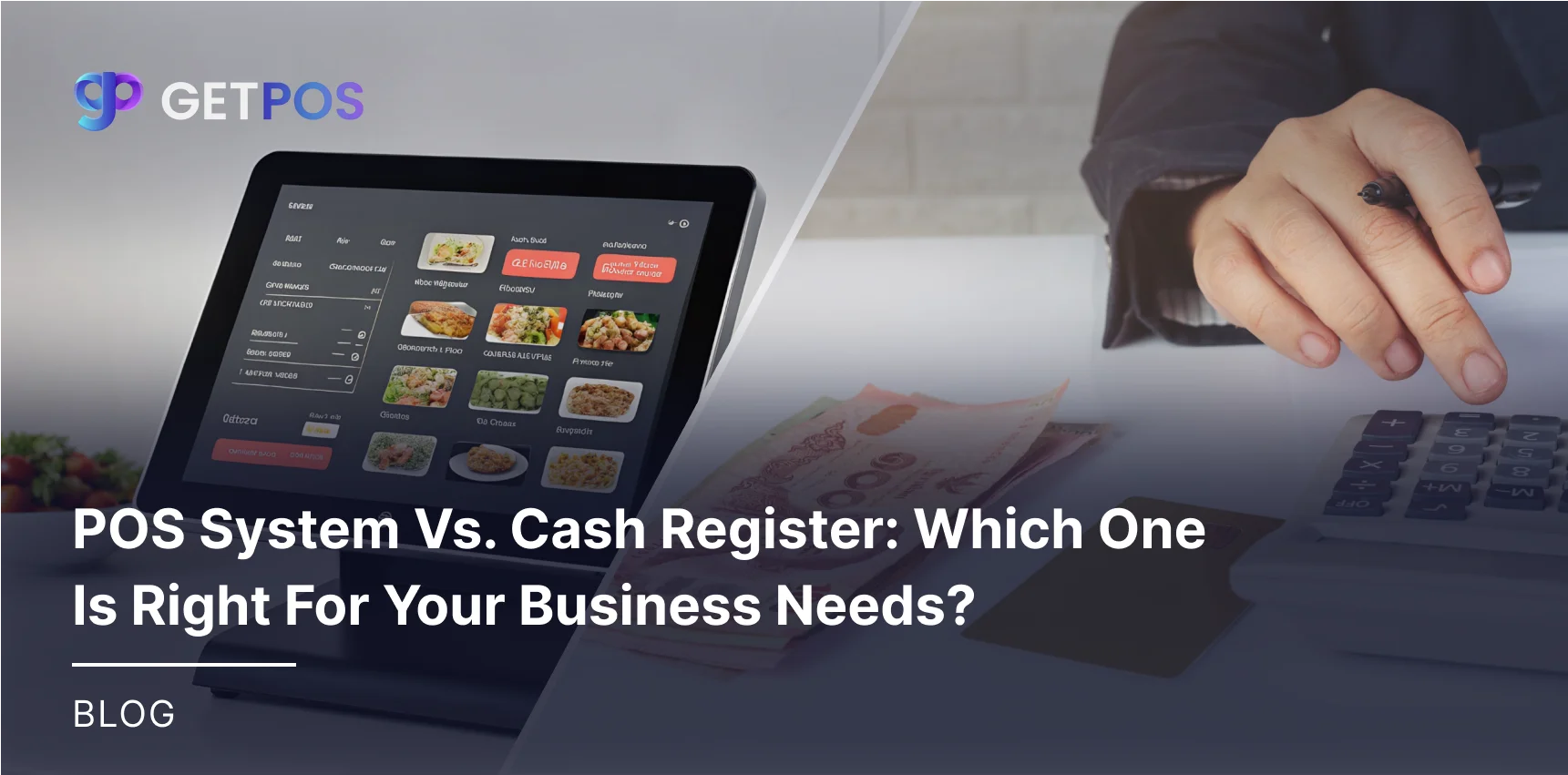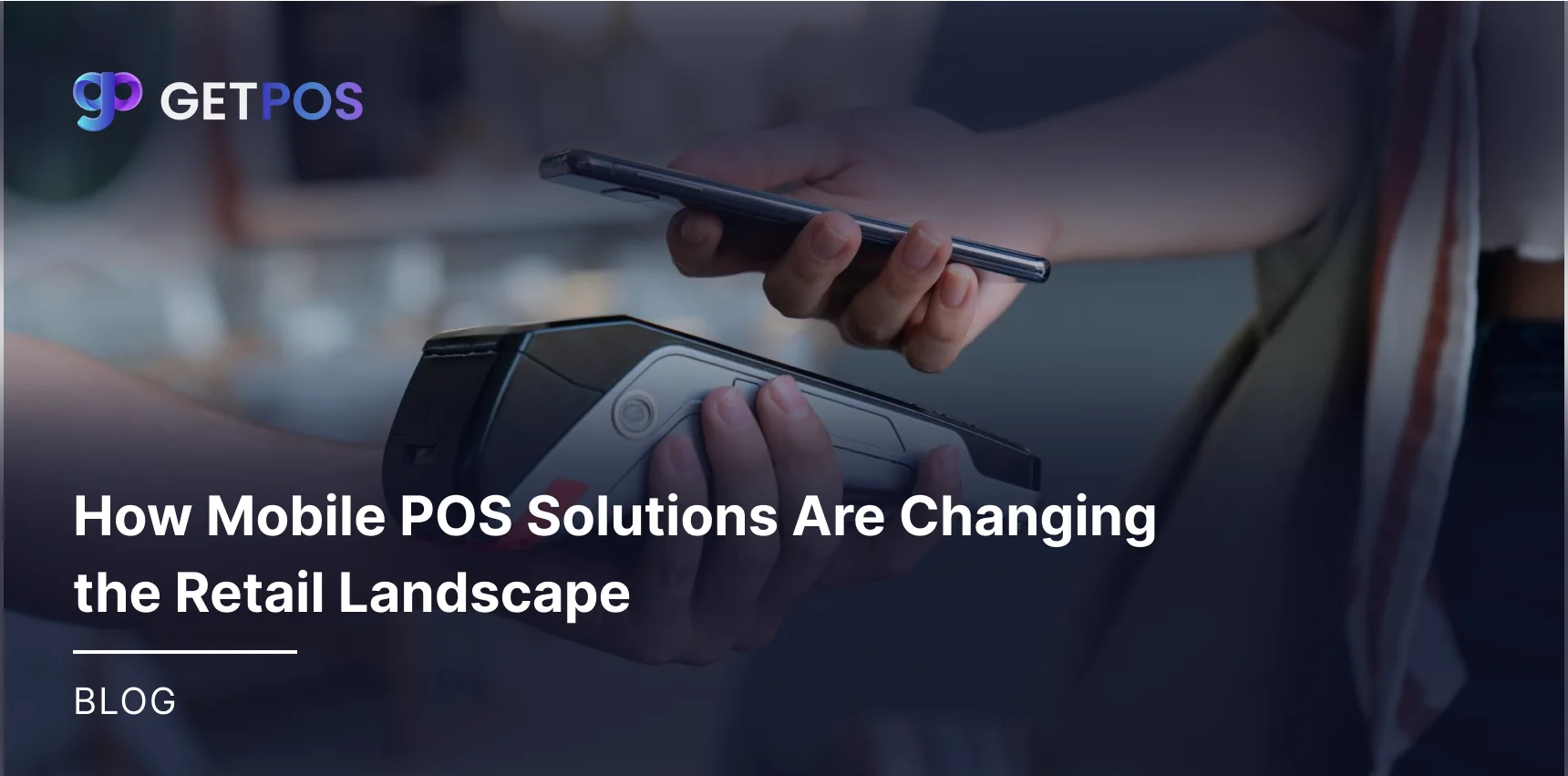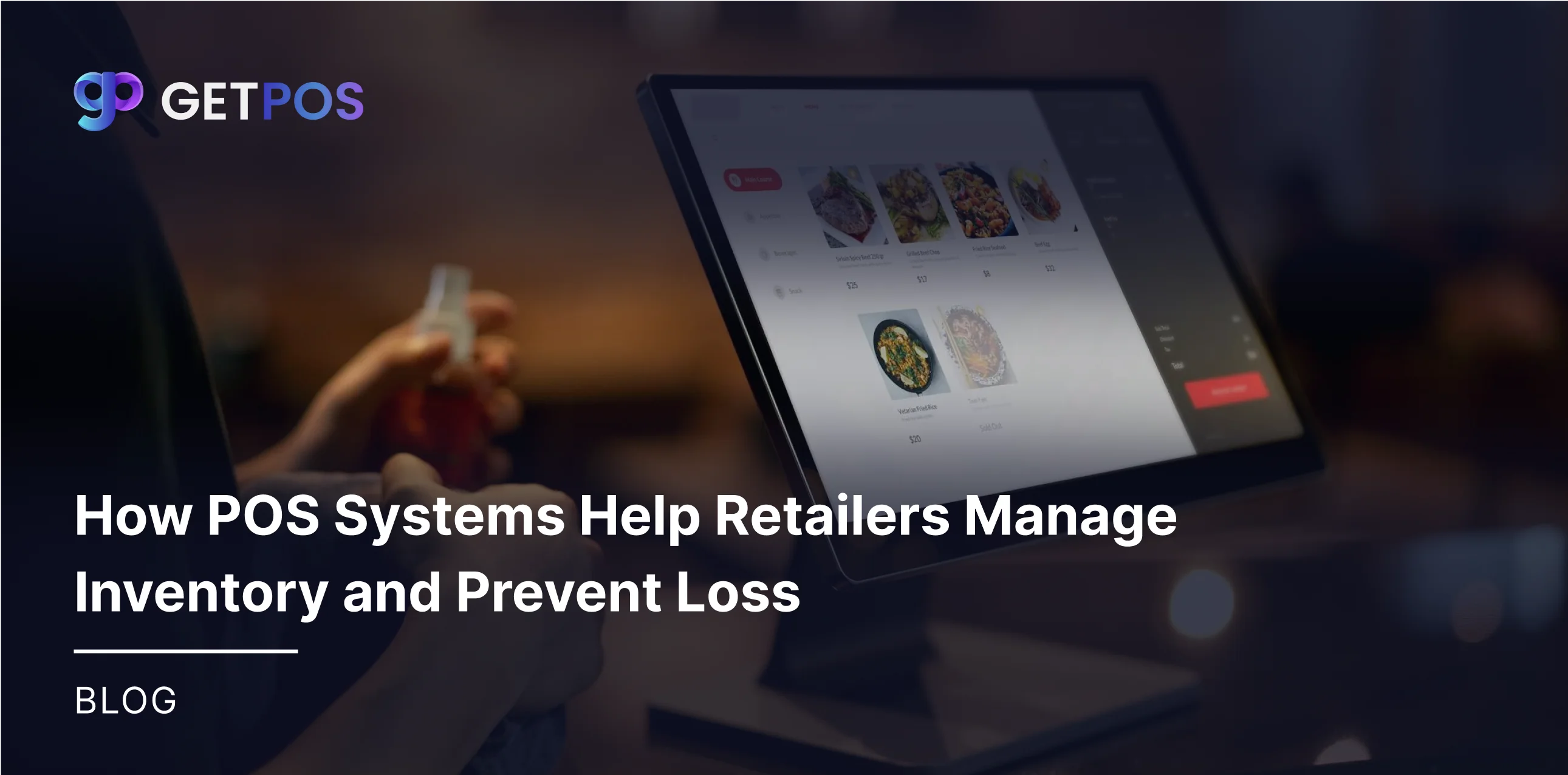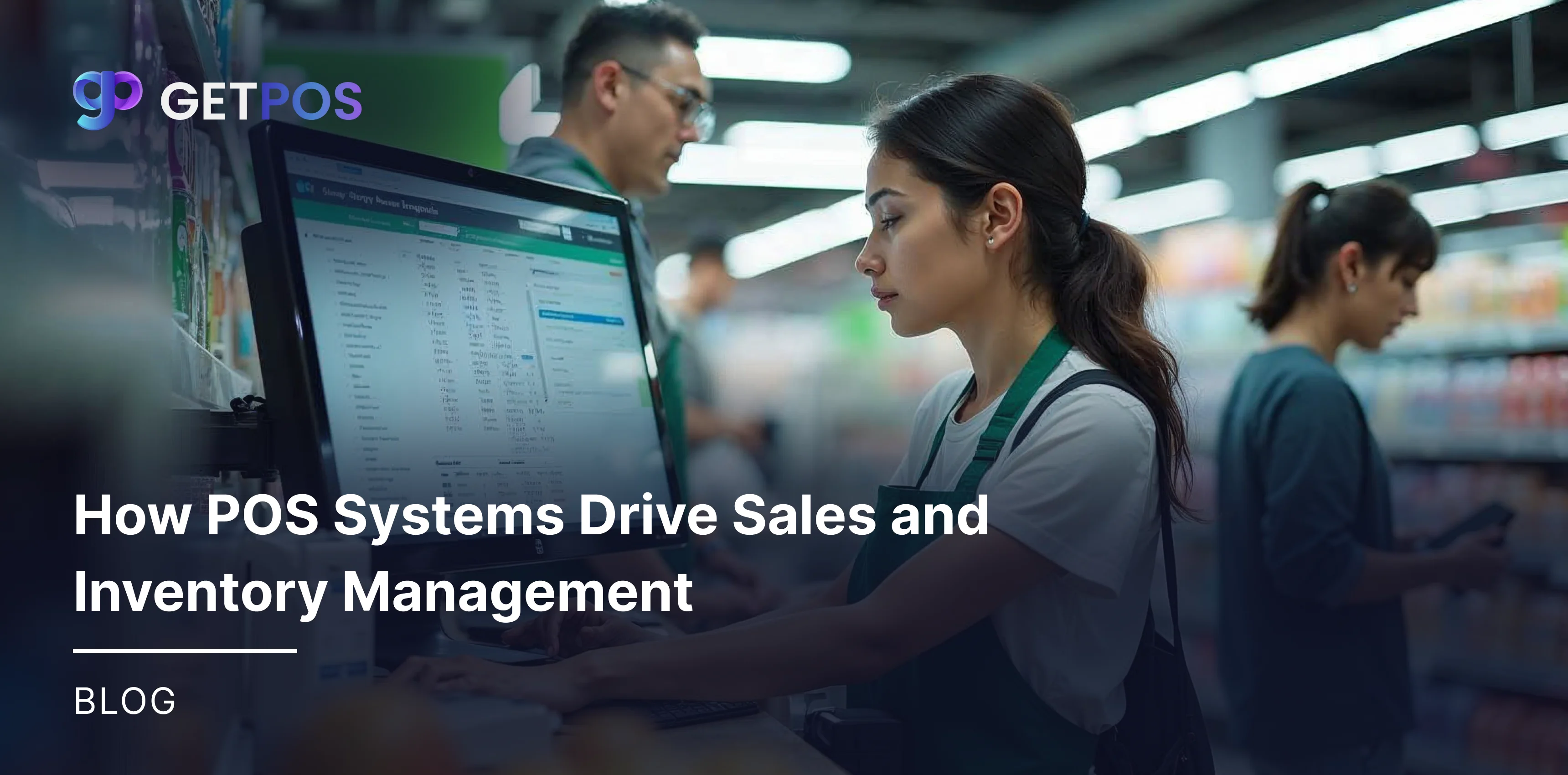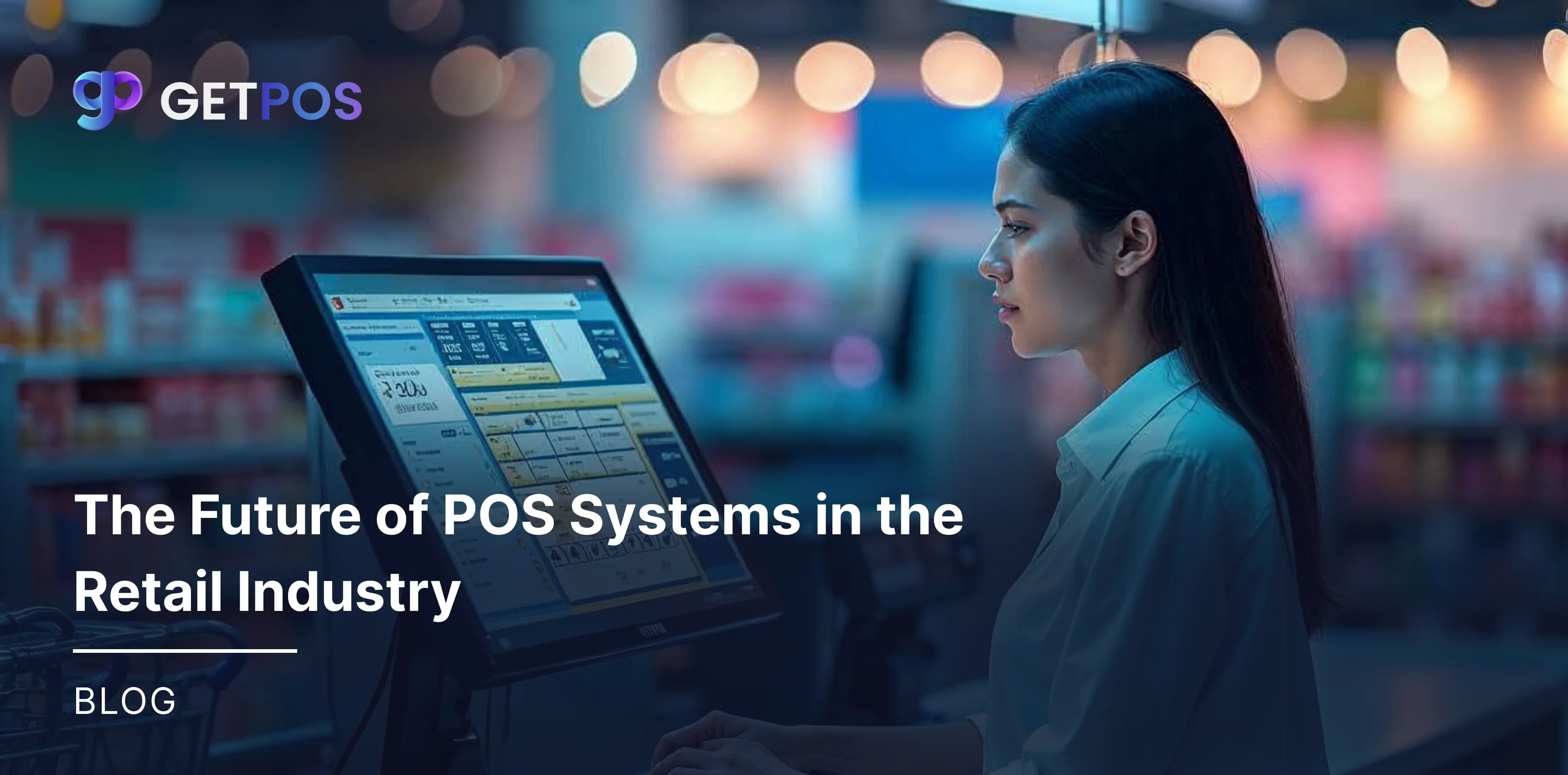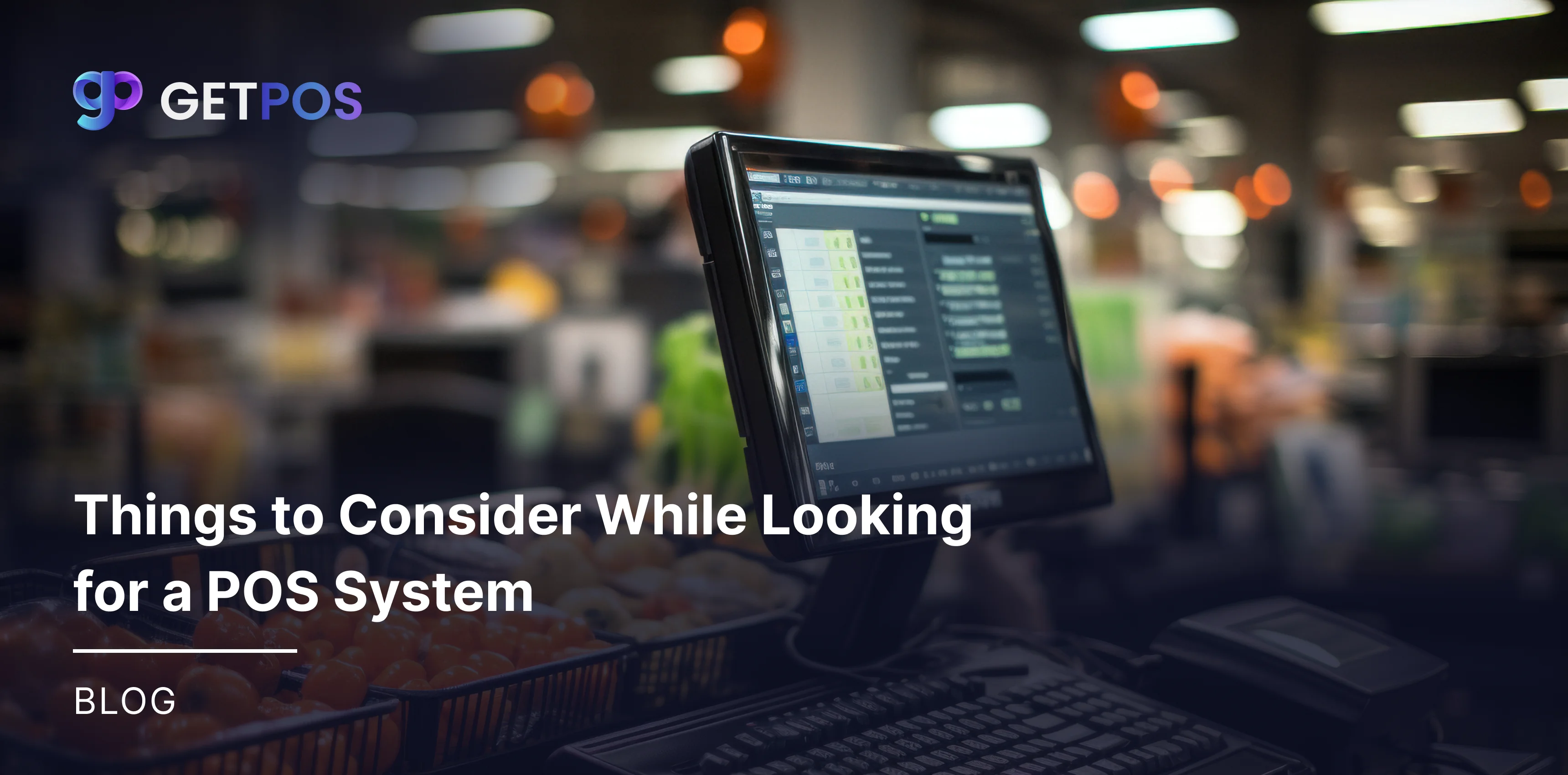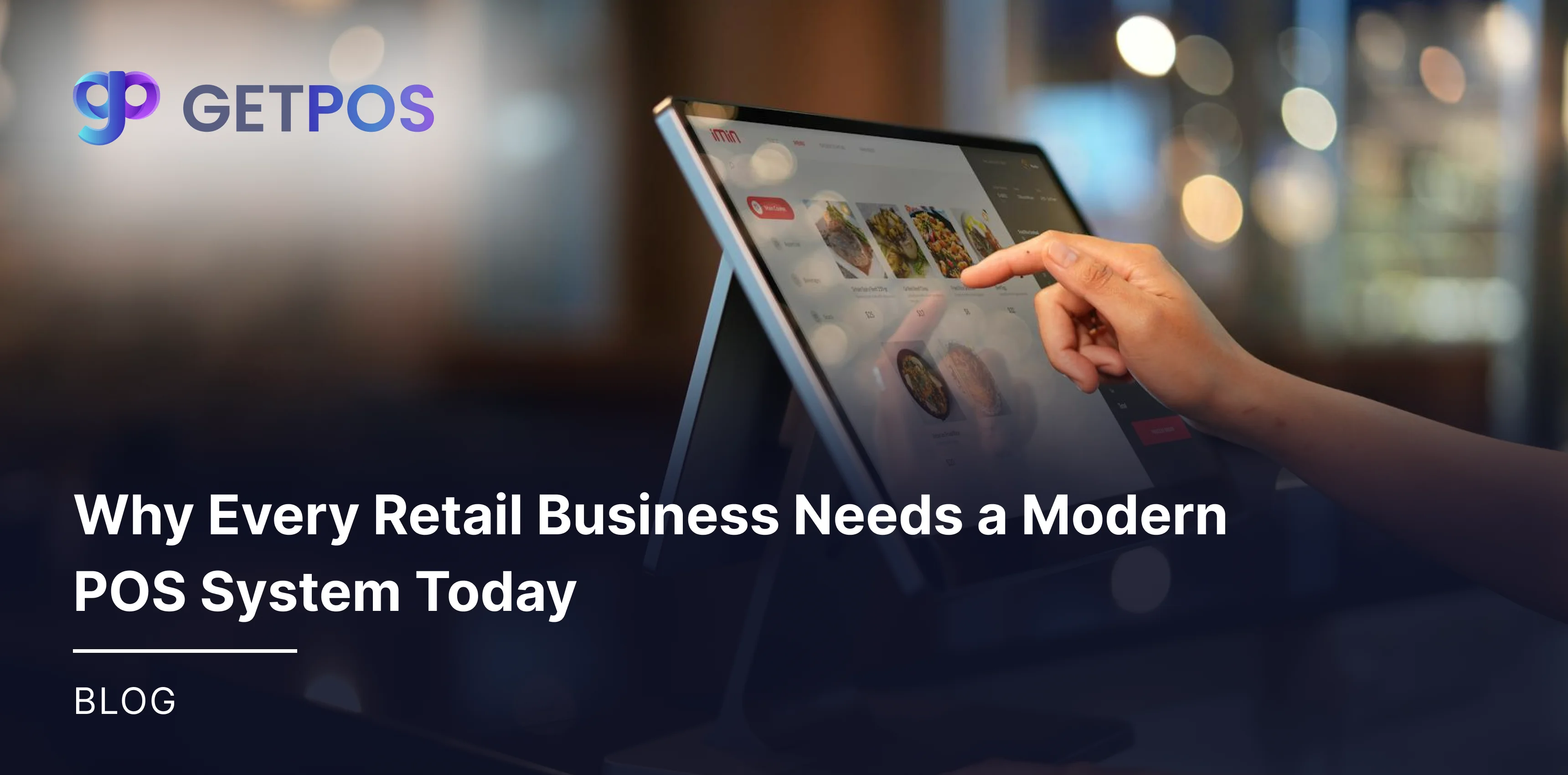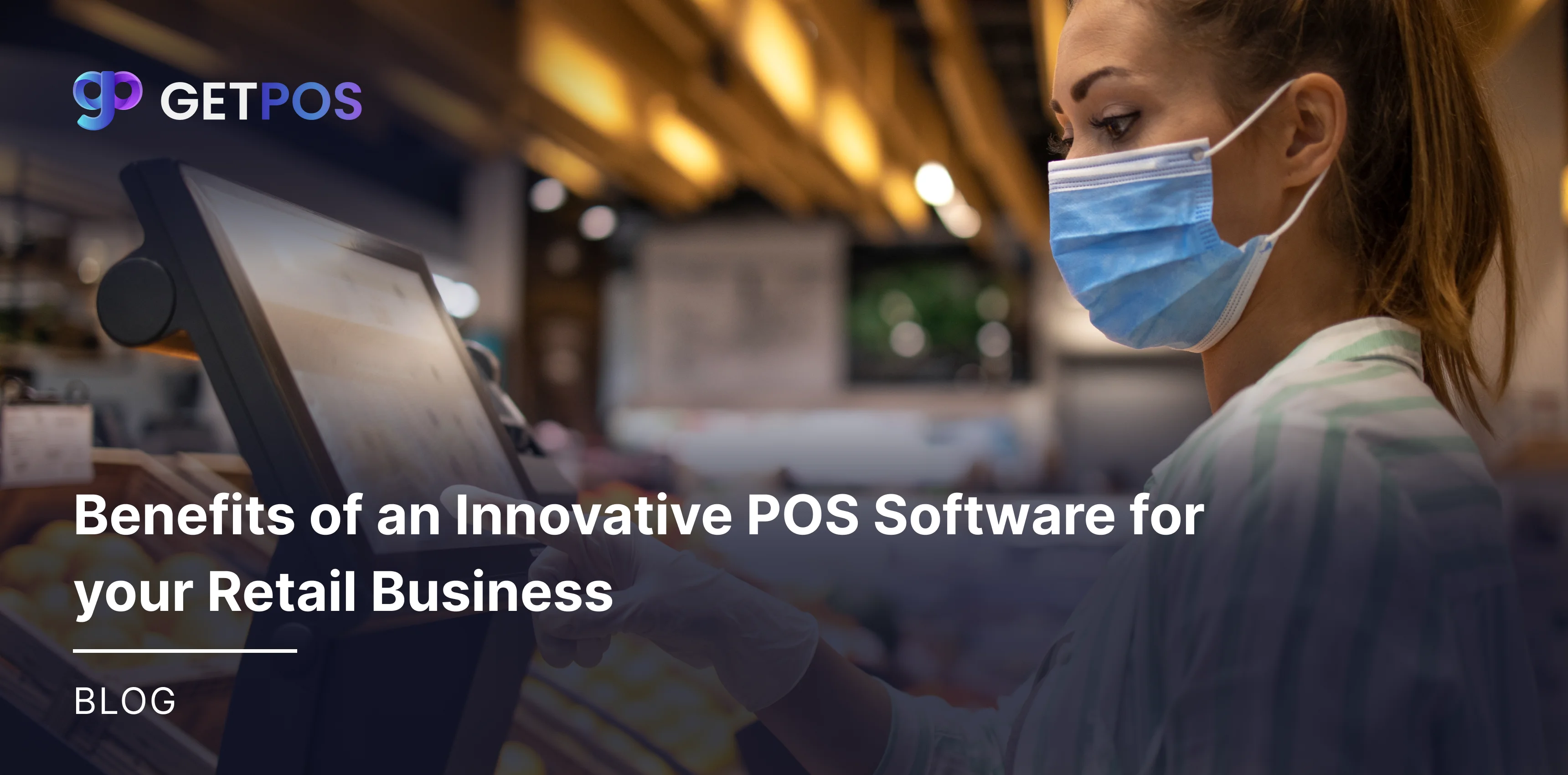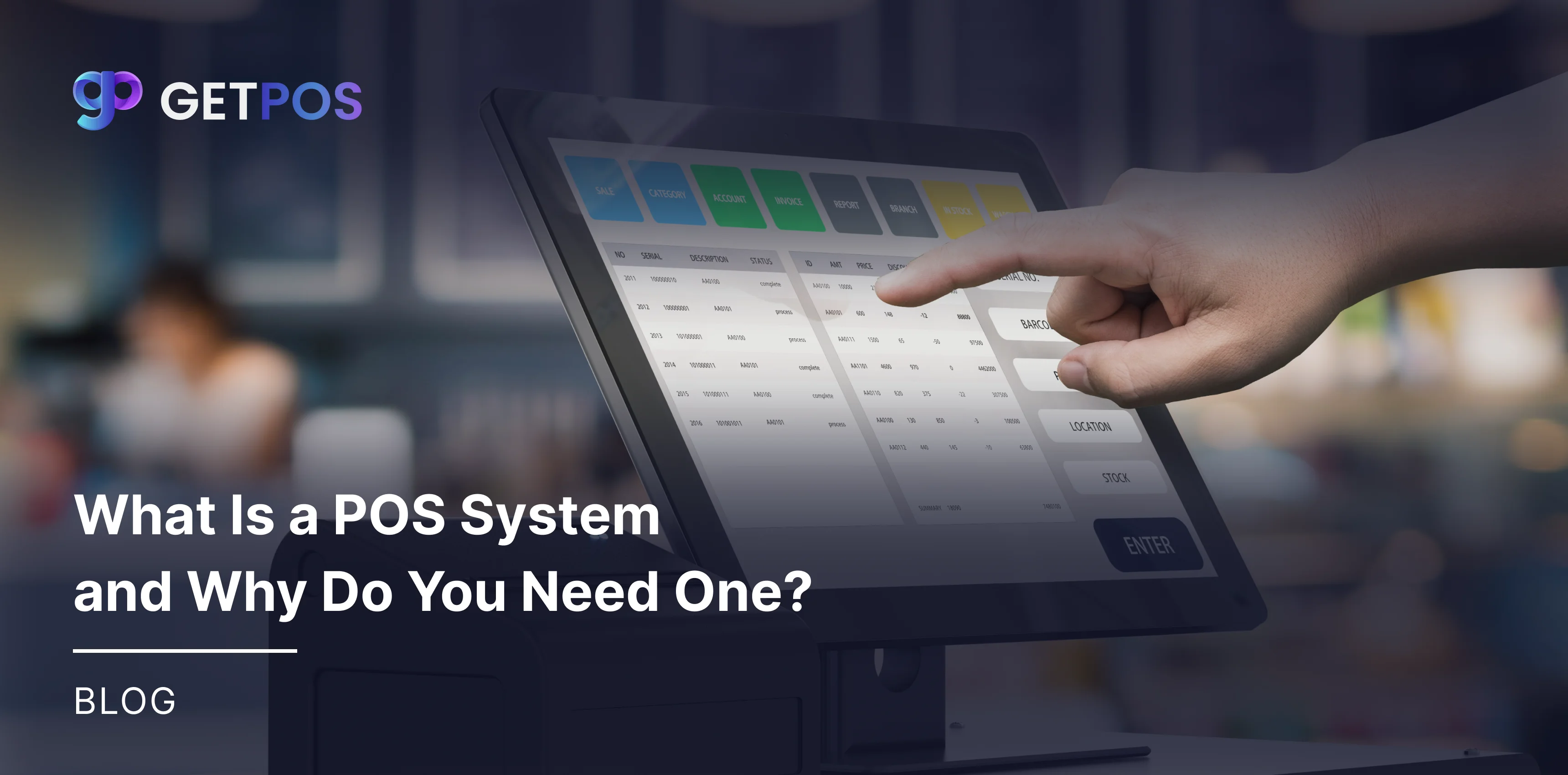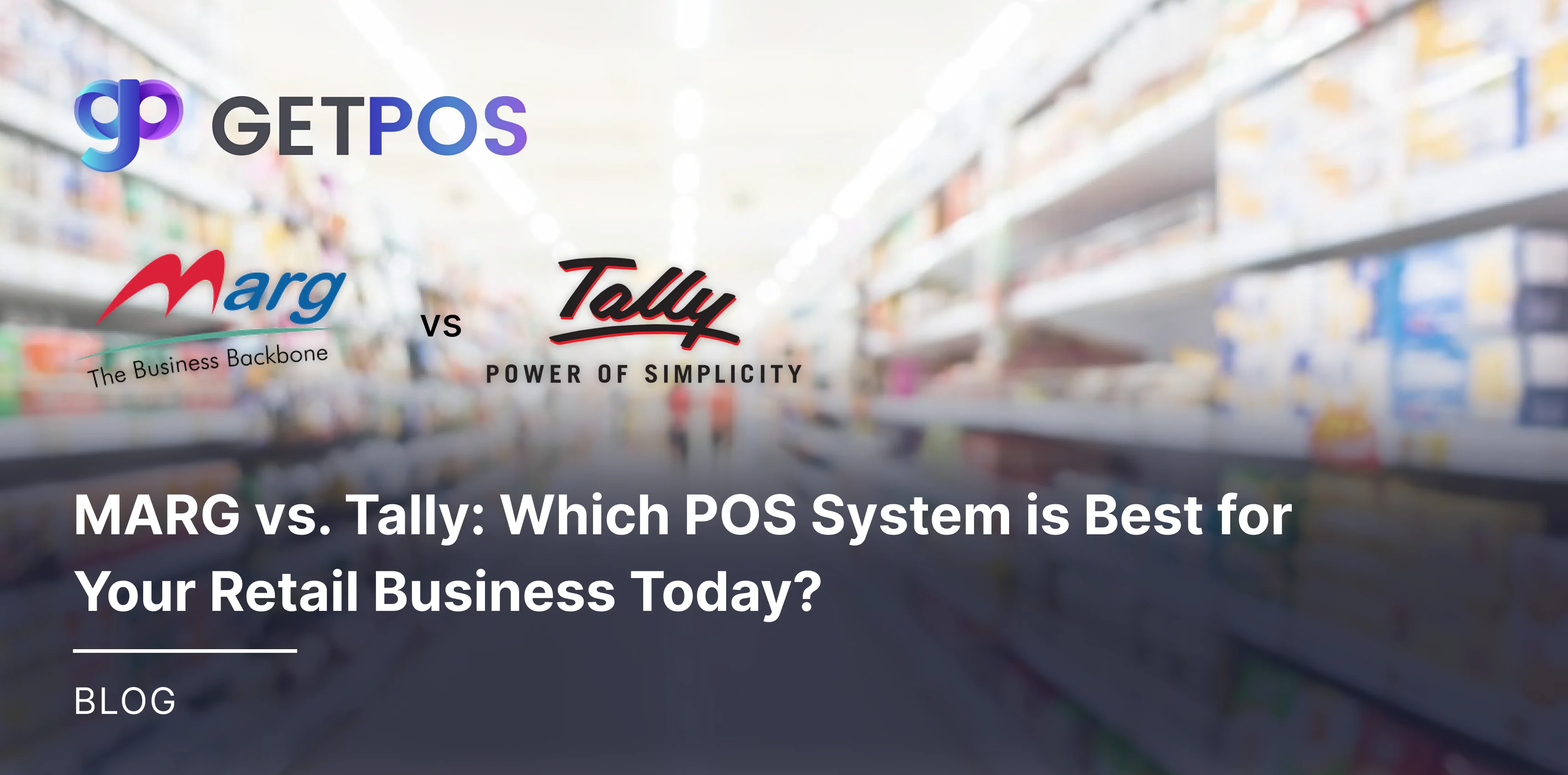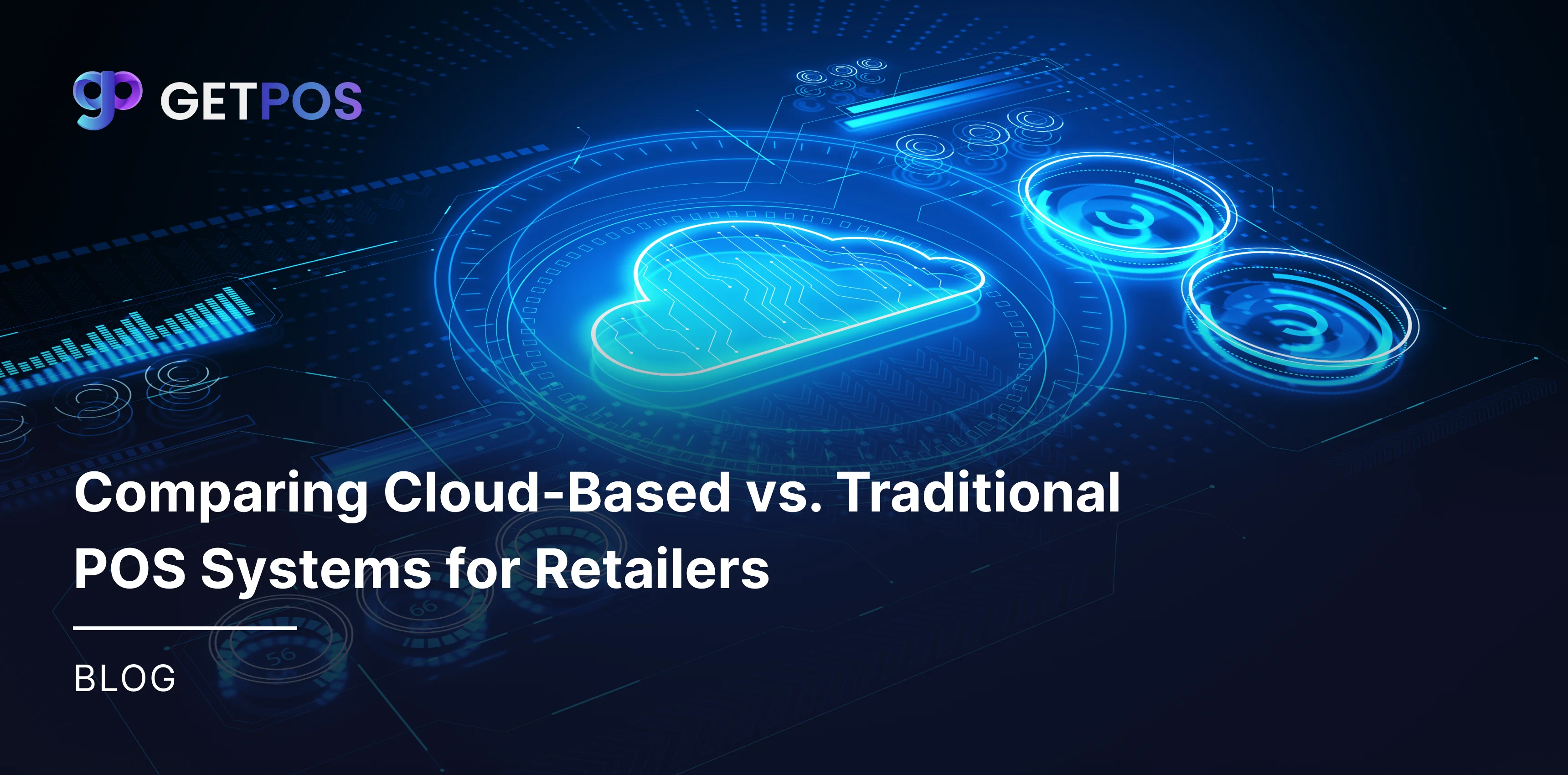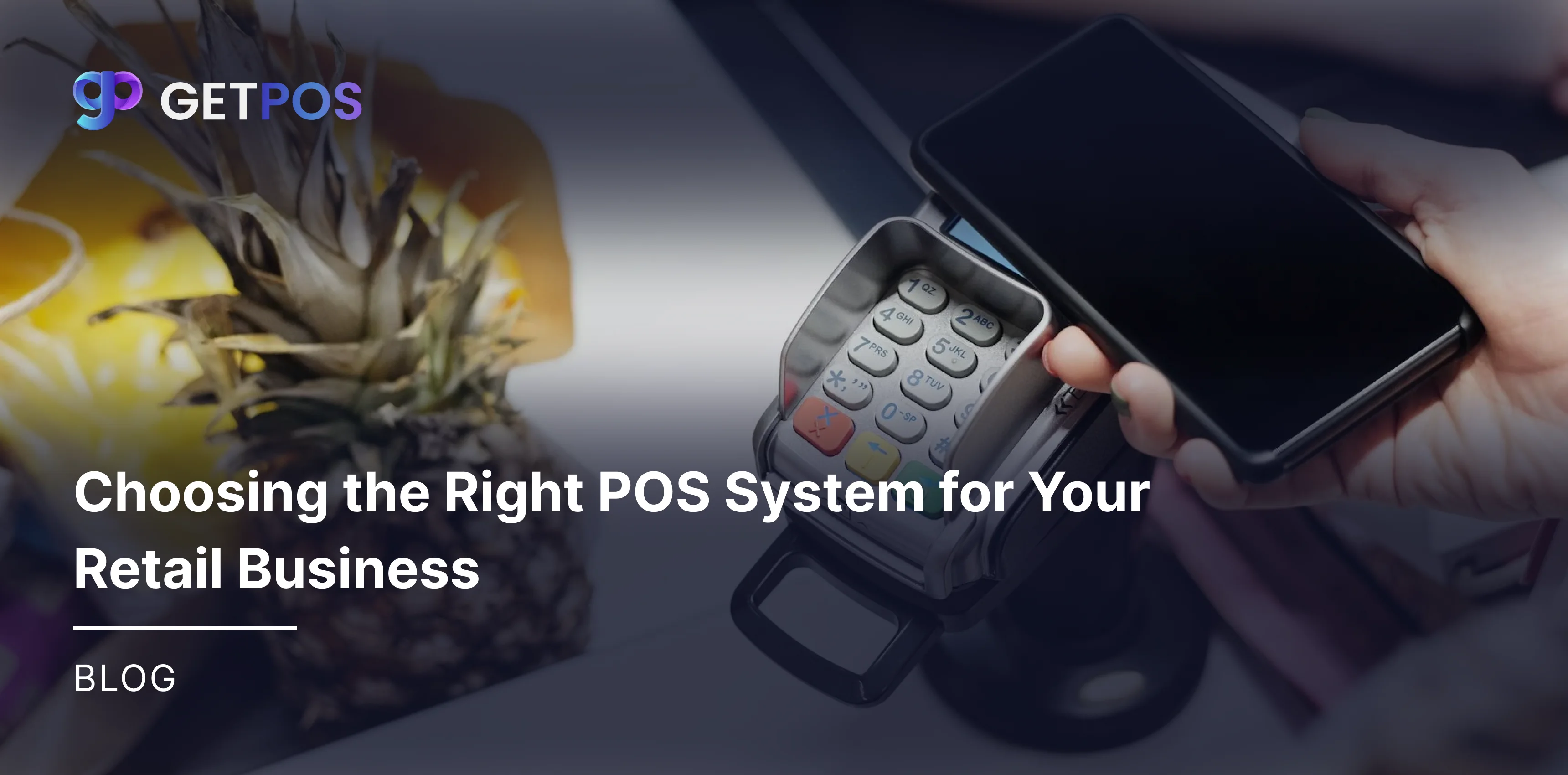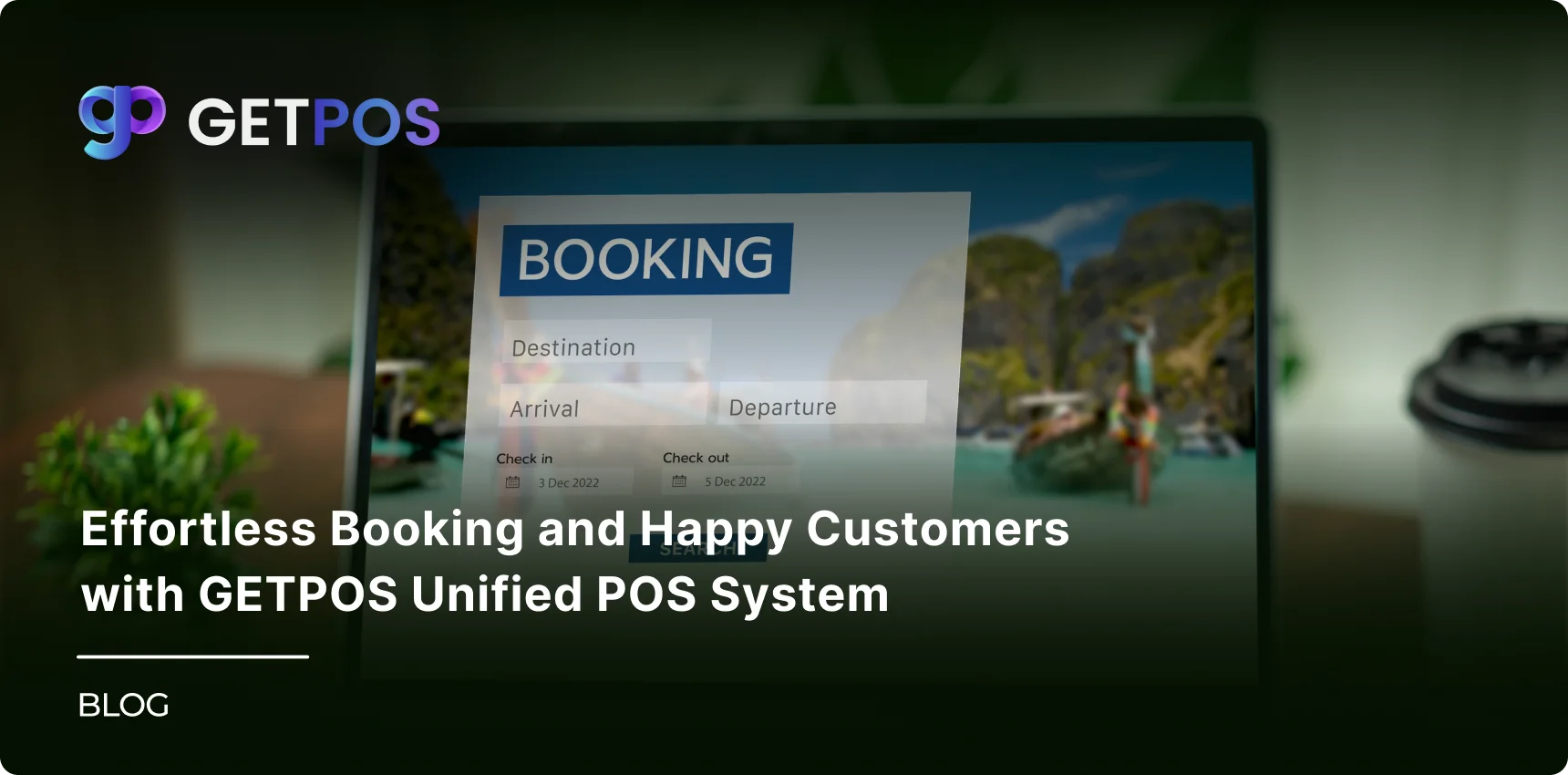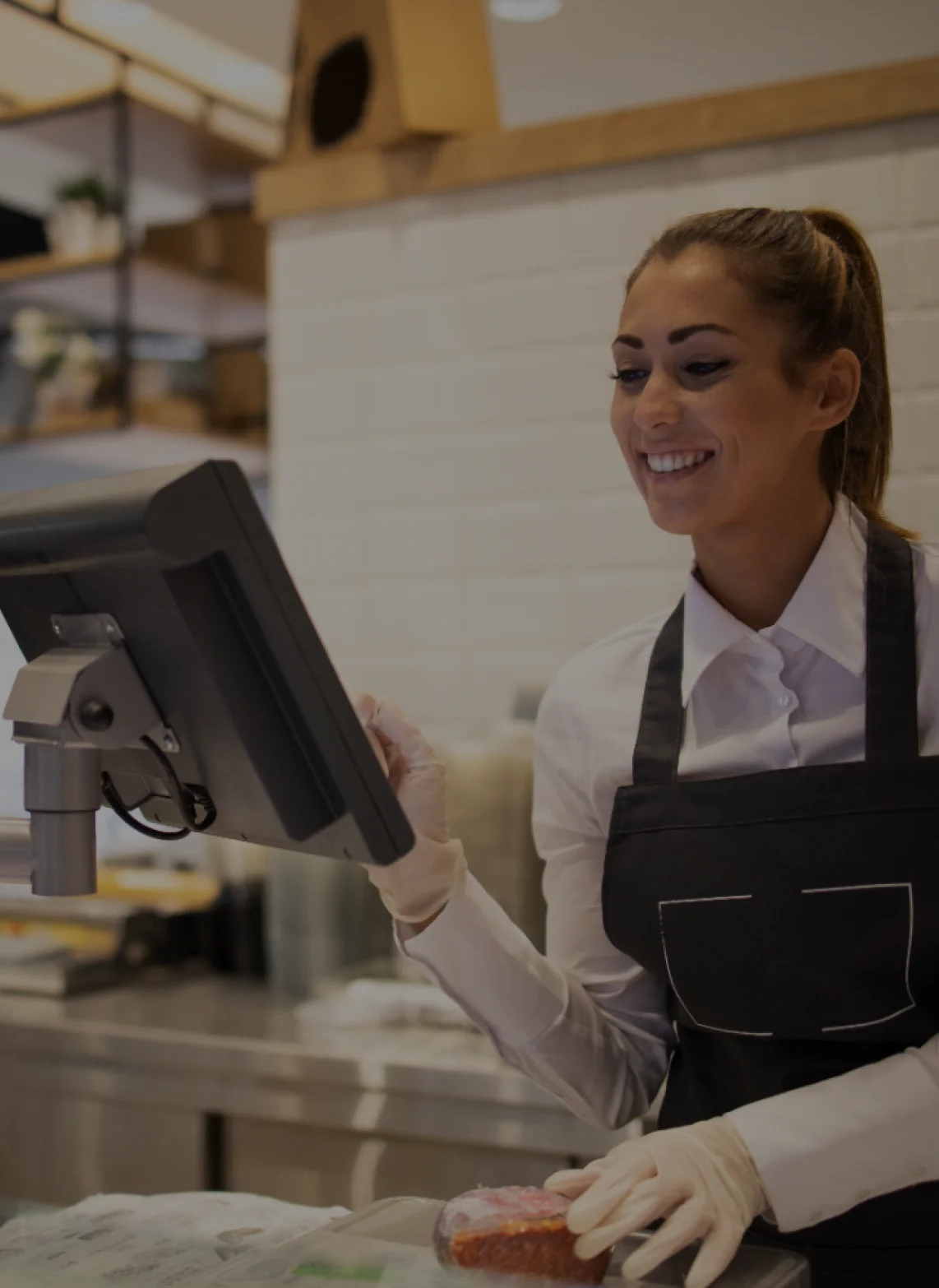Quick Summary
This blog post highlights five common financing mistakes retailers make with their POS system for retailers. It offers practical tips on avoiding issues like poor integration, focusing on total value, and leveraging customer data. By following these guidelines, retailers can improve efficiency, boost sales, and enhance customer loyalty for long-term success.
Table Of Contents
Introduction
If you already have or are looking to choose the right POS system for retailers, there are some very important features you usually look for that helps you manage your business. And yes, POS systems do help businesses manage many aspects, but more often than not, many retailers rush into financing deals, only to face hidden fees, outdated technology, or systems that don’t grow with their business. In this blog post, we’ll explore five common mistakes retailers make when financing their POS systems and how to avoid them. Whether you’re upgrading your existing system or investing in your first one, understanding these pitfalls can save you time, money, and stress.
Key Takeaways
Choose a POS system for retailers that integrates well with existing tools.
Ensure your system can grow with your business needs.
Focus on total value, not just the lowest price.
Analyze customer financing data to improve loyalty and sales.
Train staff to reduce pricing discrepancies and transaction errors.
Avoiding Pricing Discrepancies and Transaction Errors
One common mistake retailers make is not paying attention to pricing discrepancies and transaction errors. These problems can happen when the data in the POS system is outdated or when discounts are applied incorrectly. This can frustrate customers and lead to lost sales and financing mistakes with your POS system.
Another challenge can be transaction errors, like double-charging a customer or entering the wrong item, which can also create issues at checkout. These mistakes can slow down the process and make customers unhappy. When customers have a bad experience, they are less likely to return. To avoid these problems, it’s important to regularly update your retail store management software and train staff on how to use the POS system correctly. By doing this, you can ensure smooth transactions and keep your customers satisfied.
Want to know What Is POS System, read this.
Ignoring Integration of POS system for Retailers with Existing Retail Management Systems
Another mistake retailers make is ignoring the need for their POS system to work with existing retail management systems. When a POS system is a standalone tool that does not connect with other software, like accounting programs or eCommerce platforms, it can create many problems. For example, say if a bakery’s POS system does not sync with its inventory management tools, it may lead to stock discrepancies. This means the bakery could sell items that are out of stock or may not have enough supplies to meet the current customer demand.
So, to avoid these issues, it is important to choose a POS system for retailers that has good integration options. Look for systems that offer APIs and are compatible with your current software. This will help ensure that all parts of your business work together smoothly. By doing this, you can save time, reduce errors, and improve overall efficiency in your store.
Underestimating Your Business’s Scalability Needs
Every retailer big or small wants to grow and scale their business at some point, and when that comes, your systems should be capable of growing with you and managing the added load of inventory, customers, back end operations, etc. But here, many retailers make the mistake of underestimating their business’s scalability needs when choosing a POS system. This means they pick a system that cannot grow with their business. For example, if a retailer plans to open new locations or expand into online sales, a basic POS system for retailers may not be able to handle these changes.
But don’t worry, to avoid this problem, it is important to choose modular retail management systems that can be upgraded as your business grows. Before making a decision, ask yourself if the POS system can handle double the transactions or manage busy seasons when sales increase. By selecting a flexible system, you can ensure that your business can adapt and grow without facing limitations. This will help you stay competitive and meet customer demands effectively as your operations expand.
Not sure if you need Cloud-Based vs. Traditional POS Systems for Retailers, check out this blog.
Choosing or Prioritizing Price Over Total Value
Yes, price can be a concern for businesses when it comes to choosing or prioritizing when choosing the right POS system, especially if you are a small or medium business. But this is not new, one of the most common mistakes retailers make is choosing a POS system based only on the lowest upfront cost. While saving money is important, focusing only on price can lead to bigger problems later. Many cheaper systems may lack reliability, support, regular updates, and key features, that can hurt your business in the long run.
So, instead of just looking at the price, or the upfront cost of the POS software, it is better to compare systems based on their total value, features offered, suitability for your business, and your return on investment (ROI). For example, features like automated inventory management in retail management systems can save you labor costs and reduce errors. A cheap POS system that frequently breaks down can lead to lost sales and unhappy customers, costing you more than a slightly more expensive but reliable option. By considering the overall value and long-term benefits, you can make a smarter choice that supports your business’s growth and success.
Read more about Mobile Pos Solutions Retail Landscape.
Neglecting Customer Financing Data to Boost Their Brand Loyalty
When we are talking about the financing mistakes that retailers usually make, we cannot ignore the fact that most retailers do not use their POS data gathered over time in the system. Many retailers overlook the valuable customer financing data stored in their retail management software, missing opportunities to boost loyalty and drive repeat sales. This data provides insights into customer preferences, such as popular payment plans or seasonal buying habits, which can help retailers create targeted offers and improve customer retention.
For example, a furniture store might notice that customers who finance sofas often return to purchase lamps. Using this insight, the store can create bundled deals to encourage additional purchases. By leveraging retail management systems, businesses can analyze financing trends and personalize marketing campaigns based on customer purchase history or payment preferences.
Investing time in understanding this data allows retailers to build stronger customer relationships, increase sales, and enhance brand loyalty. A well-utilized POS system for retailers can turn raw data into actionable strategies that keep customers coming back.
Read to understand the Benefits of POS Software for your Retail Business.
End of Line
Avoiding common financing mistakes with your POS system for retailers can help your business succeed. By ensuring your system integrates well with existing tools, meets your growth needs, and focuses on total value rather than just price, you can make better decisions. By being aware of these pitfalls and taking action to avoid them, you can create a more efficient and profitable retail operation. Investing in the right retail management systems will pay off in the long run and support your business’s growth.
Frequently Asked Questions
Usually, leasing POS system for retailers can cost less upfront but may cost more long-term, so buying is cheaper over time but needs a higher initial investment.
You can track buying habits to offer personalized deals, and also use financing data to suggest payment plans or products returning customers love.
You can ask if the POS system for retailers supports adding registers, locations, or features like eCommerce, and mainly test if it handles high sales volumes during trials.


